


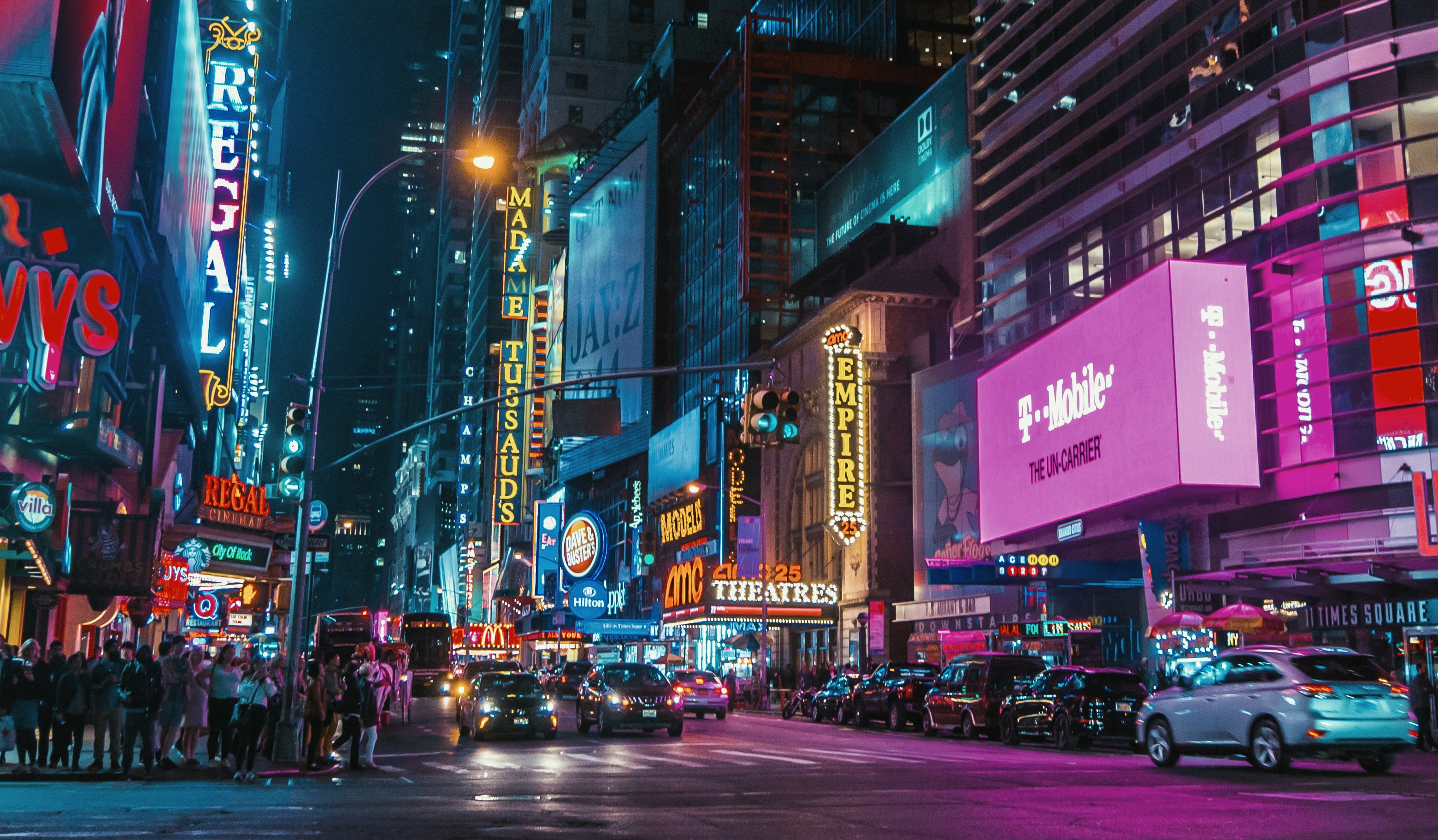

After months of restrictions, lockdowns and uncertainty, the world is yearning to open up once again. And in the UK, the coming months signal that long anticipated freedom – as well as a whole new breed of consumer trends.
If all goes ahead as planned, the next month will see an end to all legal limits on social contact and a reopening of clubs and theatres. With such a momentous day approaching – one that, for many, symbolises a victory over months of turmoil – we wanted to pulse check our UK community’s feelings about reopening.
Would they be returning to normal life and all that involves? Would they be eager to socialise, party and spend? Or would they be cautious and concerned about safety?
And what of the predicted ‘Roaring Twenties’? Will we really see a time of exuberance, decadence and hedonism? Will it be spend, spend, spend after nearly two years of restrictions? Or will frugality, caution and concern continue to characterise the remainder of the decade? Here’s what our UK community had to say…

Spend, spend, spend
Our UK community are loosening their purse strings this summer, with 36% admitting they’ll spend more than they did over the last few months post-lockdown, and 21% saying they’ll spend more than they did in lockdown.
Their money will be divided across travel, socialising, drinking, eating, spending time with family, partying, shopping (online and in-store) and beauty appointments. Amongst all this celebration and bacchanalia, there was little money left over for gym memberships and exercise, with 74% confessing their money would not be going on keeping fit.
Bulbshare User, Female, 16, 🇬🇧
Bulbshare User, Male, 53, 🇬🇧

A flight to nowhere
The travel industry has been one of the hardest hit by the pandemic, with the UK’s stringent traffic light system leaving little room for hope for a holiday. That being said, 56% of the community were still keen to travel. 18% are hoping to jet away, and 31% are considering a staycation. 18% are holding out for a last minute booking and 33% are staying firmly on home ground this year.
Bulbshare User, Male, 55, 🇬🇧
Bulbshare User, Female, 38, 🇬🇧
Bulbshare User, Female, 20, 🇬🇧
Bulbshare User, Female, 18, 🇬🇧

Booze is back in business
After months of closure, the hospitality industry is hungering for clientele again. Thankfully, our community are willing to oblige. 73% will be dining and drinking out. 62% said they will be going to bars and pubs and 54% are headed to restaurants and cafes. For 11% a bottomless brunch is even on the menu!
Bulbshare User, Male, 39, 🇬🇧
Bulbshare User, Female, 18, 🇬🇧
Bulbshare User, Female, 19, 🇬🇧
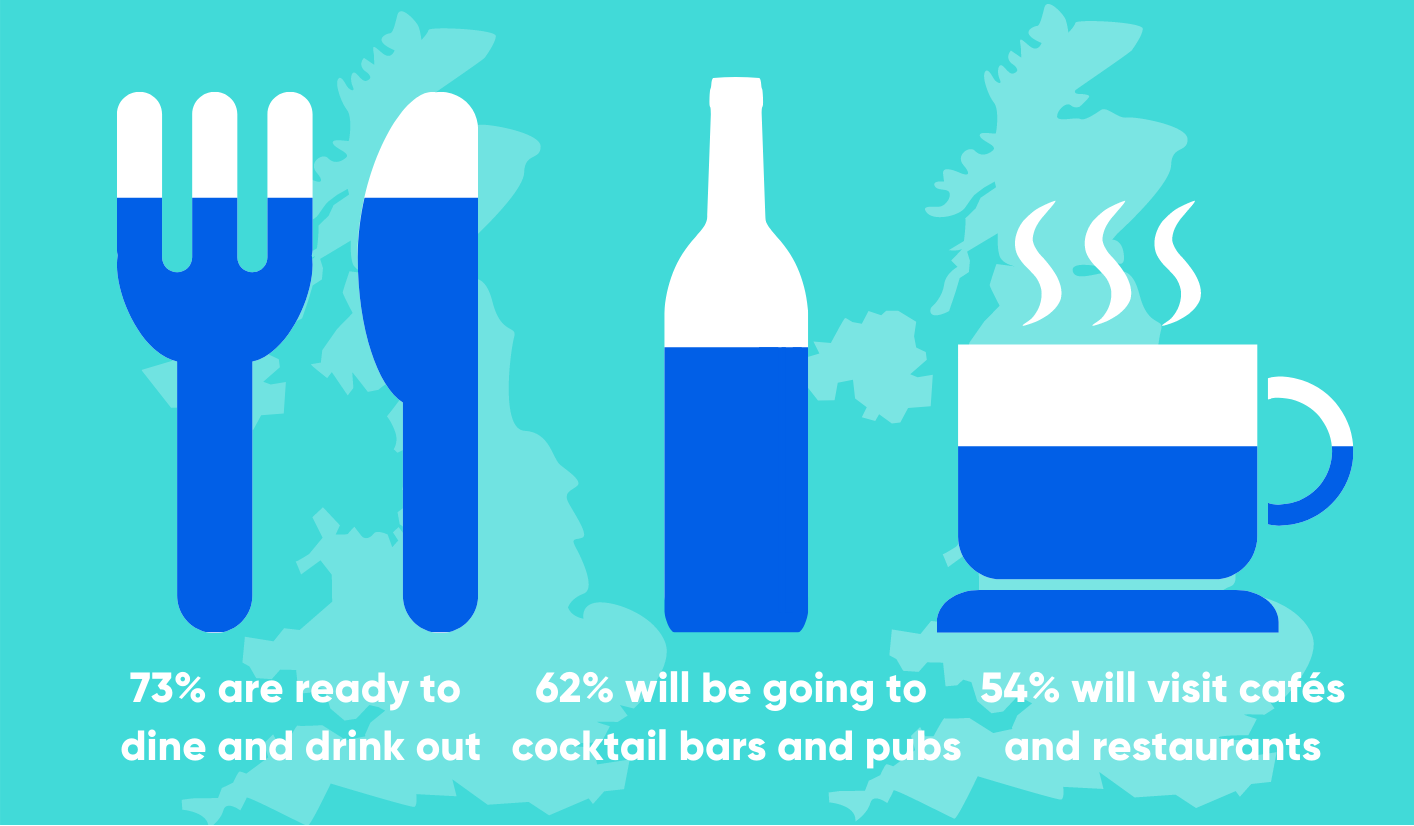
A return to commutes and suits
As offices reopen and flexi-working becomes the norm, the food-to-go category can finally claw its way back from obscurity. With 59% saying they’ll buy lunch on the go again, the meal deal can make a return. Despite this, our community are reluctant to invest in seasonal train tickets, with only 30% intending to purchase any tickets.
Bulbshare User, Female, 20, 🇬🇧
The health craze is a distant memory
With reopened restaurants, flowing drinks and celebrations, there was little time for the gym and exercise. Instead, community members are happy to spend their money on bottled beer and BBQs. Only 26% are going to buy a gym membership and 73% still intend to get takeaways.
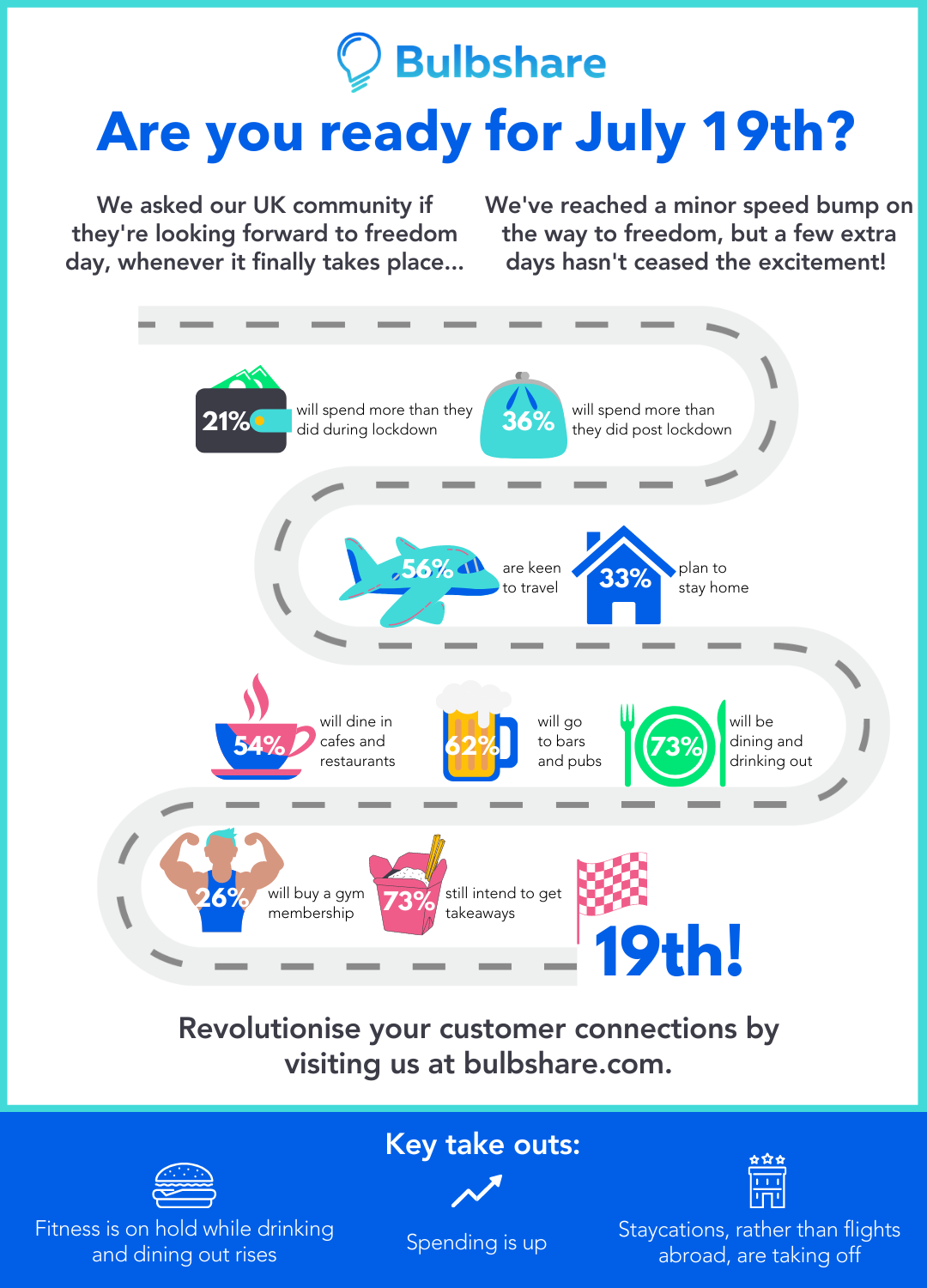
Are we washing our hands of hand sanitiser?
In order to facilitate this new and wild lifestyle, our UK community still felt the need to maintain safety measures. When asked if they’d still be investing in sanitiser post-restrictions, 73% said yes – and half are still going to purchase masks. Many of those sampled said that they imagine masks are not gone for good, with mentions of winter foreboding more restrictions, and others saying that they will keep some measures in place till they are fully vaccinated.

What is the true meaning of freedom day?
68% said they will be socialising more and 65% said life will be irrevocably changed after lifting restrictions. Despite this relative optimism, only 30% think the UK has reached the finish line for the pandemic – and the other 70% think anything could happen. 32% still feel cautious about rushing back to normality and 35% feel life won’t get better after this date.
Bulbshare User, Female, 50, 🇬🇧
Bulbshare User, Male, 39, 🇬🇧
Bulbshare User, Female, 53, 🇬🇧
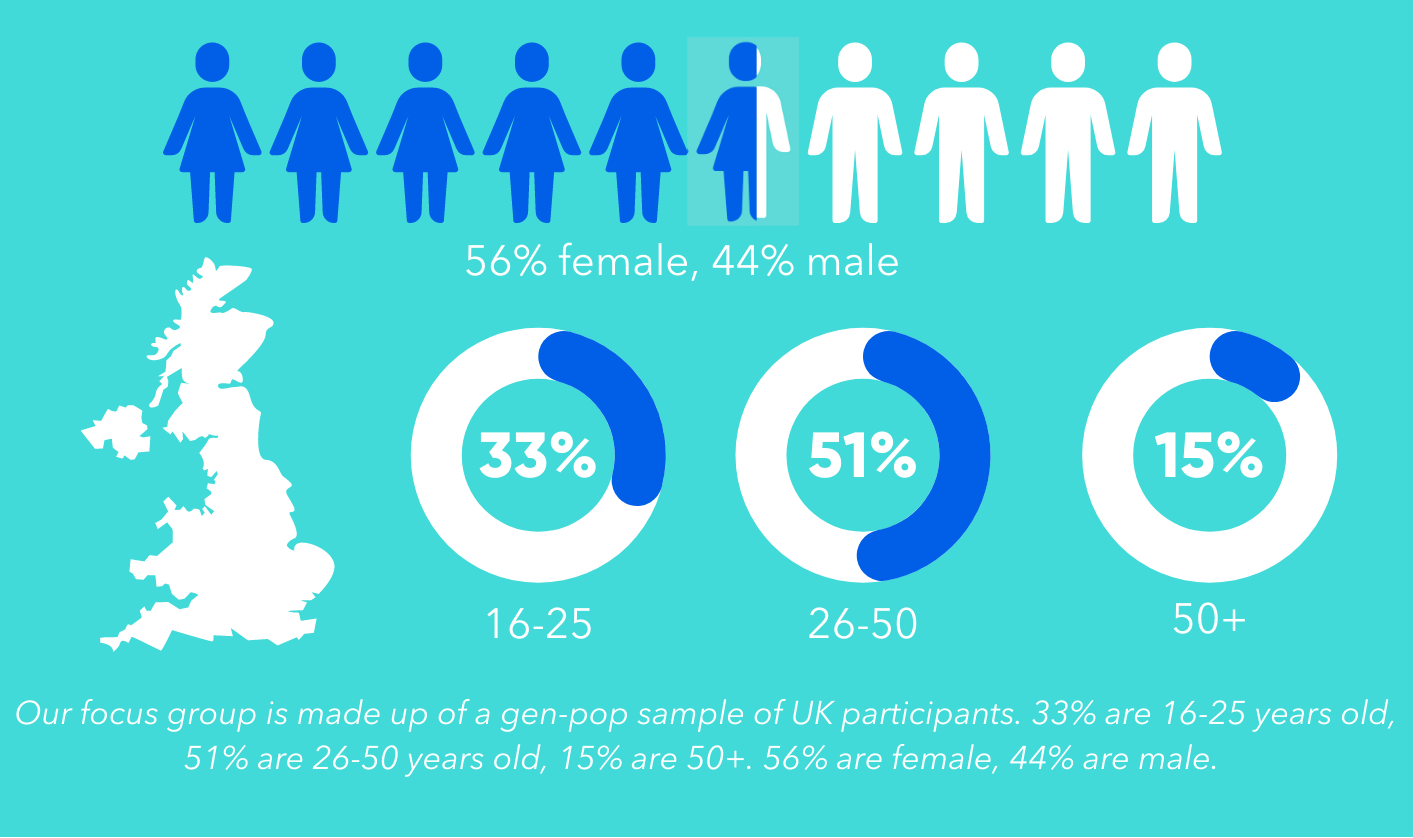
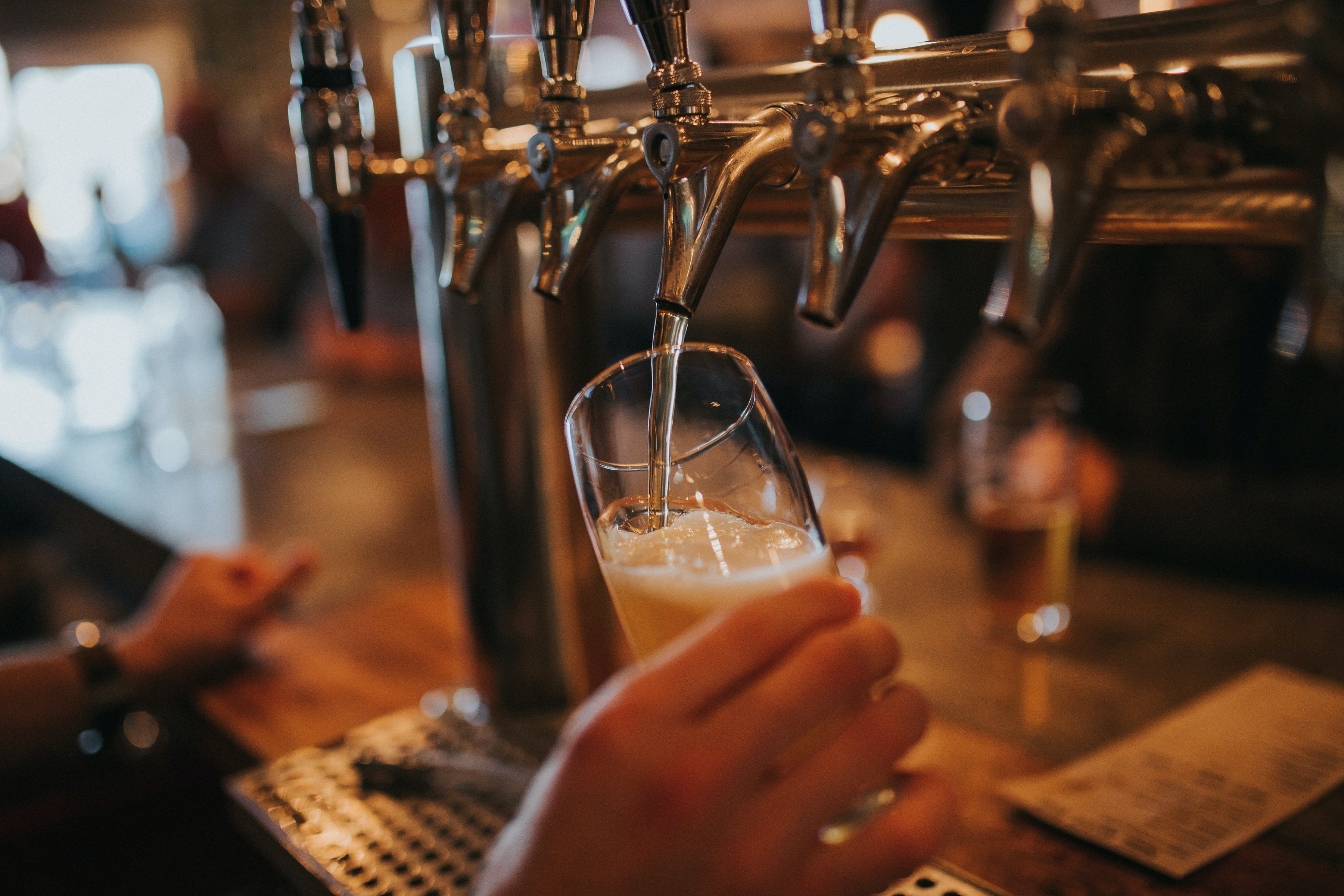
As the UK begins to reopen and cities blossom with life once again, we checked in with our community to see if they were excited for the return of the hospitality industry.
Here’s what they had to say…
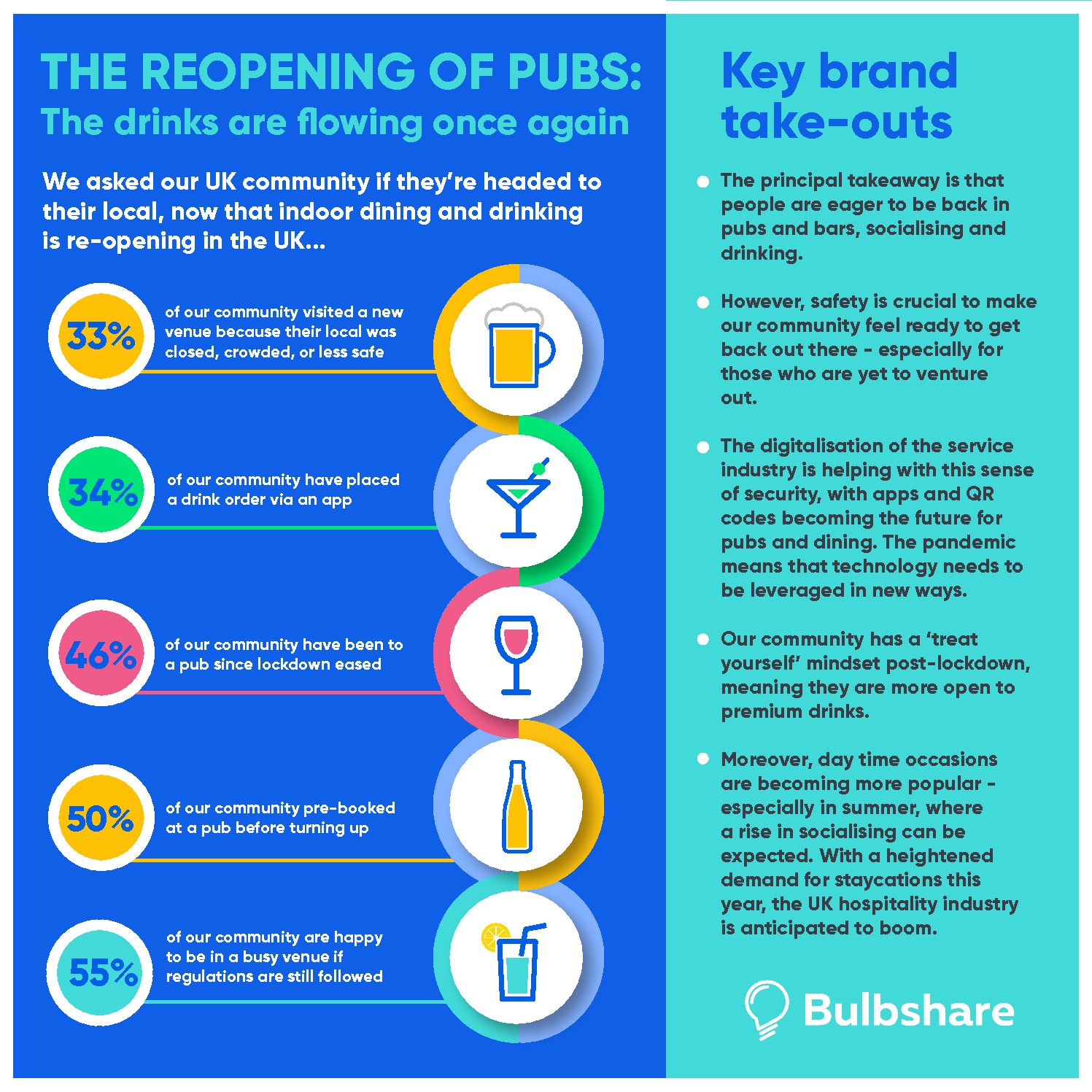
Though there was eagerness to return to a life that isn’t defined by masks, working from home and zoom quizzes, there was consternation over safety.
That being said, half of the community were willing to try a bar or pub that had a lively atmosphere and a lot of customers.
The industry should anticipate customers ready to spend on premium products, and prepare for the digitalisation of service.
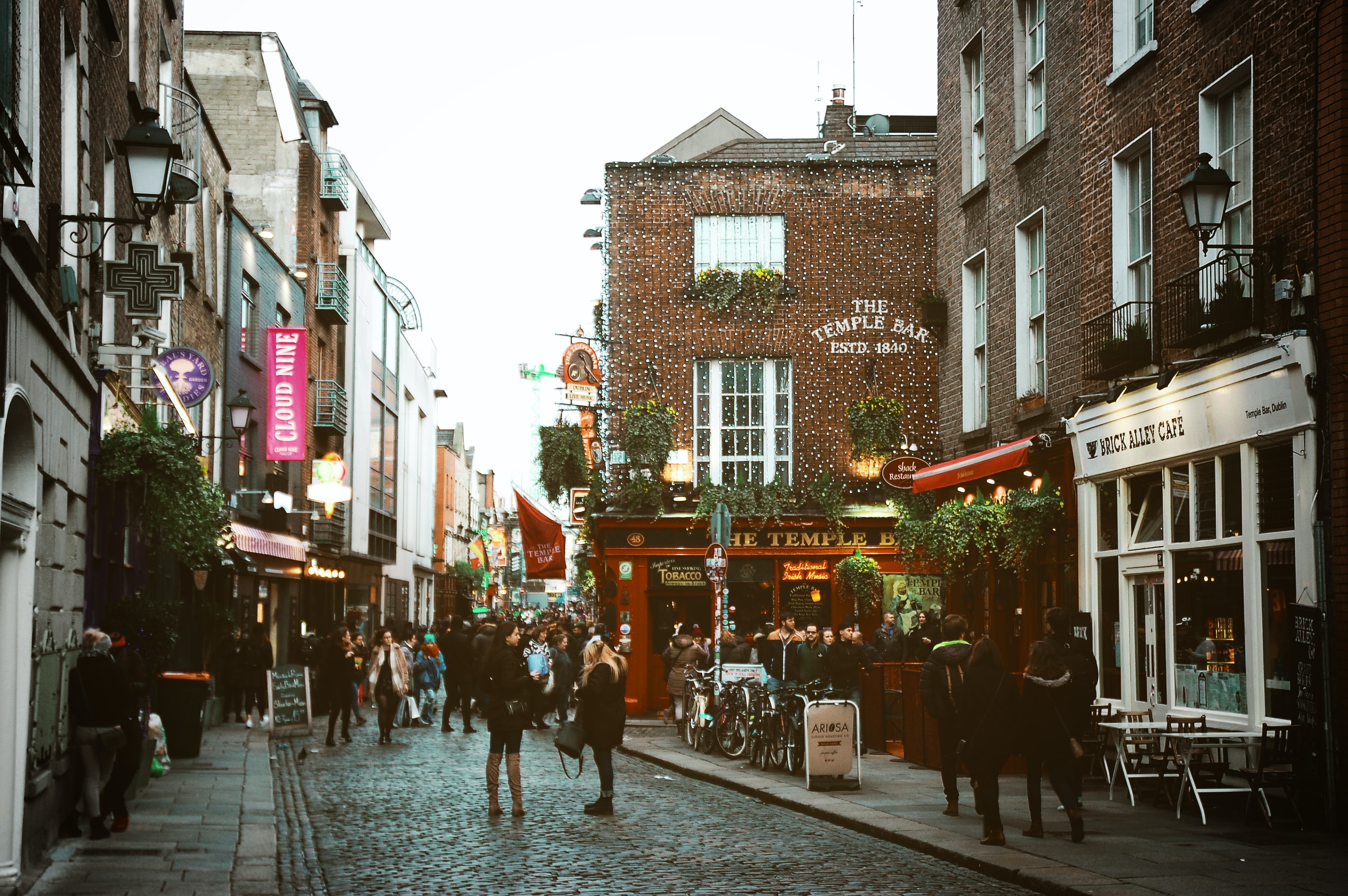
The key insights around the future of socialising…
Join us for an hour of insights examining emerging consumer behaviours as we return to eating and drinking in public spaces like coffee shops, restaurants and bars.
We’ll look at consumer perspectives on how the service industry has reacted and chart the key consumer trends impacting the future for brands.
Featuring industry experts:
👉 Rhys Humm: New Business Development, Costa Coffee
👉 Elizabeth Davies: Senior Category Manager, Budweiser Brewing Group
👉 Louise Hughes: Collaboration Director, Bulbshare / Retail Strategy Expert, Boots, Reckitt Benckiser, AB InBev
👉 Sebastian Szczukiewicz: Client Collaboration Lead, Bulbshare
Request our webinar recording now to unlock all the insights…
Request our webinar recording now to unlock all the insights. Just share your details below and we’ll email you with a link…

The UK’s new traffic light system has everyone eagerly hanging on for the green light for holidays abroad. So, we approached our global insight community and asked them if they’re desperate to be relaxing on an exotic beach somewhere – or if they prefer the safety of home this year.
Here’s what they had to say…
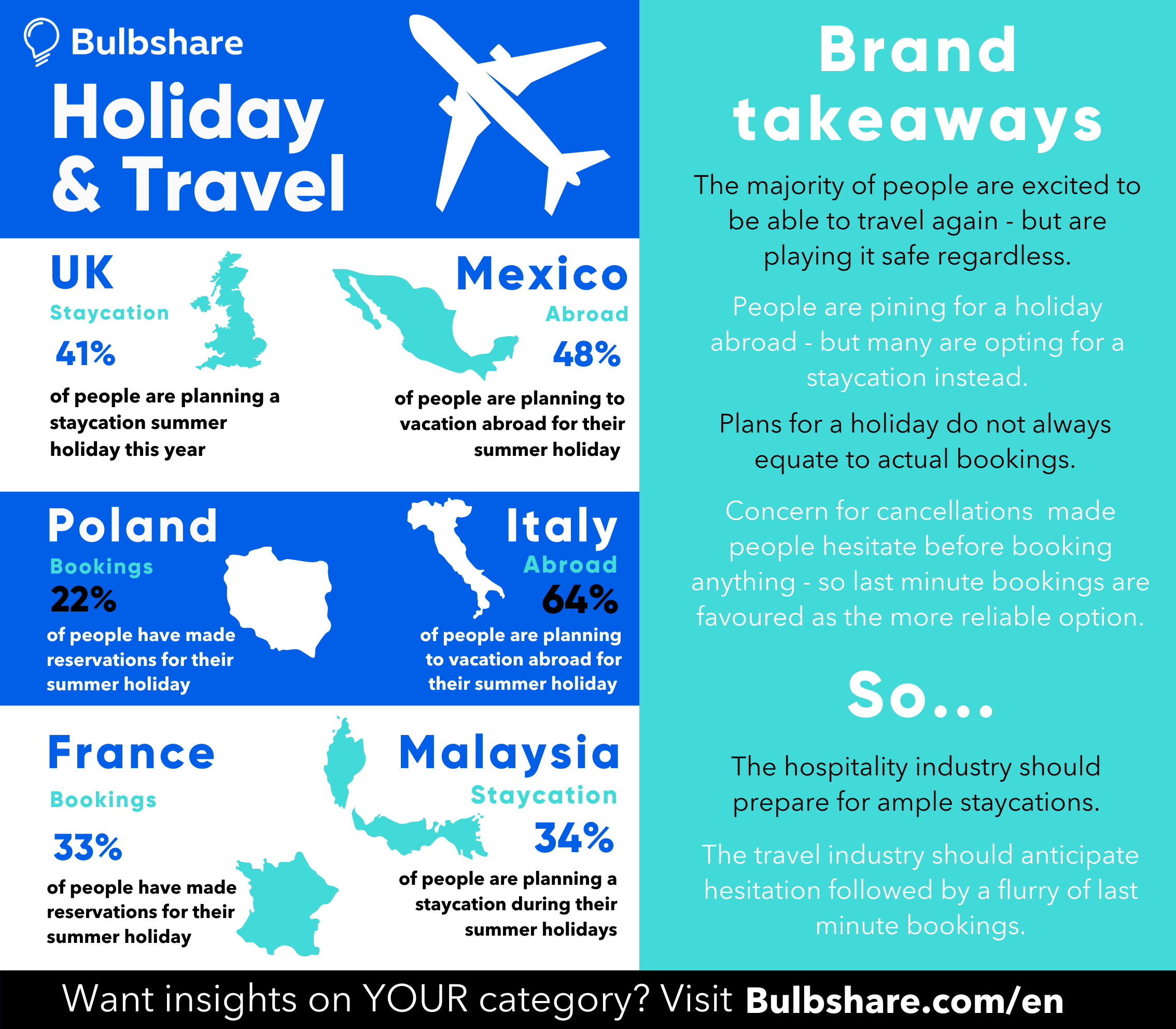
“Because, after having so many obligations and duties during lockdown, I would like to relax and be treated. But above anything else, travel is good for our economy.” – Bulbshare user, Male, 43, Italy
Despite restrictions, ambiguity and costs, there is a shared enthusiasm for travel amongst all communities. 78% of our Polish users, 84% of our Italian users, 92% of our Malaysian users and 64% of our UK users all have their fingers crossed for a holiday this year. Whether that translates to bookings and plans is another question, so travel agencies will have their work cut out for them in converting desire into determination…

If ever there was a lesson in the chaos that results from not listening to your audience, the Super League is it. Within moments of discovering the plan to launch an exclusive European league of only the richest and most powerful clubs, fans had already shown the Super League the red card.
After unheard of commotion and protest within the football community – from fans, commentators and broadcasters – the biggest clubs in the continent returned with their tail between their legs, forced to apologise.
With no risk, dynamism or democracy, fans prophesied that this would be the end of the beautiful game.
So, how can we all learn from this carnage and find meaning in the rubble of this plan? The answer is, of course, listening to the players on and off the pitch – the fans, the audiences, the real investors.
We asked our global insight community for their reactions to this league. This is what they had to say…

What is it and what went wrong?
As the Financial Times explains, ‘Twelve of Europe’s top clubs planned to shake up the sport. Instead, the project collapsed spectacularly in just 48 hours’.
The radical project was spearheaded by billionaire and president of Real Madrid, Florentino Peréz. As time progressed, a dozen clubs had signed on to the programme – and effectively signed their own death warrant in the eyes of their fans. The plan, which was revealed on Sunday 18th April, cast doubt over the future of the Champions League, the Premier League and the European Championships.
After a seismic week, fans were ready to say RIP football.
We asked our digital community for their opinions on the Super League. 72% were vehemently against it – and 54% expressed a negative emotional reaction. Had the organisers considered the reactions of their fans, they may have discovered that over half of people disagreed with it, and acted accordingly.
Bulbshare user, Female, 24, 🇬🇧
Bulbshare user, Female, 34, 🇬🇧
The humiliation of hindsight
In this whirlwind of humiliation that could have been avoided, one truth becomes evident: foresight is more powerful than hindsight. As chairmen and owners have been forced to apologise, we can conclude that there actually is such a thing as bad publicity. This scrambling to win back fans is a prime example of what happens when you act first and think second.
German teams got this right. With their 50+1 and ‘fan on the board’ rules, private investors cannot push through measures that prioritise profit over the wishes of supporters. And according to BT Sport, German football boasts “top-quality play, the highest average attendances in world football, low ticket prices and a great fan culture”.
“The German spectator traditionally has close ties with his club,” Borussia Dortmund CEO Hans-Joachim Watzke said in 2016. “And if he gets the feeling that he’s no longer regarded as a fan but instead as a customer, we’ll have a problem.”
So, it was no surprise when Bayern Munich and Borussia Dortmund rejected this plan.
Our ‘fans on board’ agreed. 48% of our insight communities said that this league could precipitate the end of football as we know it and, crucially, 44% said their opinion of the teams in it has changed for the worse. 65% of our respondents claimed that their team was one of the 12 involved in the plan and a significant 52% said they feel disappointed in their team as a result.
When 44% of fans now feel negatively about the teams involved and 52% are turning their backs on the team they normally advocate for, is there any salvaging the reputations of these clubs?
Bulbshare User, Female, 43, 🇬🇧

Super fans – not super league
Though money is power in football, ultimately, the fans and the media had their say. The big players here aren’t just the ones kicking the ball for a hefty salary but the ones watching behind the screen, cheering them on.
As Nasser Al-Khelaifi, the president of PSG says, “Football should be built on community, not built on mutiny”.
There is no football without the entire team; not just team members on the field, but the ones in the terracing. The eeriness of empty stadiums in lockdown left no effect on the organisers of this league, clearly. The power of the customer spoke loud and clear – if only they had listened.
Bulbshare user, Male, 39, 🇫🇷
Bulbshare User, Male, 23, 🇮🇹
The merit of meritocracy
The frustration of our global insight community came mainly from the removal of relegations. Without the risk of losing, winning becomes nugatory.
Furthermore, our global community members were confused as to why some teams were included – and why others weren’t included. Questions over why Tottenham were involved and Everton weren’t, and as to why there wasn’t more representation of a wider scope of European teams.
62% of our digital customer communities argued that the lack of dynamism or movement would result in a boring and repetitive viewing experience. Furthermore, 61% said that it would prevent smaller teams rising in the ranks – and 65% described it as ‘unfair’.
Overall, the general reaction of our insight community was staunchly against the league – information that could have been vital in preventing the blunder that consumed the last fortnight.
Bulbshare user, Female, 44 🇬🇧
Bulbshare user, Male, 32, 🇵🇱
Bulbshare user, Female, 40 🇬🇧

Manchester Dis-United
This lesson in collaborating with the people that matter most comes to its denouement in Manchester.
The third of the recent protests against Manchester United’s owners happened in Old Trafford on Sunday 2nd May, with fans spilling onto the pitch, damaging property and raising a furore.
Fans brandished signs saying ‘you can buy our club but you can’t buy our heart and soul’ and ‘never to be forgiven’. The 1,000 protesters were releasing the anger they claim has pent up over the last 16 years, ever since the US Glazer family bought out the club. As the BBC say, ‘Indeed, to those fans, it merely underlines their view that the owners of their football club only care about money and that they have no affection for the world-famous 149-year-old institution they are in charge of.’ In the initial shockwave of this takeover, some fans felt so betrayed that they broke away to form a new club, FC United.
The Premier League responded with the statement that, ‘We understand and respect the strength of feeling but condemn all acts of violence, criminal damage and trespass, especially given the Covid-19 breaches’.
Ole Gunnar Solskjær, when asked, said the fans’ voice “needs to be heard”.
This protest may represent, in all its violence, the pent up anger that overflows when left ignored. Unheard voices find new ways of expressing their anger – and this time that new vessel was an uprising. To avoid the mutiny, beware to the rumblings that preempt it.
Simply put – listen to your fans.
Bulbshare User, Male, 49, 🇬🇧
Brand take outs… 5 tips for building fan engagement and trust:
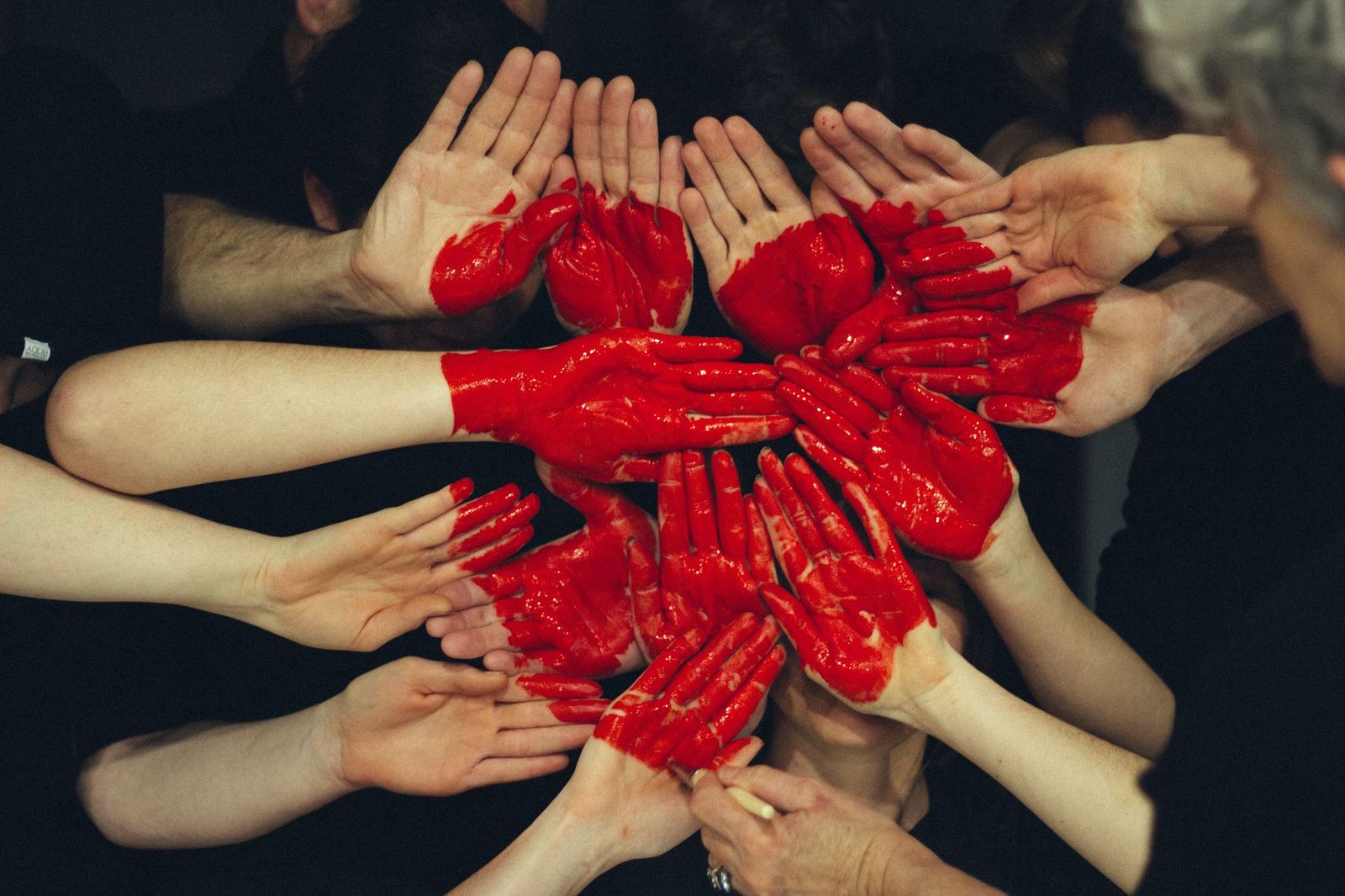
The key insights around the future of brand advocacy
Join us for unmissable insights around the power of customer communities – and why they are shaping the future for brands. Just request our webinar to discover the importance of building online customer communities, the power of customer advocacy, the role of user-generated content for businesses and the changing idea of ‘authenticity’ for modern audiences!
Featuring industry insiders:
👉 Gordon Glenister: Head of Influencer Marketing, BCMA
👉 Louise Hughes: Collaboration Director, Bulbshare
Request our webinar recording now to unlock all the insights…
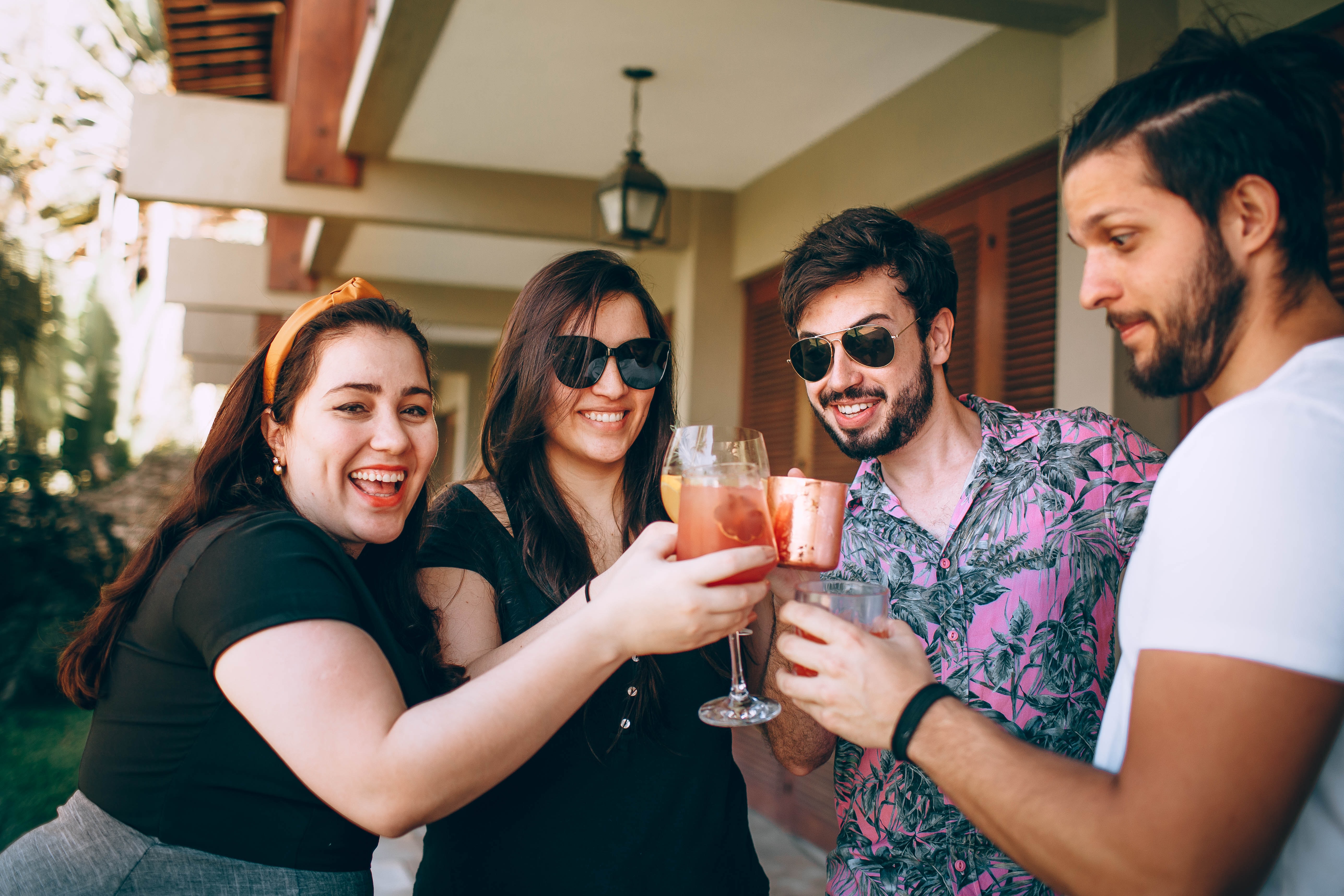
With the UK tentatively reopening next week, we asked our community how they felt about heading back out for a pint! On the cusp of so much change, we wanted to know whether they feel cautious about going out for the first time in so long or are rearing to go…
It’s safe to say, our community were excited to be back out, with a beer in hand!
Check out the infographic to discover what our UK market research communities had to say about drinking and dining this summer.
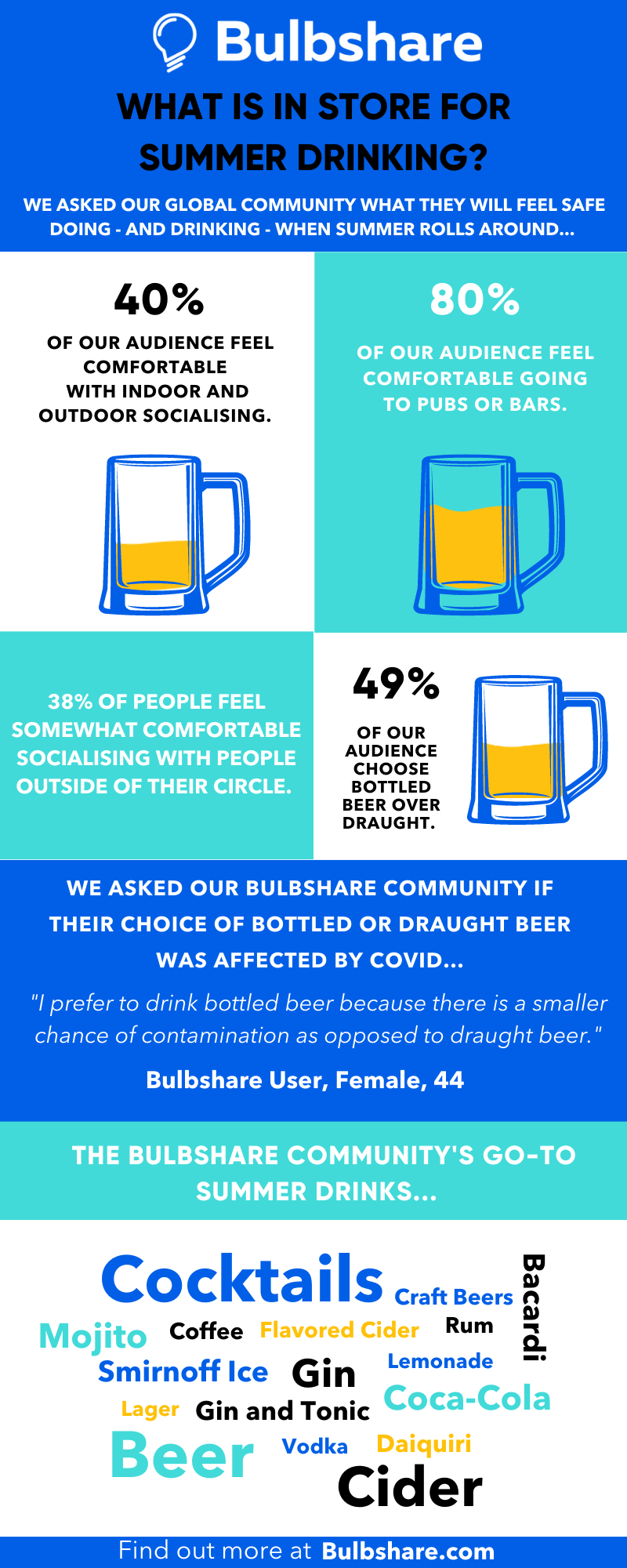
“I am excited to have more freedom to enjoy time with family and friends again” – Bulbshare user, Female, 55, UK
80% feel comfortable going to BBQs and picnics, 63% are heading back to bars and pubs and 78% are going to beer gardens. It’s safe to say the hospitality industry will have a lot on their plates this summer; seats will be full in pubs, restaurants and bars for the first time in months.

Working from home has become the new normal. And with the world’s transition to remote working well under way, we are all wondering whether a full return to the office will ever be a possibility.
So, we checked in with our Bulbshare community to gauge their thoughts and feelings on working from home, burnout, and digital fatigue. With all this time online, we wanted to know if the blurring of work and home is making them more tired and less productive – or if they are loving this new homebody lifestyle!
Check out our digital fatigue infographic below to discover the insights…
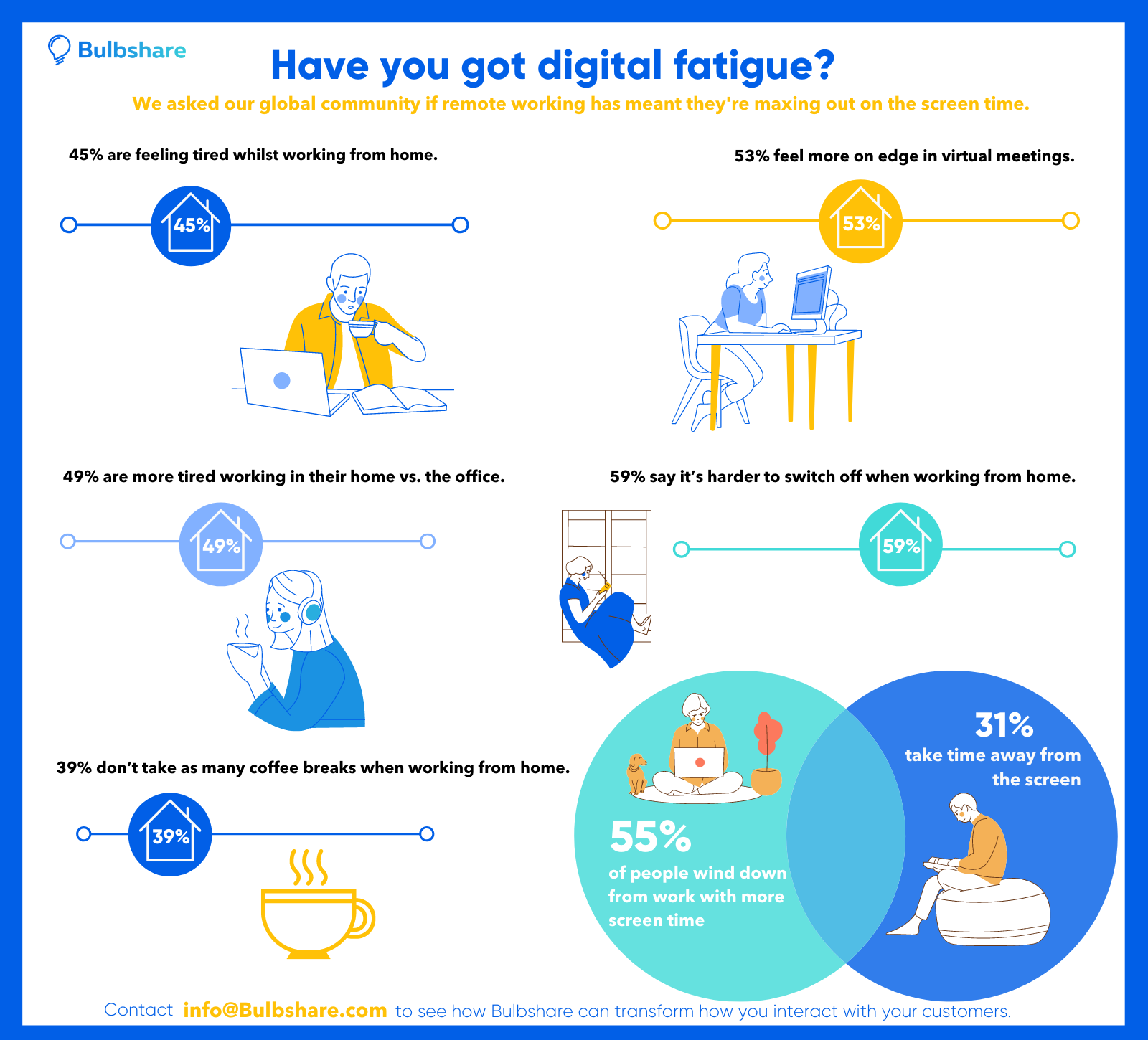
“The boundary between work and home is often much blurrier” – Bulbshare user, Female, 34, UK
When 59% of our digital communities said they found it harder to switch off mentally after work and 39% take fewer breaks, it is clear that our focus groups are feeling burnt out. With such heightened anxiety, loneliness and exhaustion from all the time away from reality and colleagues, it’s time to look to new ways of forming connections and fostering togetherness.
There is no better way of simulating that sense of companionship in these remote and isolating times than through virtual communities.
To find out how these insights could benefit your business, get in touch at info@bulbshare.com.
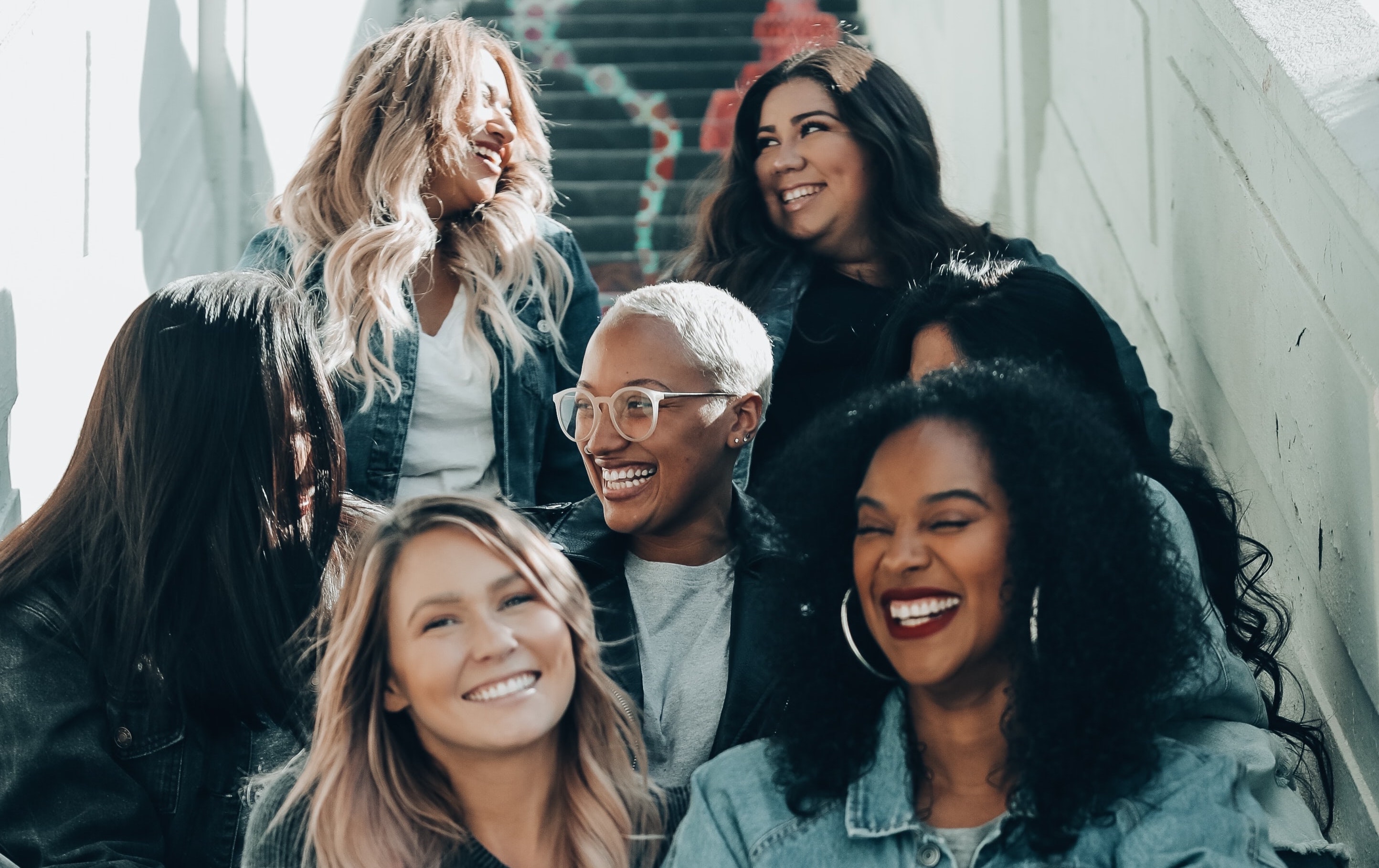
Consumer insight communities are fast becoming an indispensable part of brand strategy when it comes to building connections and truly understanding your customers.
More and more leading global brands are investing in these types of direct relationships and with 88% of Bulbshare’s global insight communities reporting they are eager to be involved in brand decisions, the desire to connect is clearly reciprocated by consumers.
So, what are the secrets to building and maintaining these communities, and how can you best utilise them to be truly customer-led and turn your customers into friends, followers and fans?
Unlock the answers with Bulbshare’s ten-step toolkit. Just fill in your details below then check your inbox…
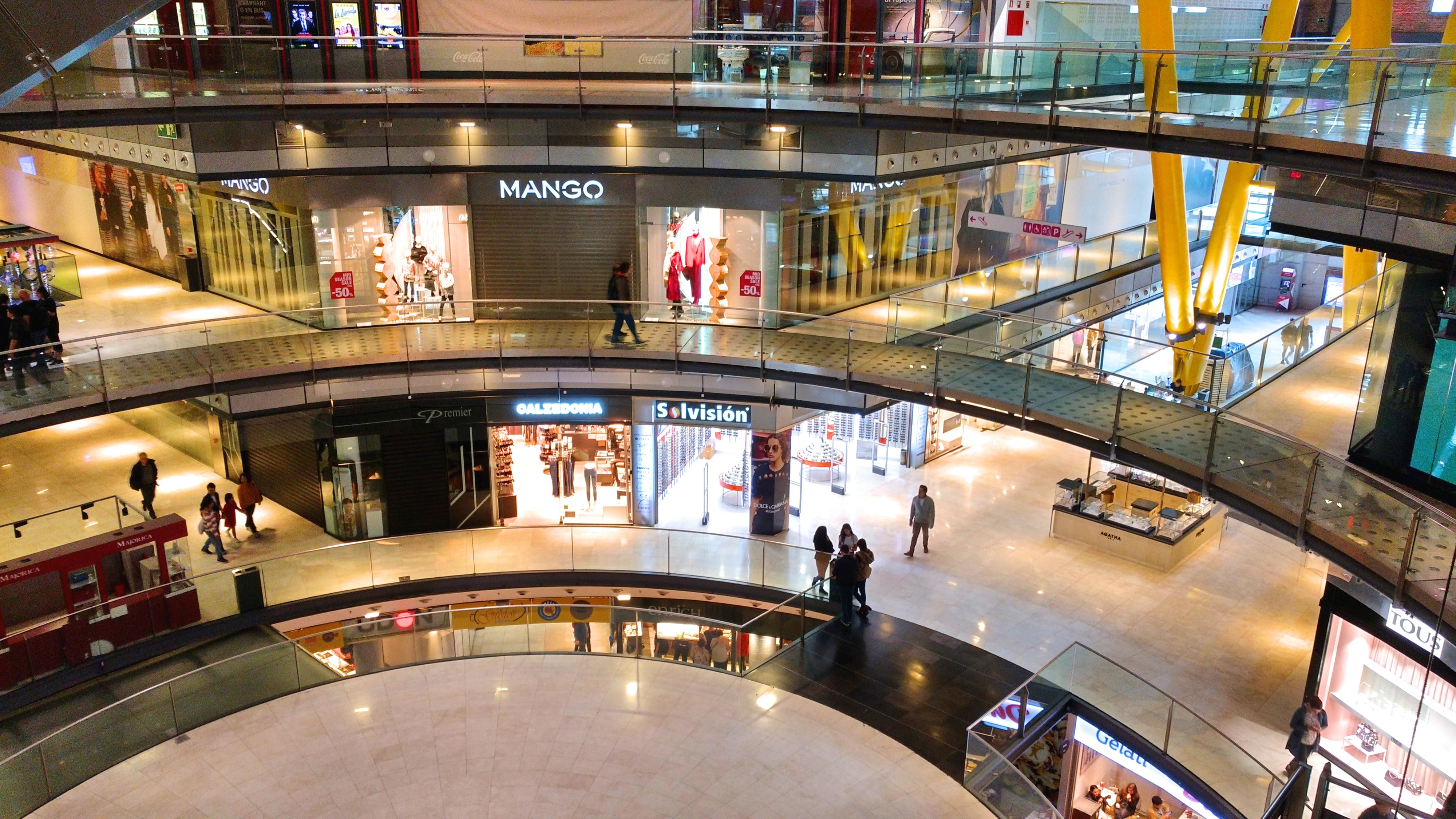
The key consumer shopping trends post lockdown and what they mean for retail, brands and shopping centres.
How will our idea of the high street and shopping centres evolve over the next 12 to 18 months? What does it mean for brands and what are the retail trends set to shape the future?
Join us for an hour of insights as we look at the key consumer shopping trends post lockdown, examine the impacts for brands and offer expert guidance on how to react.
Featuring an industry expert panel:
– David O’Shea: Director, Time Retail Partners
– Louise Hughes: Collaboration Director, Bulbshare / Ex Retail Strategy Expert, Boots, RB, AB InBev
Request our webinar recording now to unlock all the insights…
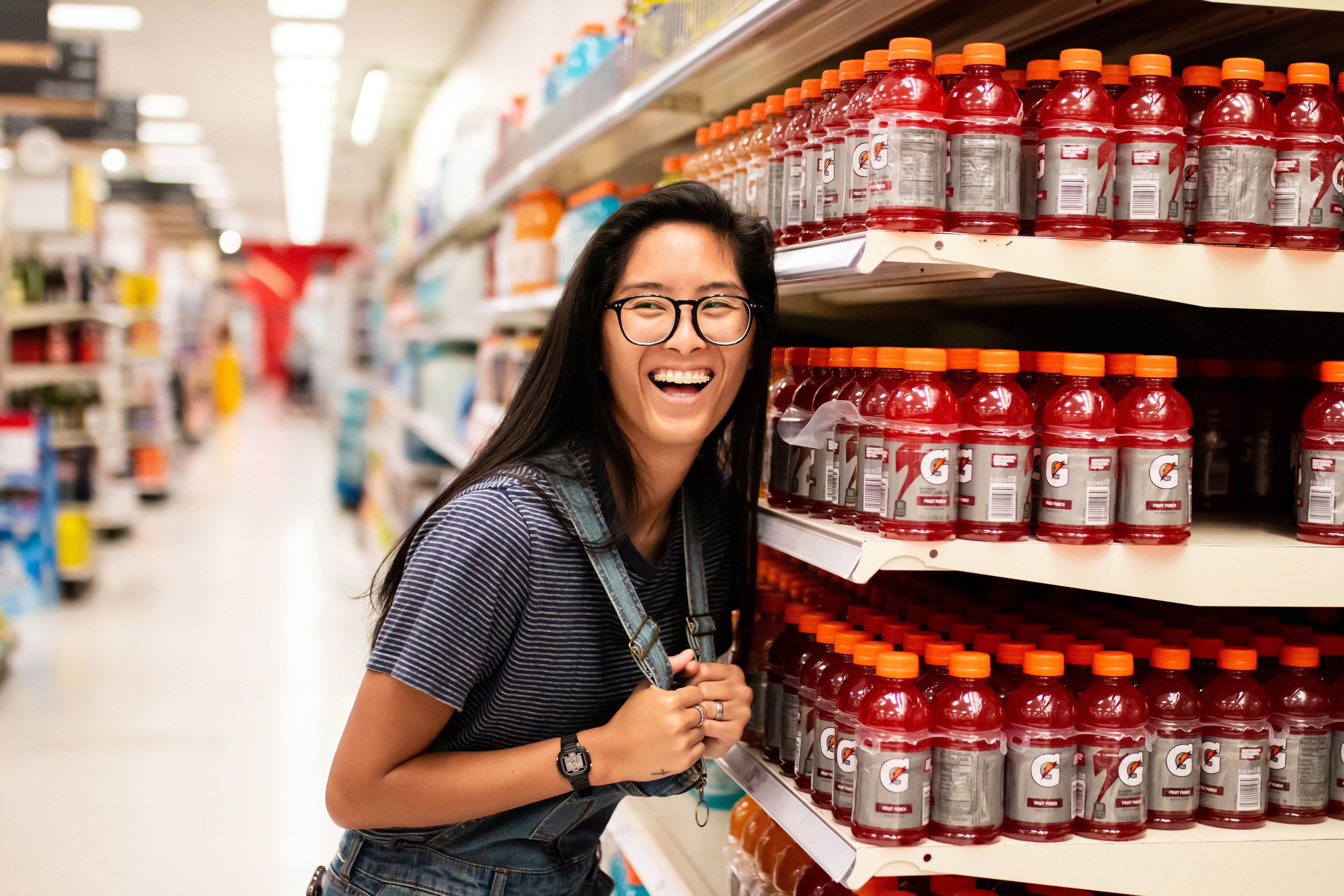
As our idea of the highstreet evolves over the next 12 to 18 months, how will shopping be affected, and what does this mean for brands, supermarkets and retailers?
Featuring an industry expert panel:
– Simon Betts: Client Director, Bridgehead International / Ex Head of Customer Proposition, Tesco
– Louise Hughes: Collaboration Director, Bulbshare / Ex Category Controller ABInBev / Boots
Request our webinar recording now to unlock all the insights…
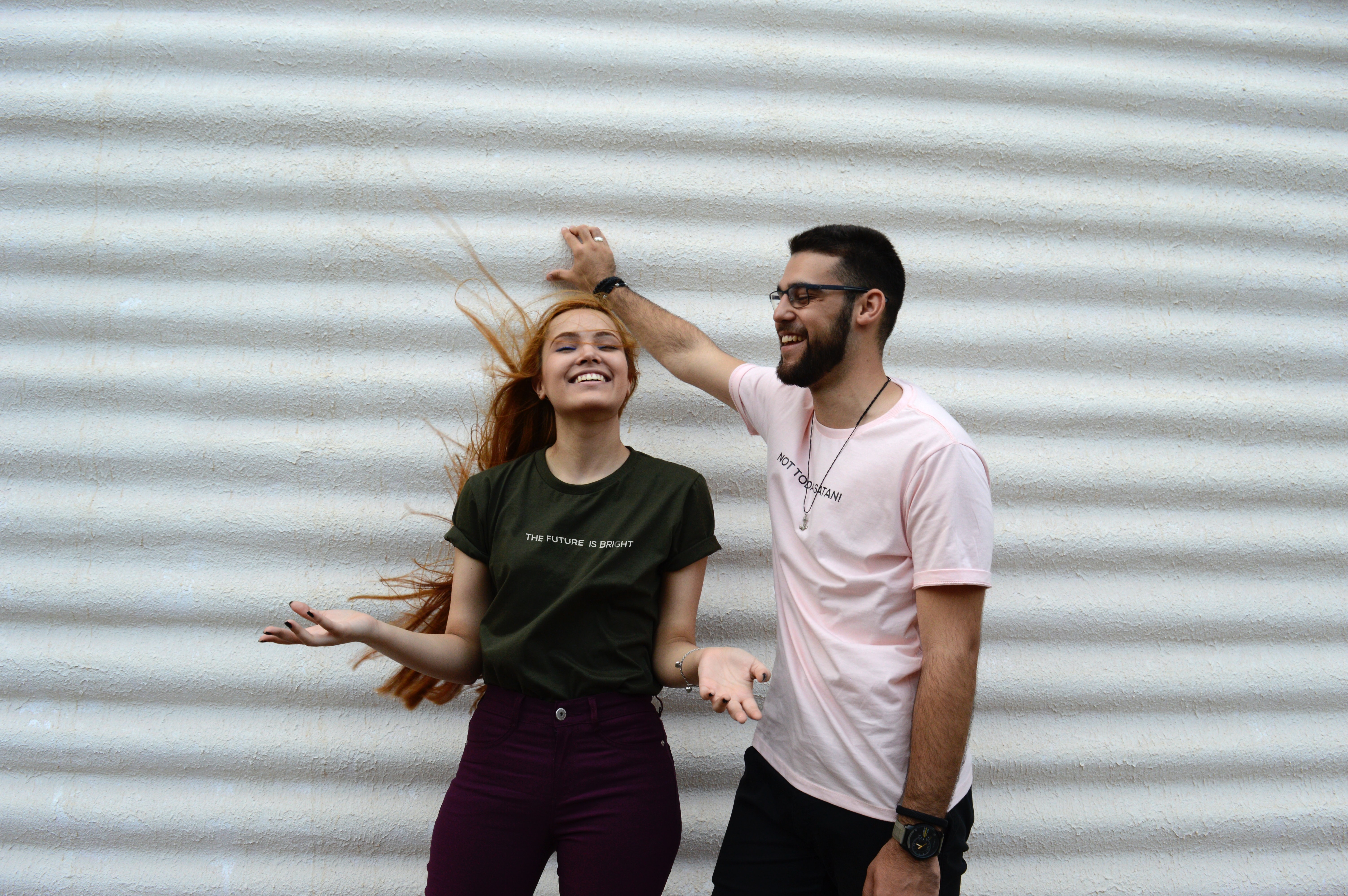
More and more brands are rethinking their strategies when it comes to digital marketing. While influencers used to be the first point-of-call, many are now looking to a new army of advocates when it comes to shouting about their products and services online… Their customers.
With a growing scepticism towards influencers among younger audiences, (only 4% of consumers still trust influencer posts according to a recent report by YouGov), turning to real customers to promote your brand adds a sense of authenticity that is lacking in sponsored content. And the smart brands are exploring new ways to unleash the peer-to-peer power of their customers at scale.
So, how does consumer advocacy work? And what are the steps to turning your customers into friends, fans and loyal brand champions?
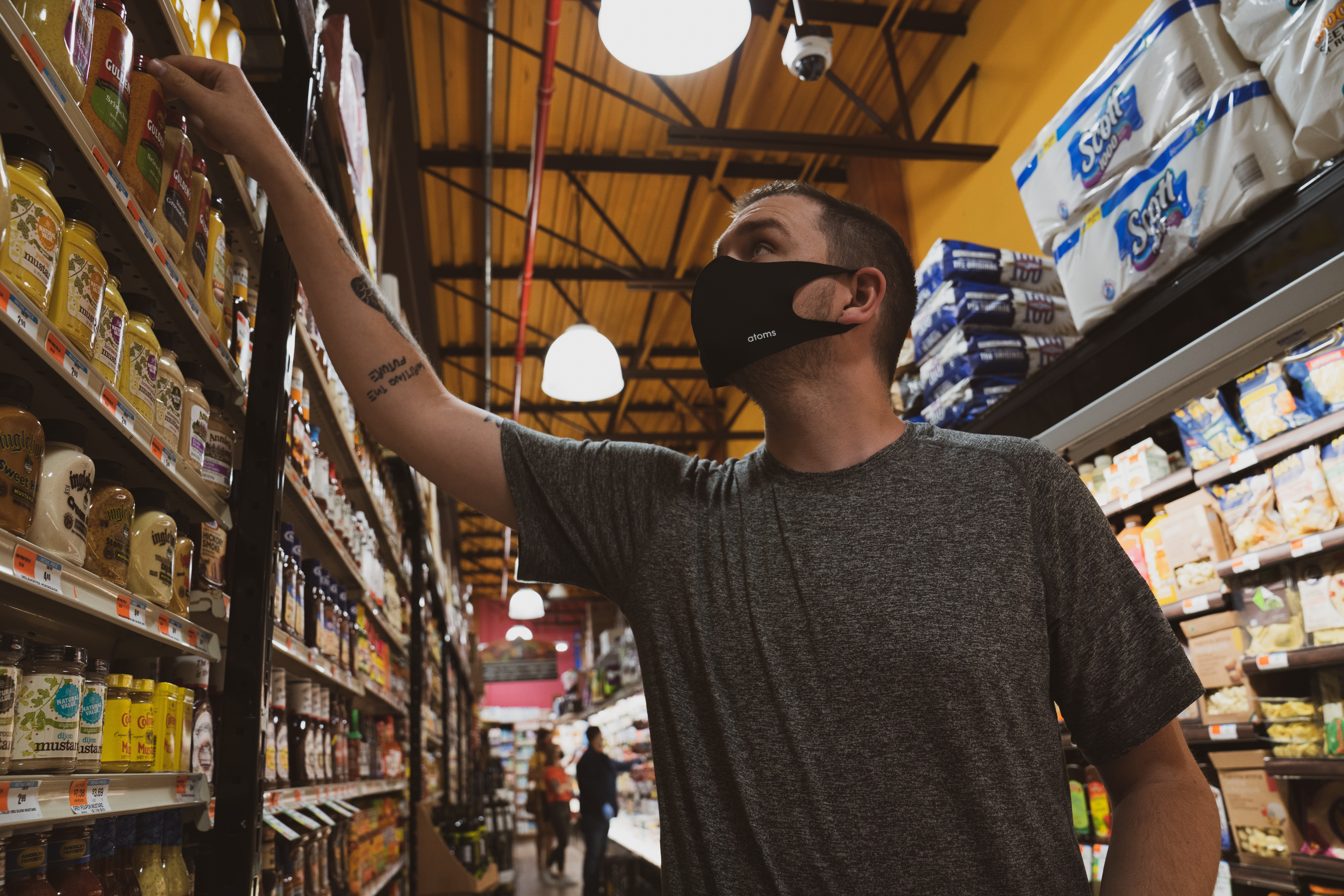
How will our idea of the high street evolve over the next 12 to 18 months? What does it mean for brands and what are the retail trends set to shape the future?
Featuring an industry expert panel:
– Simon Marsden: Category Development Manager, Tesco
– Louise Hughes: Collaboration Director, Bulbshare / Ex Category Controller ABInBev / Boots
Request our webinar recording now to unlock all the insights.
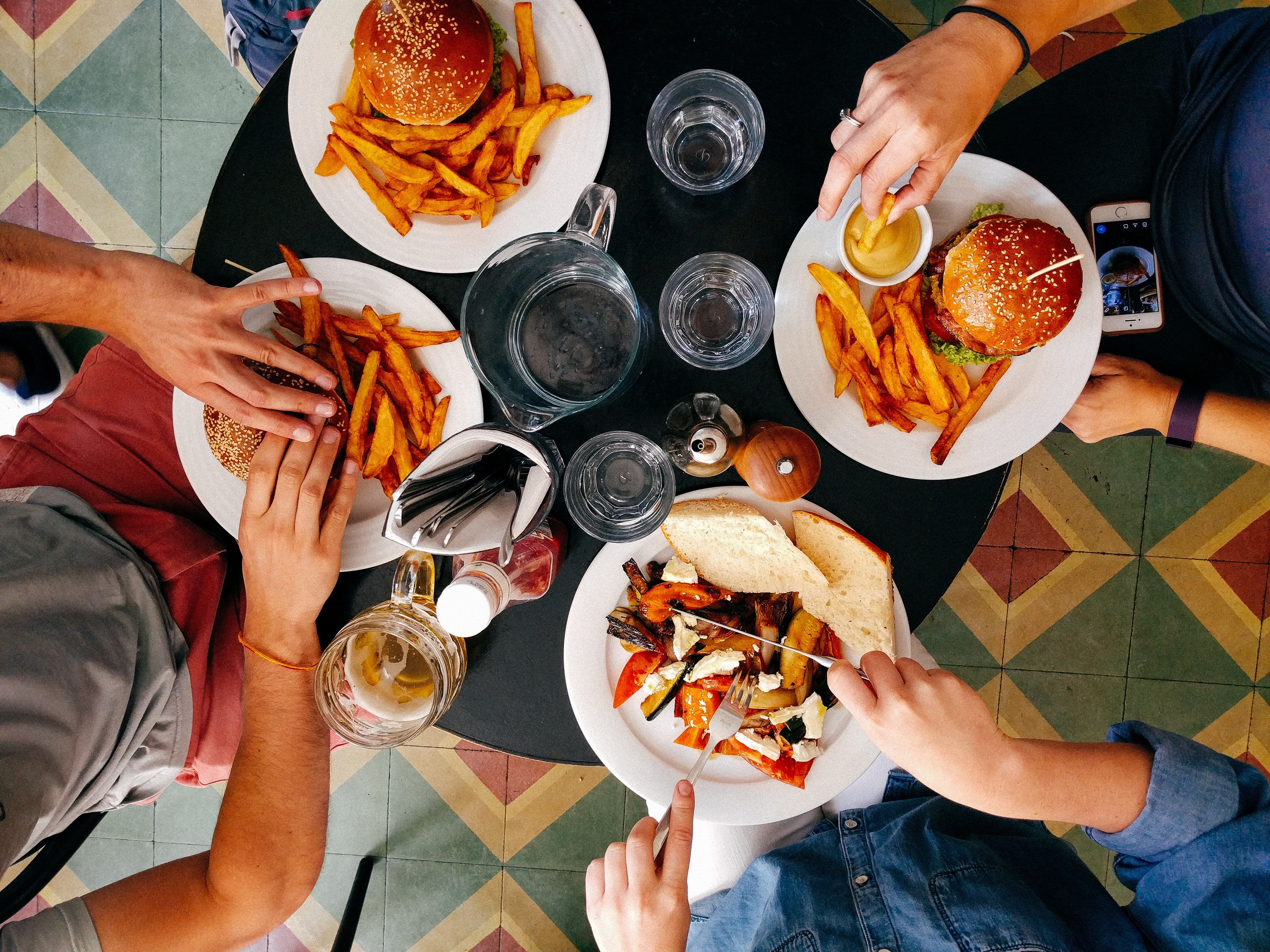
With the UK hopeful for a future free from Covid restrictions, it’s time to connect with our customer communities to see how they’re feeling about escaping lockdown.
Hundreds of our UK community members responded with rich insights about the government’s new roadmap, which has set out dates and plans for when hospitality, retail and travel can resume.
To discover the reaction of our communities, read on below…
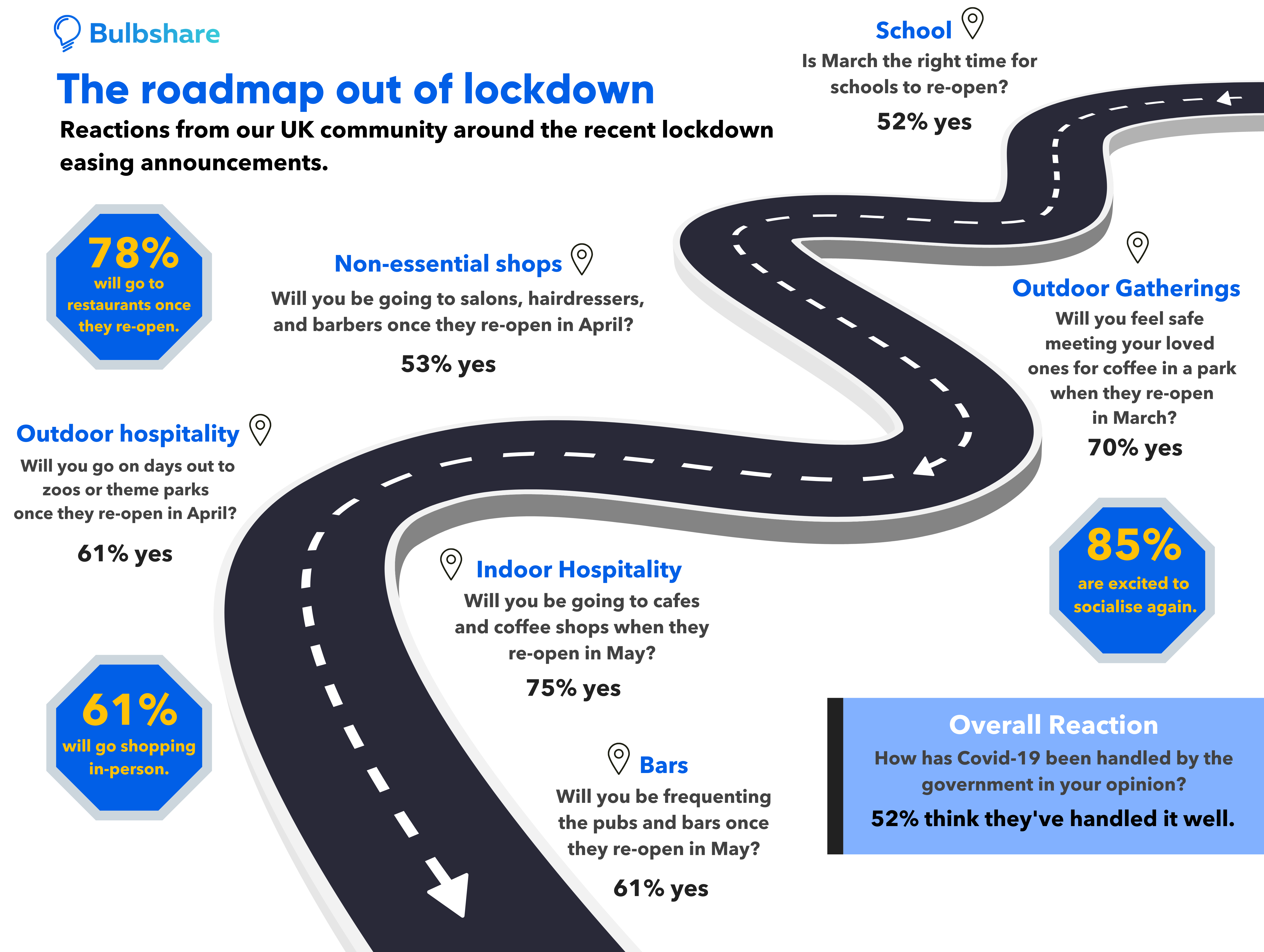
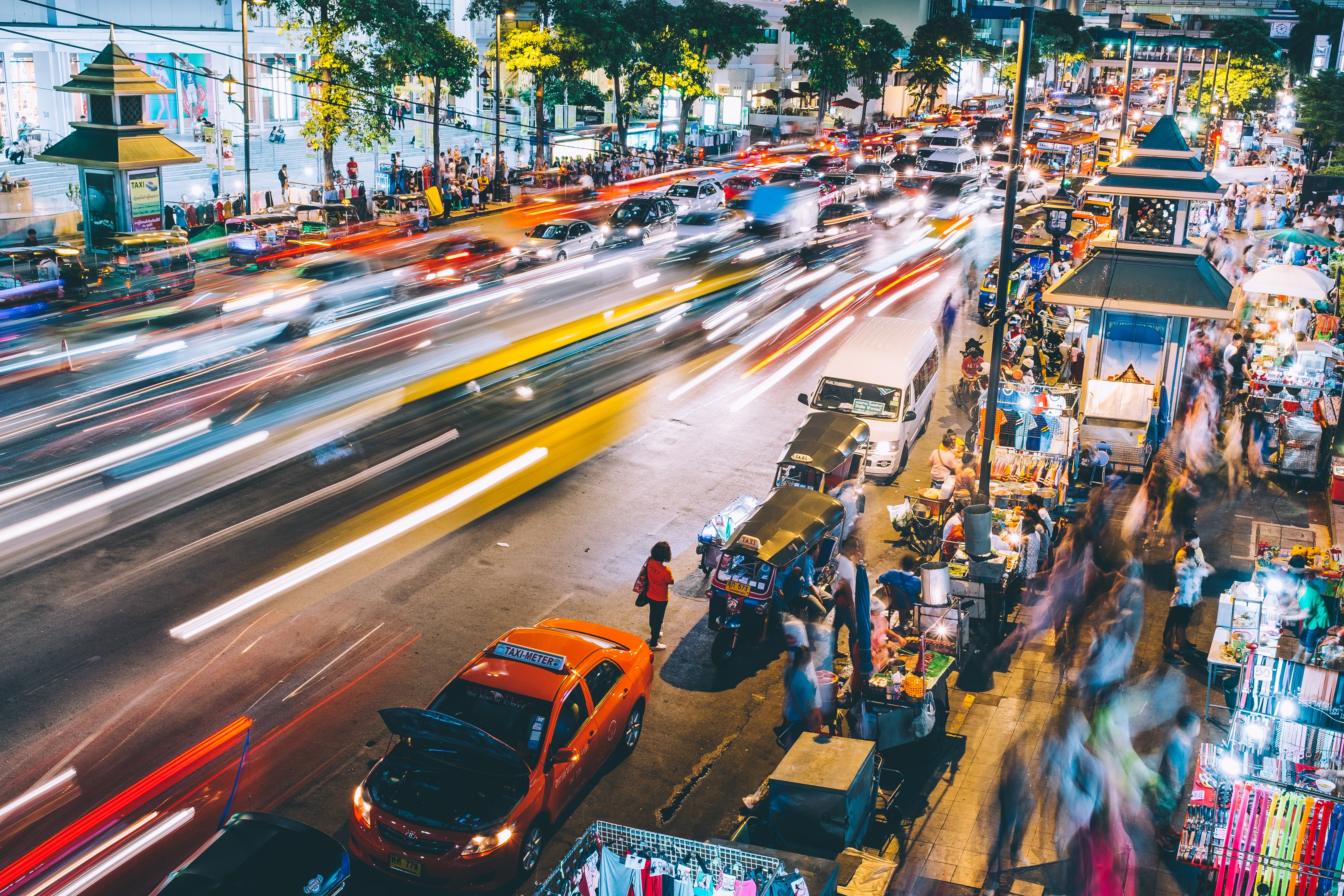
It’s no secret that the ‘influence’ of influencers is dwindling. With a growing awareness of influencer marketing meaning 96% of us now mistrust influencers [YouGov], what once seemed like a covert ‘cool stamp’ has now become more like a paid celebrity endorsement. And as gen Z consumers become increasingly savvy to the realities of sponsored content, the smart brands are looking elsewhere for promotional content with cut-through.
So then, if we really are seeing the beginning of the end of influencer marketing, what’s next?
In the race towards a post-influencer world, the answer lies in customer communities. According to a recent study by CMX Research, 85% of brands believe building their own online communities is a direct route to improving brand experiences and fostering consumer trust. These customer communities don’t just act as feedback loops for brands, but can be utilised for advocacy and brand promotion – with the inherent benefit of peer-to-peer authenticity, as opposed to paid promotion via influencers.
We asked our global Bulbshare community where they go for endorsements that count. Whether they think influencers are still relevant and what authentic brand advocacy means to them? Here’s what they had to say…
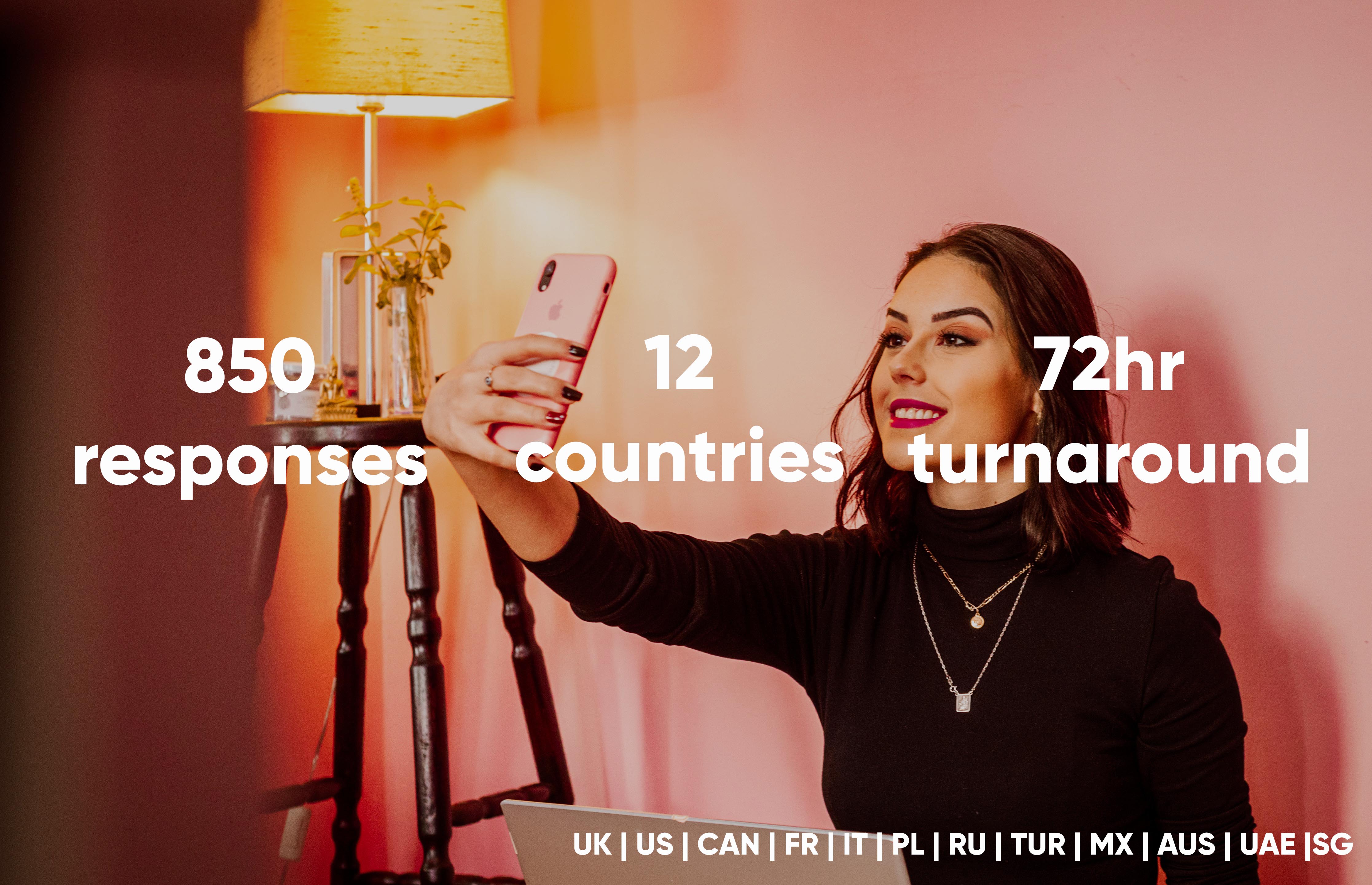
Real-life advocates
Who are the most powerful influencers of all? ‘Your friends and family’, say our global communities. 76% of our users said their purchases are affected by their family and friends’ opinions – compared to only 38% who were affected by influencer opinions. Moreover, 86% reported being more likely to make a purchase based on the recommendations of family or friends over that of an influencer.
Bulbshare user, Female, 45, 🇬🇧
Bulbshare user, Male, 25 🇨🇦
Trust and authenticity sadly lacking
Our consumers felt they could trust people they related to more than they could influencers: 30% thought influencers couldn’t be trusted at all and 36% could only see them as authentic under certain conditions. Furthermore, 51% expressed a negative emotional reaction when asked about trust and influencers.
Similarly, when asked what they thought about influencers in an open question, a fifth of our research communities mentioned money. Evidently, perceptions of materialism and greed polluted any faith our users had in influencers. Hence, the transparency and sincerity of peer opinion reigns supreme.
Bulbshare user, Female, 19 🇦🇺
Bulbshare user, Female, 32 🇫🇷
Bulbshare user, Male, 35 🇬🇧
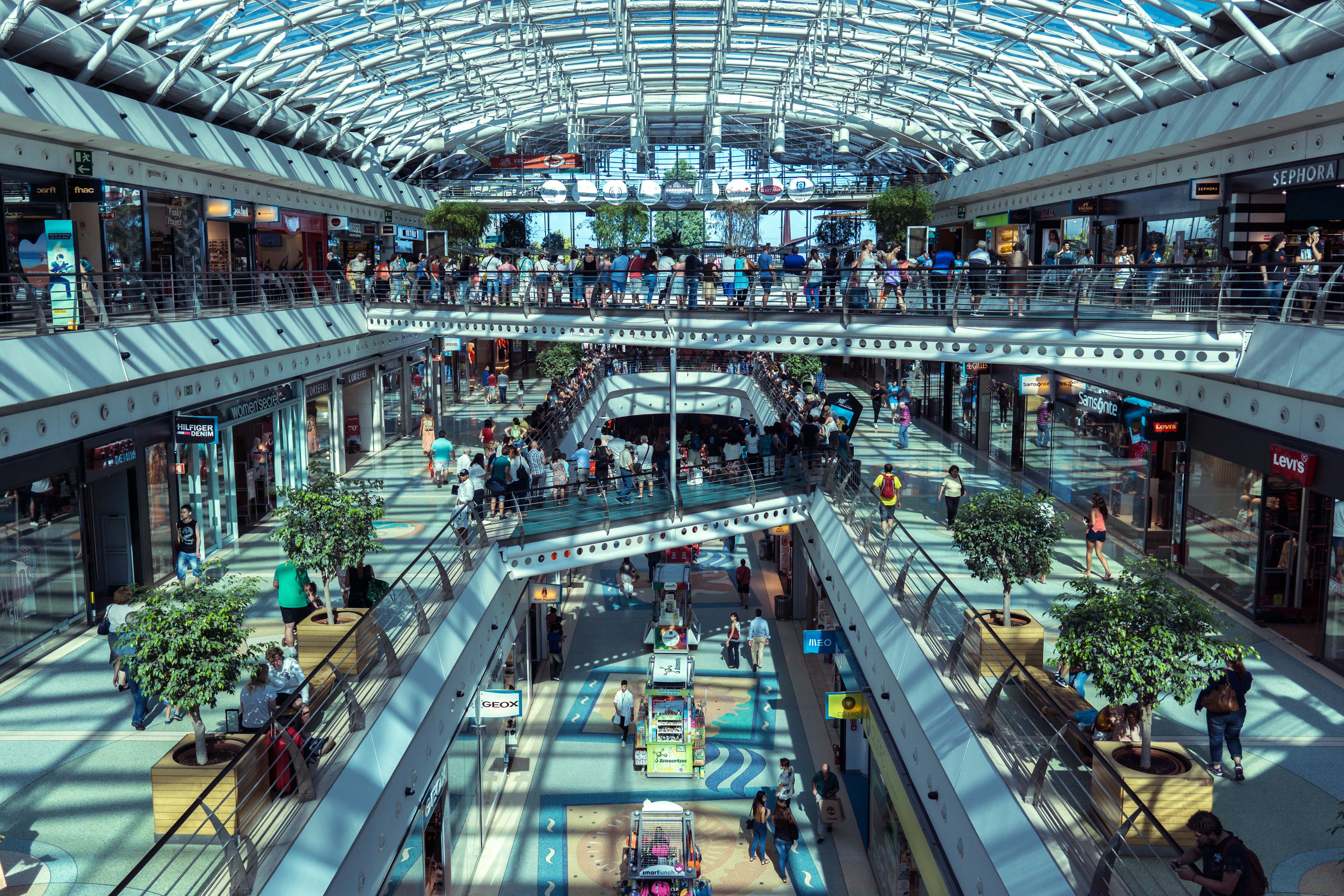
Influencers during Covid: masking reality
This disdain at paid ambassadors was heightened during the pandemic. When asked whether influencers used their influence well during lockdown, our research communities answered that they felt the flaunting of wealth and flouting of rules was inappropriate. Terms such as ‘false lifestyles’ and ‘unrealistic images’ arose, as well as concerns about travelling despite restrictions.
Some respondents mentioned that there were still good examples of influencers, with themes such as ‘spreading positivity’, ‘keeping [followers] company’ and ‘distracting’ them from ‘the real world’ coming up.
Bulbshare user, Female, 25 🇨🇦
Bulbshare user, Male, 30 🇬🇧
Bulbshare user, Female, 27 🇬🇧
Bulbshare user, Female, 22 🇬🇧
Cut through with quality
74% of our digital communities said that quality was the most important factor when it came to them recommending products – not the influencers associated with it (3%). They would happily promote a product that was made to a high standard. A genuine peer advocate talking about the quality of a product they have actually used is seen as the ultimate recommendation.
Bulbshare user, Female, 30 🇬🇧
Bulbshare user, Female, 27 🇨🇦

Getting it right with co-creation
Our communities noted Nike, Apple, JD Sports, The Body Shop, Ben & Jerry’s, The Meatless Farm Company, Oh Polly, Budweiser, Lush and PlayStation as brands they would like to work with and advocate for. When asked why, they all stated high quality products as the reason.
Notably, though, the brands our users were most enthused about were the ones that considered their customers with compassion: 92% of our global community expressed a positive perception towards brands who ‘co-create with their customers’ – with anecdotal responses telling us this lent a sense of a brand that cares about its customers’ thoughts, opinions and ideas.
Bulbshare user, Female, 23 🇬🇧
The solution to a post-influencer world
So, how do we harness the power of family and friend recommendations? The answer is consumer communities: everyday people reviewing products, sharing ideas and shaping brand decisions.
The future of brand advocacy means cutting out the middleman and getting straight to the consumers: invite them into your brand, become their trusted friend and give them a say in the products they consume.
Bulbshare user, Female, 57 🇬🇧
Real life, relatable brand champions
88% of our communities were enthusiastic about collaborating with brands and 76% said they enjoy reviewing products. When the average consumer has such capacity to become a brand ambassador, it leaves a question mark over the future of paid influencer marketing. With authentic, trusted, unendorsed voices shouting about your brand in customer communities, there is little need to pay for false, paid-for voices.
Bulbshare user, Male, 46 🇬🇧
Bulbshare user, Female, 56 🇦🇺
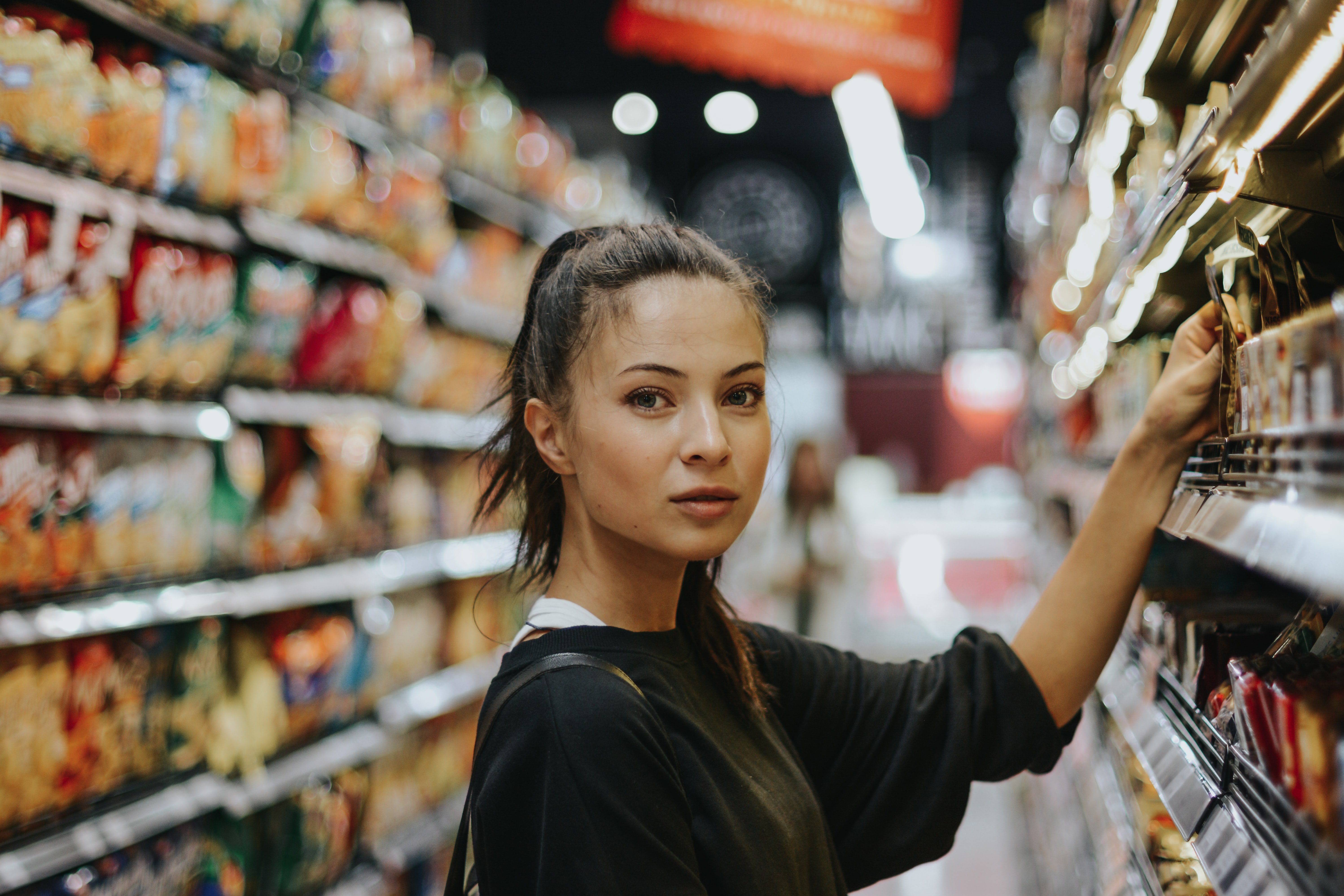
Agile, customer-led product development amid the challenges of the last month 12 months has been all but impossible. With connecting to consumers being harder than ever, many in the R&D world have struggled, and a lack of traditional research methods such as focus groups has put product development and launch very much on the back burner.
Overwhelmingly, our global research communities have told us they want to be involved in the product development phase: 88% of our global users said they want to be included in the decisions brands make, 76% said they enjoy helping product development processes, and 86% said that products developed using consumer collaboration were better.
So, with this transition to an increasingly online and remote world, how can your brand connect with your audiences, bake online customer communities into your model and embrace the changing face of consumer insight? Here’s our five-step guide…

1) Online customer communities: The time is now
With millions of people tuned in online – and with more time on their hands than ever – now is the perfect moment to take advantage of consumer insights. When 84% of those surveyed told us they prefer online focus groups to in-person ones, your audience has never been so receptive to providing you virtual feedback.
Building an online consumer community will allow you to unlock the power of your buyers, helping you to understand their wants and needs and giving you actionable insights. When navigating the challenges of product development in a pandemic, your digital research communities can develop ideas for your business, ensuring customer-centric plans and customer satisfaction.
Bulbshare user, Female, 28, 🇬🇧
Bulbshare user, Female, 57 🇨🇦
Bulbshare user, Female, 54 🇬🇧
Bulbshare user, Female, 24 🇺🇸
2) Connect with always-on relationships for rapid turnaround insights
One of the key advantages of digital communities – as opposed to in-person focus groups – is the sheer ease and speed of turnaround. Not only are they more convenient for your consumers, they are more convenient for your brand too! Unlike in-person focus groups, you can access customer insight at any time with an always-on, mobile research community. Bulbshare’s work with consumer goods giants, Kimberly Clark, around the attitudes and behaviours of young Russian women towards feminine hygiene products, is a case in point. Bulbshare built a community of 600 Russian women who tested products via physical samples and through in-app concept-test heatmapping – gaining insight around key attributes, user-experience and packaging. We also conducted online ideation workshops allowing us to speed-test design concepts for ultra-fast turnaround insight. Discover more about how our real-time insights helped Kimberly Clark to be agile and customer-led here.
Bulbshare user, Female, 19 🇦🇺
Bulbshare user, female, 54 🇫🇷
Bulbshare user, Female, 53 🇲🇾
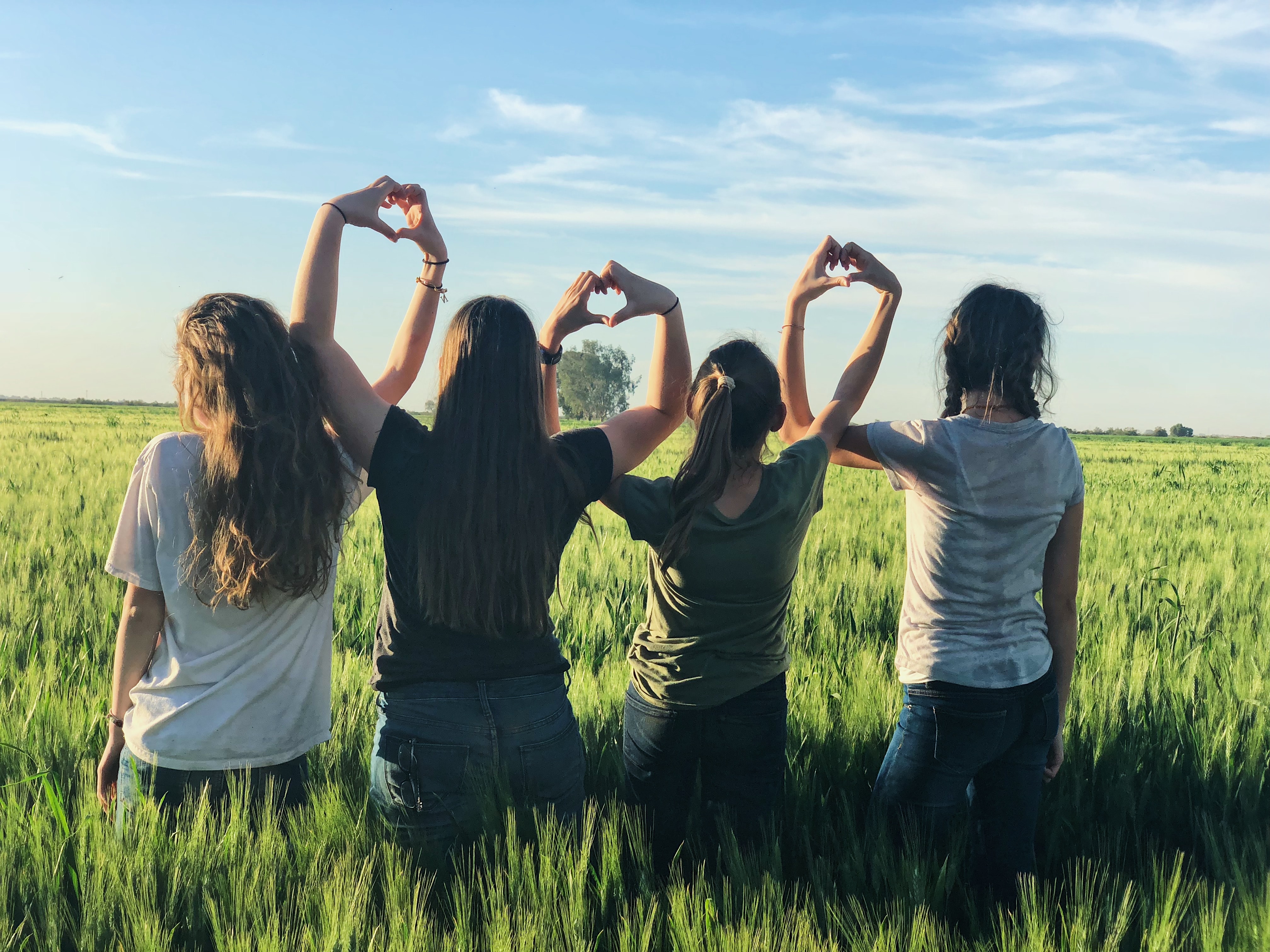
3) Target segments within those digital communities
Use technology which allows you to segment your digital communities into specific demographics in order to target separate customer groups. Bulbshare’s customer community technology allows for the auto-tagging and targeting of niche segments based on granular demographics around attitude and behaviour, buying patterns, tastes and interests – as well as core themes like age, gender and region. Responses can then be easily analysed based on these breakdowns.
Bulbshare user, Male, 40 🇨🇦
4) Video: The Holy Grail
The ‘holy grail of insights’, video allows your users to create unique and in depth qualitative content – showcasing attitudinal responses in an infinitely more nuanced way. The opportunity to use video enables creativity in your users and introduces you to your customers on a more personal level. Our Customer Connect tool enables remote, online workshops, while our media-capture functionality means your user-communities can upload thousands of images and videos on a daily basis. Bulbshare also utilises AI for auto video response analysis that includes sentiment and key word tracking, as well as auto-translation on foreign language responses.
Bulbshare user, Male, 33 🇺🇸
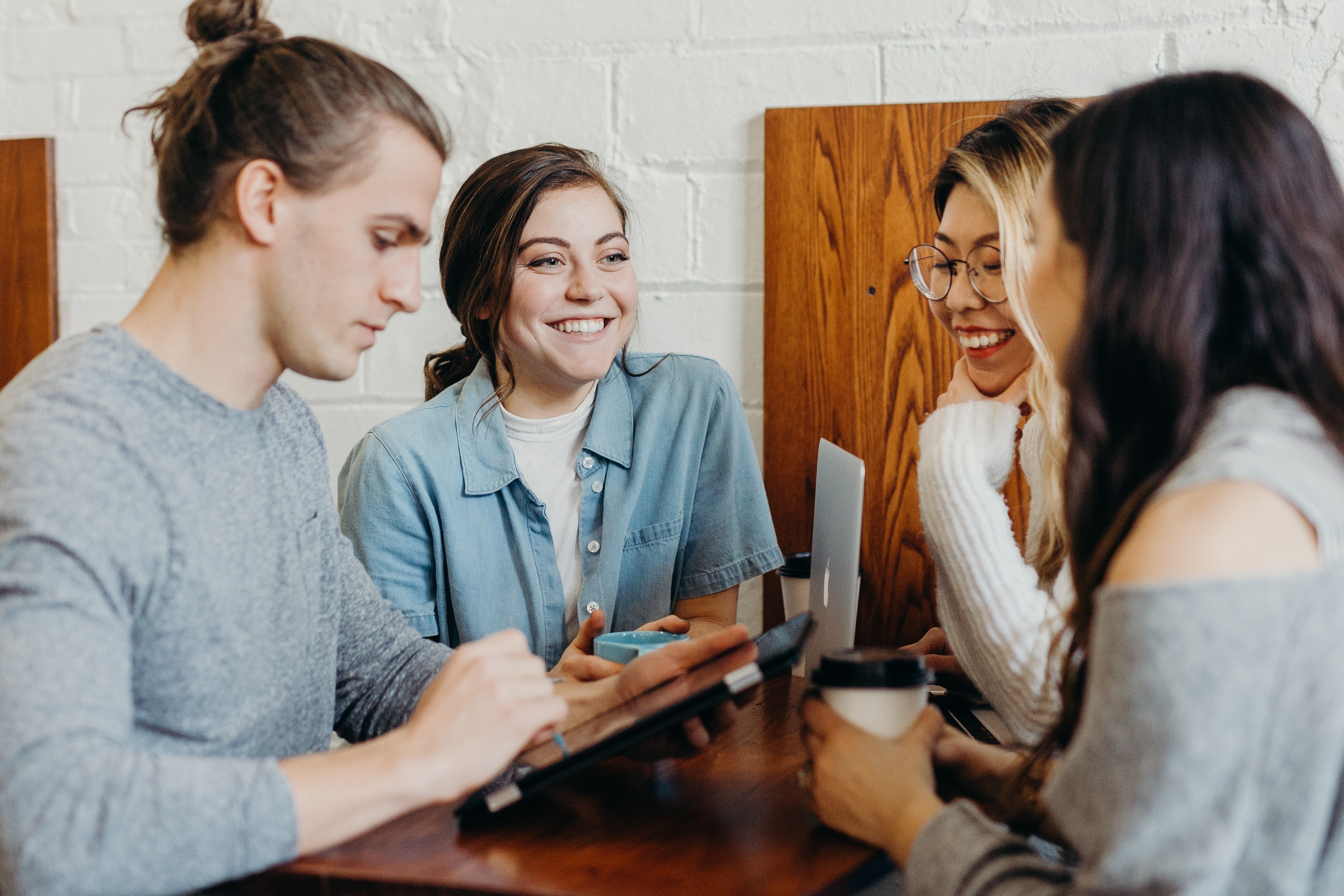
5) Heatmap concepts… At scale
Empower your customer communties to feedback on your products at scale through virtual product testing technology. Our image-highlighting function allows users to interact with products through their phone; they are able to comment on what they like and dislike about the product, which is then turned into a heat map of the zones that attracted the most interest. Their comments can be filtered via key sentiments, allowing you to turn emotional reactions into hard data.
Bulbshare user, Male, 46 🇬🇧
Bulbshare user, Female, 56 🇦🇺
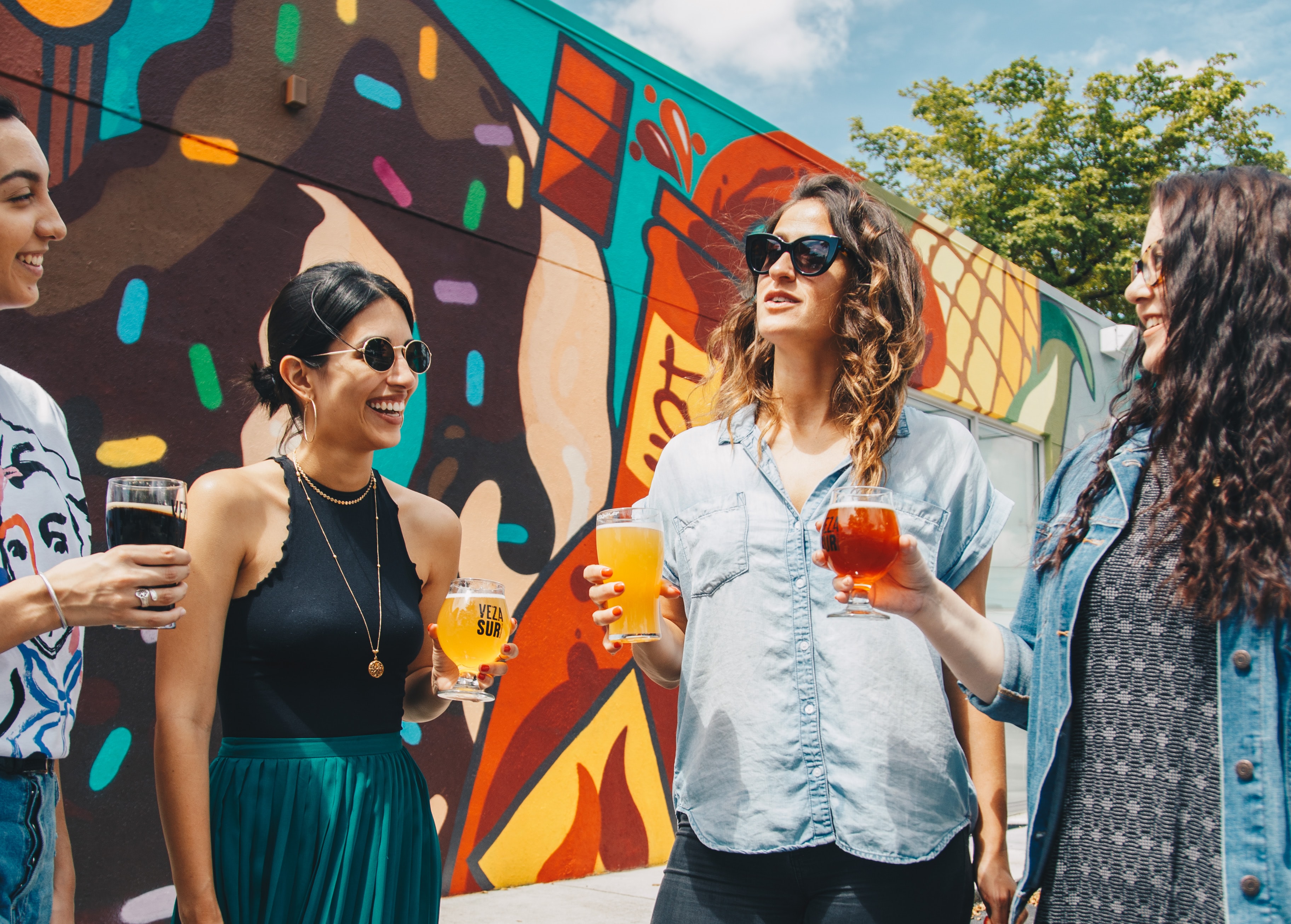
Join an expert discussion around the post-Covid consumer behaviour shifts set to impact the drinks industry this year…
Featuring industry insiders:
– Paul Thomas: Global Insight Director, Asahi, Ferrero, Diageo
– Louise Hughes: Collaboration Director, Bulbshare (Ex Category Controller ABInBev)
Download our webinar for all the insights…
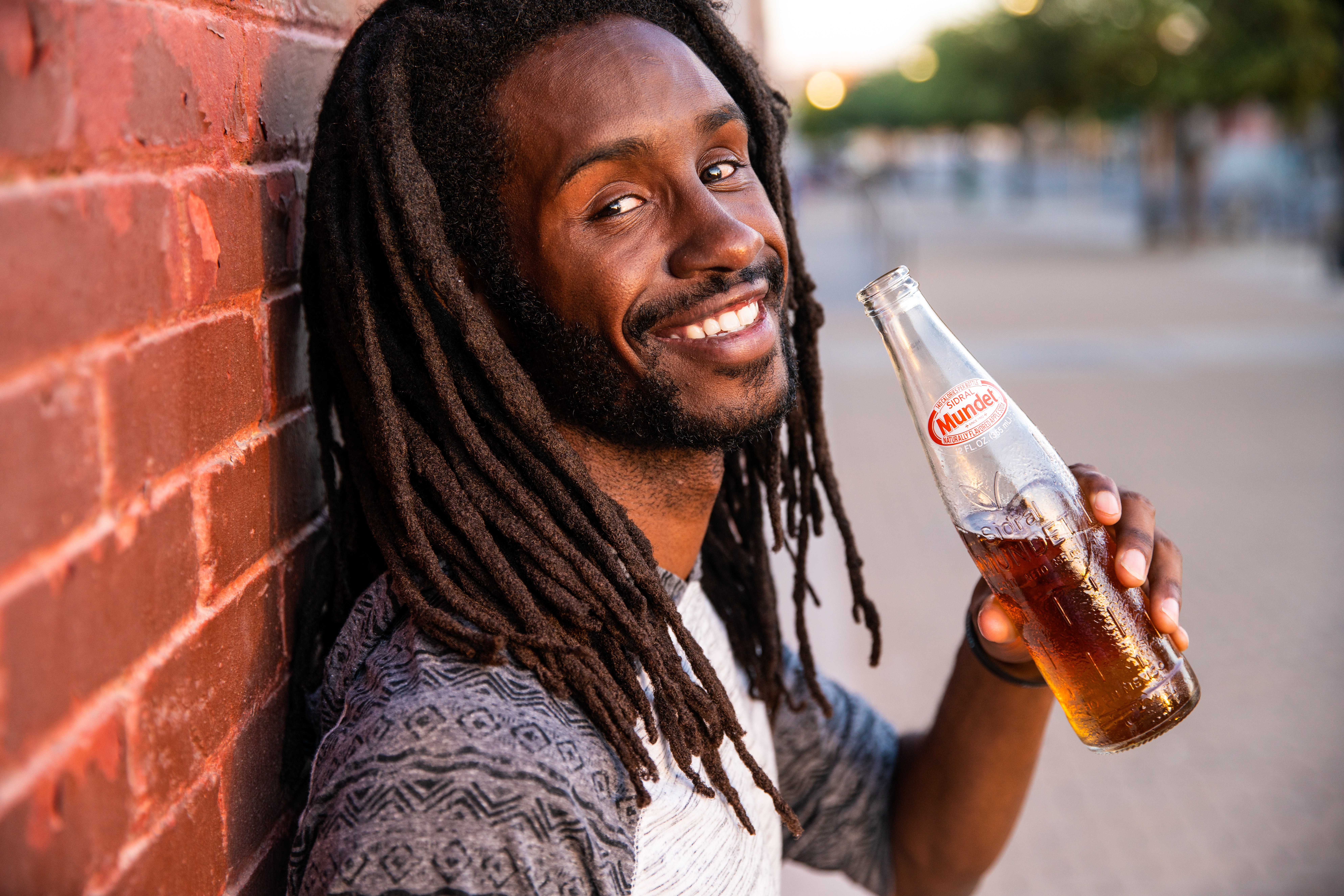
With more people than ever trying Dry January this year, record sales of no and low alcohol already being reported, and the emergence of a new generation that’s shunning the pub, are we seeing a gradual shift towards a booze-free future?
It’s not unusual for January to be a time of abstinence. Fresh starts and a ‘New Year, New You’ attitude always see a collective detox. But with the pandemic precipitating a new wave of health-consciousness, will this year’s dry Jan be more long-term than usual? With record numbers of people turning to no and low alcohol alternatives over the last 18 months (the category saw a 32.5% uplift in early 2020 [Nielsen]), and a new generation of consumers that drink less than any that went before them (only 15% of Gen Z drink weekly, compared to 36% of boomers [Lombardo]), are we beginning to see a major shift in behaviours around drinking?
We asked our global insights community about their changing attitudes and behaviours towards alcohol, the impact of the pandemic on their approaches to health and whether or not they’ll be doing dry January this year. This is what they had to say…
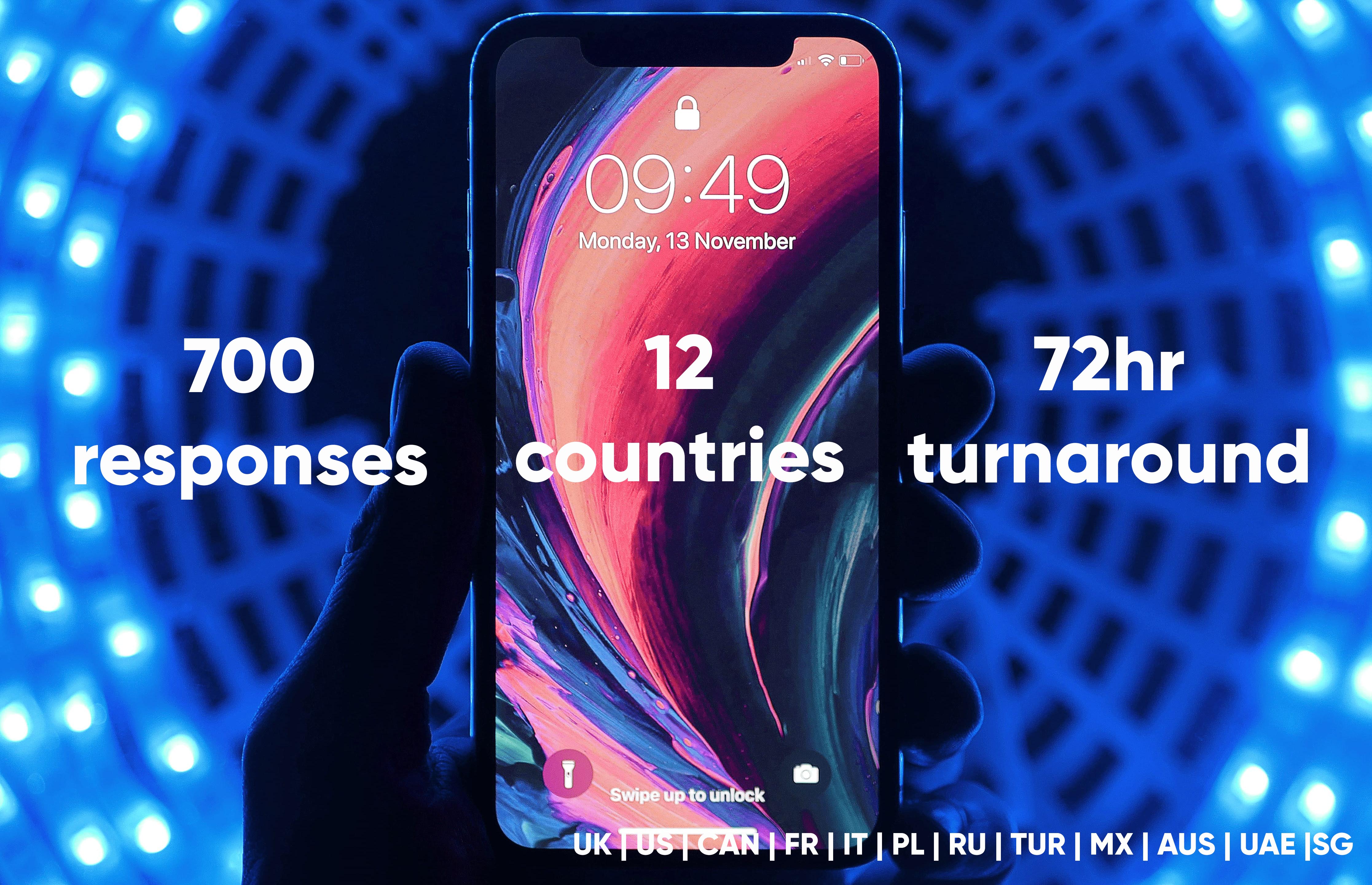
To drink or not to drink…. That is the question
With Covid-19 triggering a new urgency around health-conscious consumption, exactly half of our community have committed to Dry January this month. Their reasons? 70% wanted to take better care of their bodies, 30% wanted to save money and 38% attributed their decision partly to the pandemic, saying coronavirus affected their choice to attempt an alcohol-free month. Anecdotally, we’re seeing a rise in a ‘It’s lockdown… I can’t go out anyway. I may as well use this time to not drink’ attitude, combined with the virus increasing a focus on health.
Bulbshare user, Male, 23, 🇬🇧
Bulbshare user, Female, 50 🇬🇧
Putting the lid on the bottle?
With only 25% of our global community having tried Dry Jan before, and 50% doing it this year, we can see a big rise in those wanting to get healthy and ditch the drink. In addition to the half of our audience who are going dry this month, 30% said they knew someone else attempting a sober January. Anecdotal responses also reported an increase in those extending their period of abstinence into February too – with frequent mentions of ‘carrying it on as long as they can’.
Bulbshare user, male, 25 🇦🇺
Bulbshare user, female, 19 🇬🇧

Locking down the alcohol cabinet?
Quarantine also contributed to the community’s decisions regarding Dry January and a move towards no-low options. With the closure of pubs and bars, our community saw this month as the perfect time to give sobriety a go! 44% said the pandemic affected their decision to do dry Jan.
Bulbshare user, Male, 32 🇬🇧
Bulbshare user, Male, 44🇬🇧
Bulbshare user, Male, 42 🇨🇦
No-low rising… Last orders for full alcohol drinks?
Our community is excited about this sober revolution – and a future filled with more and better no and low alcohol options. 40% of our global community stated they were more inclined to try low-alcohol drinks this year as opposed to other years, and half said they would drink them at home, in a bar, or with a meal out.
Bulbshare user, Female, 75 🇬🇧
Bulbshare user, Female, 61 🇨🇦
Bulbshare user, Female, 30 🇬🇧
The everywhere drink…
When asked where they would consider drinking low-alcohol alternatives, our community responded that they would drink them anywhere and everywhere. Be it the pub after work, a business lunch or a child’s party, the benefits of not drinking beverages with high alcohol content were evident. With the inconvenience of tipsiness removed but the full flavour retained, people were keen to drink these options at any occasion.
Bulbshare user, Female, 53 🇬🇧
Bulbshare user, Female, 41 🇨🇦
Bulbshare user, Female, 37 🇺🇸

But it’s not just alcohol people are consuming less of…
Food was also a big topic for our Bulbsharers, with 89% claiming they want to eat more healthily this year, 72% aiming to cut down sugar intake and 83% intending to eat less processed food.
Bulbshare user, Female, 29 🇺🇸
Mind, body and soul…
With many people claiming that limiting alcohol was an important step towards better mental health, we also observed an increased determination around self-improvement and self-care. When 62% of people struggled with their mental wellbeing in 2020, the resolve to have a happier year was palpable. 83% of audiences intended to use mindfulness apps, 56% of people hoped to speak to a professional about their mental health and 83% wanted to institute better routines for exercise and sleep.
Bulbshare user, Male, 37 🇨🇦
Bulbshare user, Female, 19 🇬🇧
Bulbshare user, Male, 46 🇨🇦
2021: Health is wealth
With a noticeable trend of saving money and looking after one’s physical and mental health, the crucial brand takeaway is that this will be a year of sensible decisions, cautious spending and health consciousness. Our customer polls informed us that 50% of people want to save more money than last year, 33% want to get out on more walks and 89% want to make more home-cooked meals – on top of a big drive toward drinking less.
Bulbshare user, Male, 27 🇺🇸
Bulbshare user, Male, 35 🇺🇸
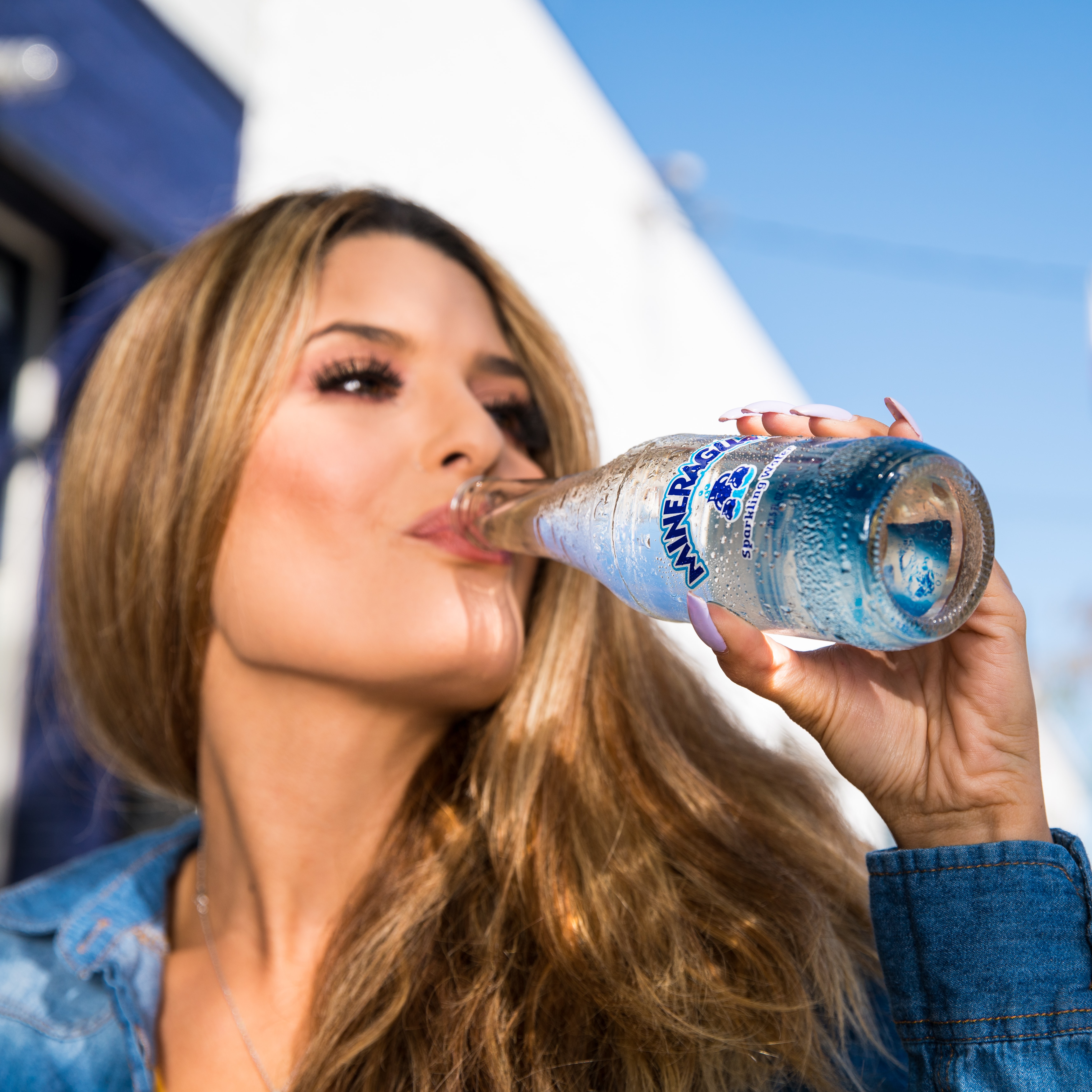
Brand tool-kit:

Once upon a time, when Instagram was in its infancy, the dark arts of influencer marketing were a trade secret. Now, the cat is out the bag.
Gen Z are increasingly sceptical about the transactional relationships that define influencer culture and are wising up to warning signs of inauthenticity: #ad, #sponsored, #prpackage. No longer are users fooled by promises of an aspirational life that will transpire at the click of the affiliate link. As they lose their authenticity cachet, have we seen the end of influencers?
Influencer marketing has become a critical piece in a marketer’s tool belt and has rapidly grown into a whopping $10 billion industry. Businesses have funnelled inordinate sums of money in the hope that influencers will leverage their authority and relationships to promote their brands.
But are we beginning to see a shift in attitude towards influencers? Do their voices really make a difference to consumers? And will a shopper actually be more inclined to purchase a product based on a paid promotion? We asked our global customer collaboration community whether they believe that utilising influencers is an effective tactic. Here’s what they had to say:

A dwindling influence…
60% of our respondents reported they had never made a purchase based on an influencer’s social media content. And anecdotal responses reported further scepticism towards social media content or recommendations based on paid or sponsored posts.
Bulbshare user, Female, 19 🇺🇸
Bulbshare user, Female, 23 🇬🇧
Bulbshare user, Female, 47 🇬🇧
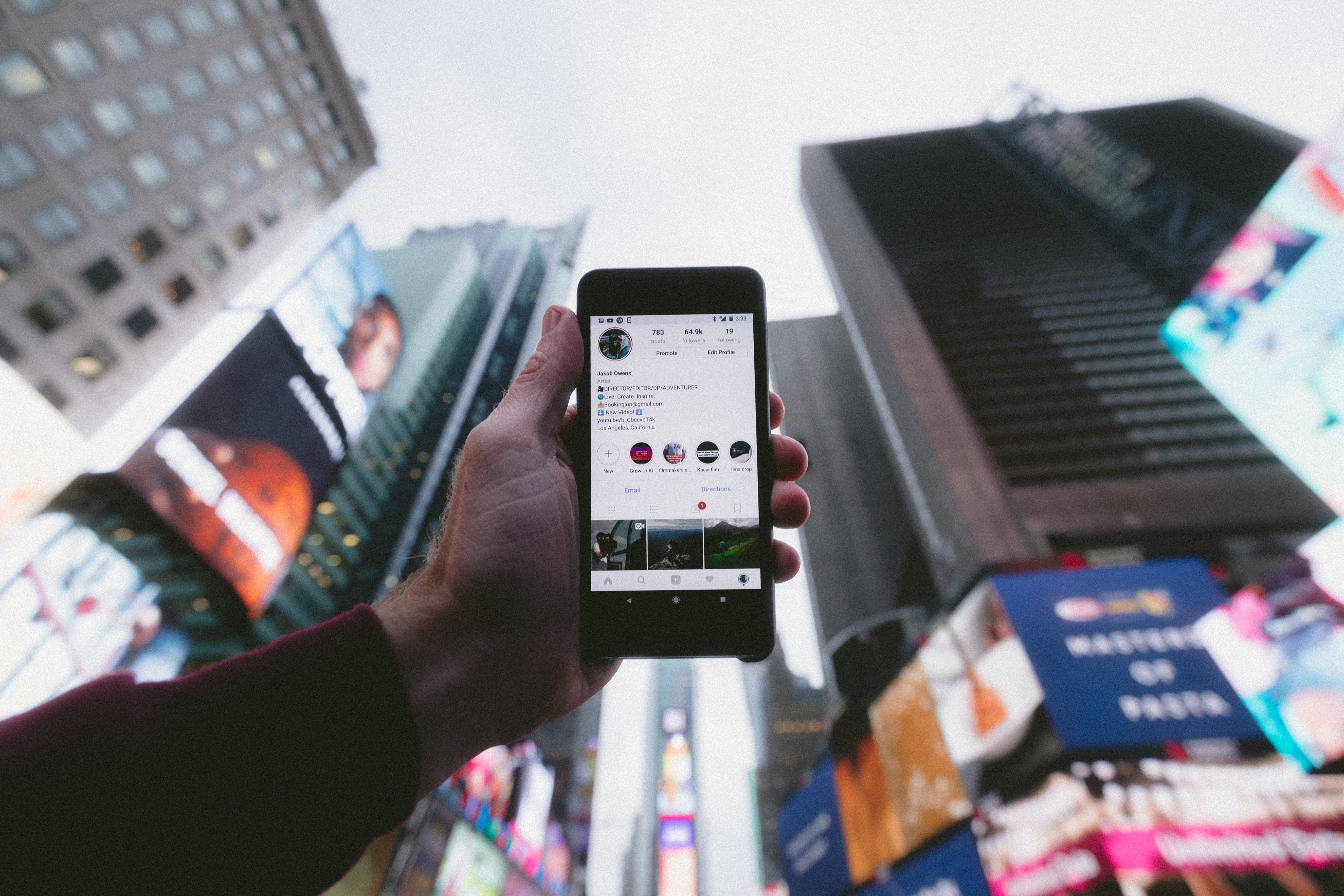
Trust
Our respondents showed a sharp divide in regards to trusting influencers – with only 35% of respondents expressing an unequivocal “Yes” on whether or not they believe influencers are still ‘authentic’.
Bulbshare user, Male, 17 🇬🇧
Contrastingly, around 30% of our customer communities expressed a confident “No” and the remaining 35% felt influencers could only be trusted in certain situations, such as product recommendations. While, overall, this indicates that some level of trust still exists – we can certainly see a growing sense of awareness around the nature of how influencers work.
Bulbshare user, Male, 36 🇬🇧
Bulbshare user, Female, 28 🇺🇸
Bulbshare user, Male, 21 🇦🇺
Bulbshare user, Female, 24 🇬🇧
Only in it for the money?
The primary concern Bulbsharers noted about influencers was the belief that they are disingenuous, superficial and only interested in getting a paycheck. This sense of ‘influencer avarice’ discouraged consumer purchases.
Bulbshare user, Female, 32 🇬🇧
Bulbshare user, Male, 18 🇨🇦
Bulbshare user, Male, 22 🇦🇺

But social purpose is the exception
While many of our respondents felt that influencers are only interested in making money, there was a notable trend of trust towards influencers who “use their powers for good”. Influencers who advocate for causes and emphasise a positive social purpose appear to be more trustworthy than those who do not, according to our consumer surveys.
Bulbshare user, Female, 23 🇦🇺

Personal relationships reign supreme
84% of our product reviewers reported being more likely to make a purchase based on the recommendations of family or friends over that of an influencer. If online personalities are perceived as inauthentic, then recommendations from those in one’s own personal circle wield the ultimate authenticity. This perception of friends and family as the ultimate ‘influencers’ shines a light on the continued value of genuine customer advocacy and community-generated content.
Bulbshare user, Male, 25 🇬🇧
Brand tool-kit:
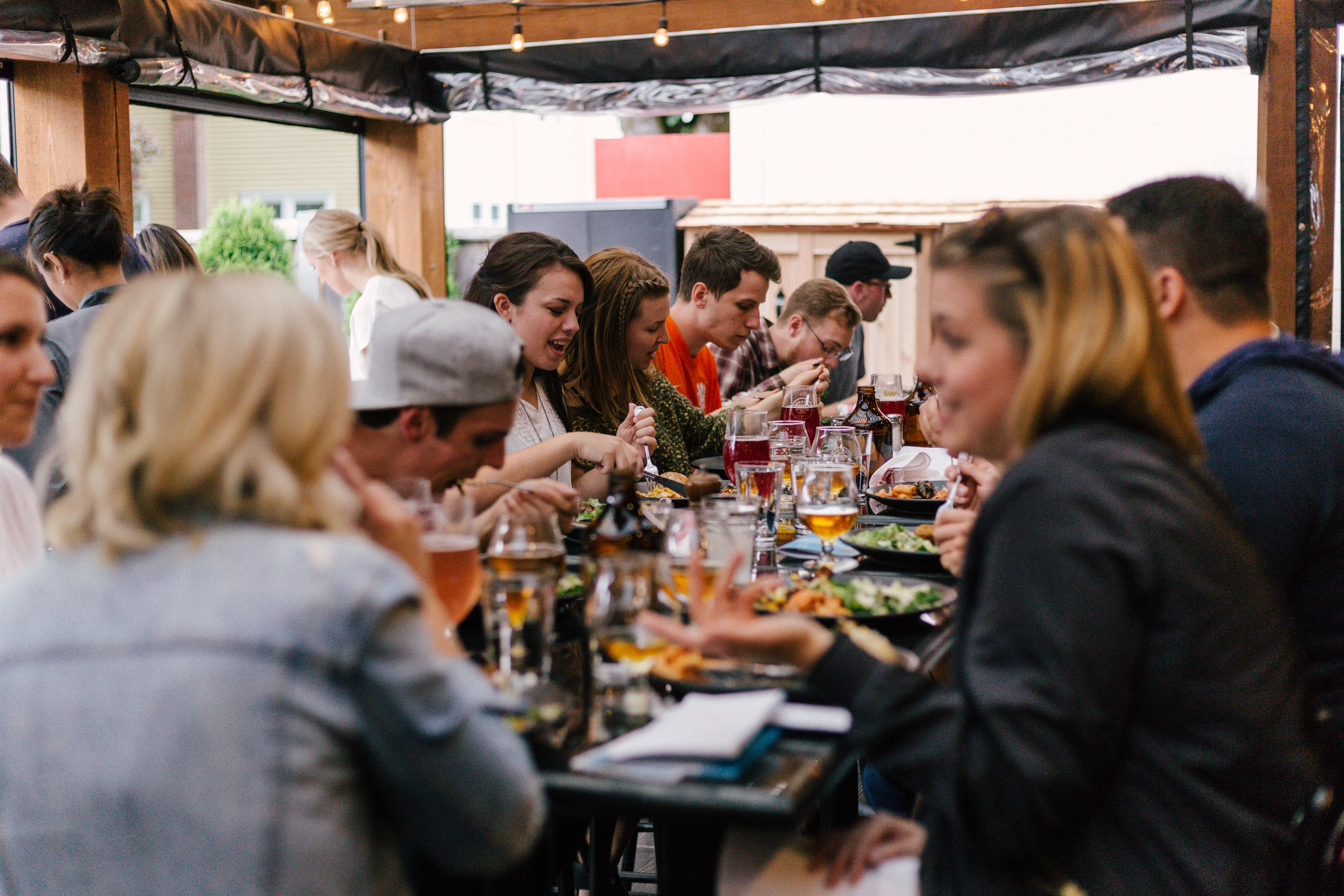
From a bigger focus on health to cutting back on spend, COVID-19 has had a dramatic impact on how we approach food. For millions around the world, it’s changed how shop for, plan and eat our daily meals and transformed our attitudes to eating out.
As we continue to emerge from a world rocked by coronavirus, we asked our global consumer community about the changes in attitudes and behaviours they’ve observed over the last six months when it comes to food. From our responses, we’ve identified seven global food trends that are having real global impact in the wake of COVID-19 – plus a five-step brand tool-kit telling you how your brand or organisation can react.
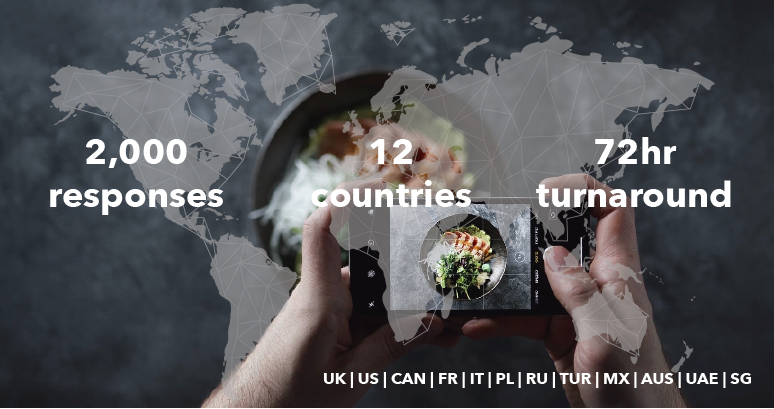
Keeping it local
Shopping local has been gaining momentum over the last few years and it’s only getting bigger in the wake of the coronavirus. With our global markets reporting over 70% participation in more locally-sourced food shopping, it’s clear that buying local is a major priority post covid. Pre-pandemic, the key rationale around going local was a focus on sustainability, food miles and ethics. While these factors remain important, the impact of COVID-19 has shifted motivations slightly: shopping locally is considered cheaper, when more and more of us are cutting back; it supports local economies in a time of economic upheaval and increased community spirit; and is healthier at a time when people are more focused on boosting immunity. All these factors featured heavily in our study.
Bulbshare user, 21 🇲🇽
Bulbshare user, 30 🇸🇦
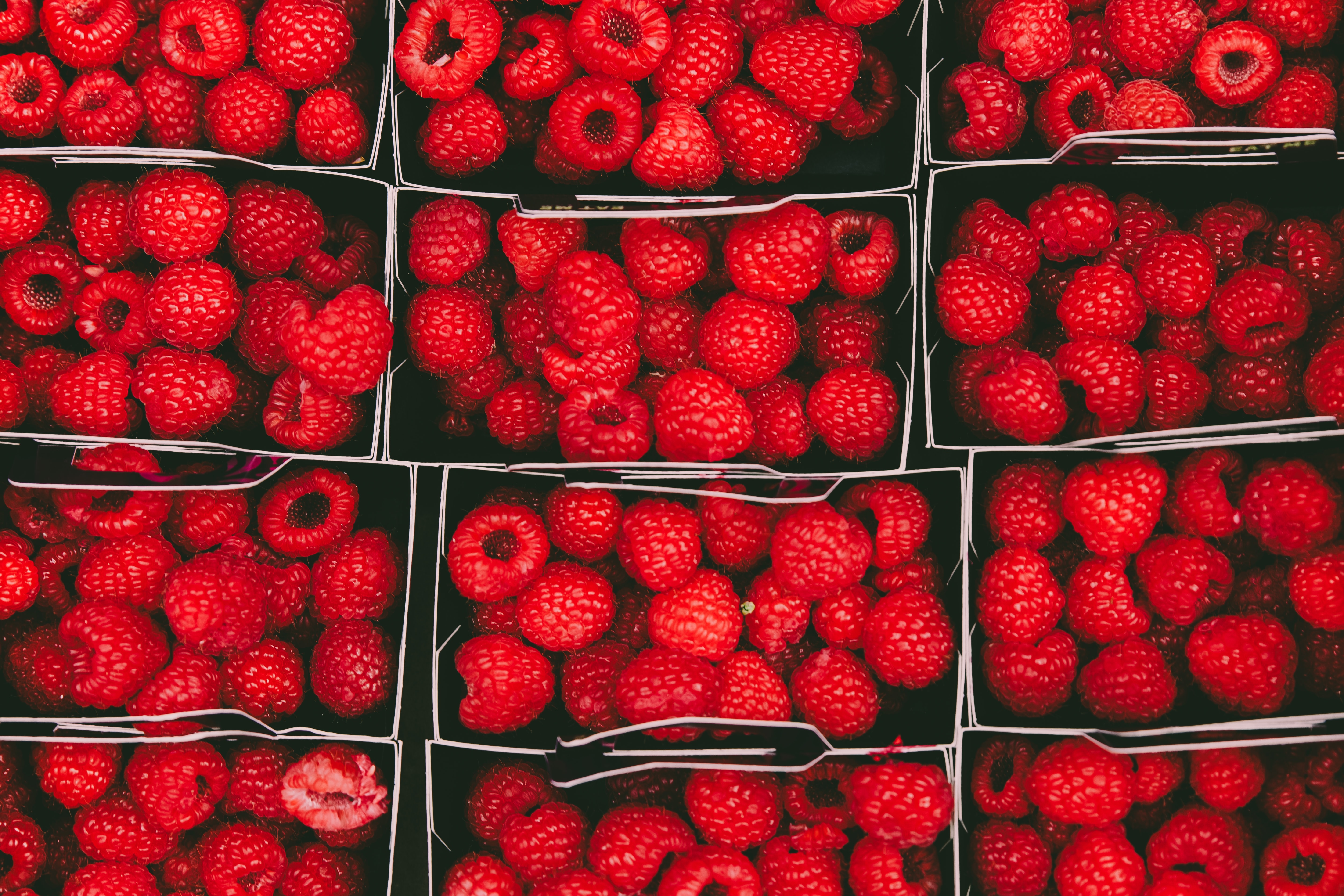
Zero waste
Linked to similar motives around sustainability that have inspired our local shopping trend, we have also observed a significant move towards zero waste. For example, Brazil reported over 85% participation in zero-waste food shopping and over 64% of Malaysians emphasised greater sustainability in their weekly shop. While this has been a growing trend in recent years, we have seen an increased awareness of the environment impact of food post lockdown, as people have been cooking more from scratch, travelling and eating out less and considering the positive environmental impact of this.
Bulbshare user, 58 🇬🇧
Bulbshare user, 30 🇵🇱
Veganism, veggi, flexi
While vegan, veggi and flexi diets have been on the rise in recent years, we’ve definitely seen a spike in a move towards plant-based eating as a result of covid. This can be put down to an increased focus on health combined with more time spent cooking at home and, consequently, a move towards trying out new dishes and new diets. Our consumer survey reported 55% of UK respondents using meat substitutes post covid, and 57% of Malaysians replacing dairy products.
Bulbshare user, 29 🇲🇽
Bulbshare user, 35 🇵🇱
From the garden to the table
Gardening and growing at home are officially booming! As the pandemic has forced many people indoors and anxieties remain high around going into public for fear of close contact, many of our digital customer communities have been growing their own food at home. And why not? It’s good for you – physically, mentally, AND financially. Growing your own is a trend we see becoming increasingly prevalent in 2021. Watch this space for a follow-up piece exploring the home-grown phenomenon…
Bulbshare user, 34 🇬🇧
Bulbshare user, 36 🇵🇱
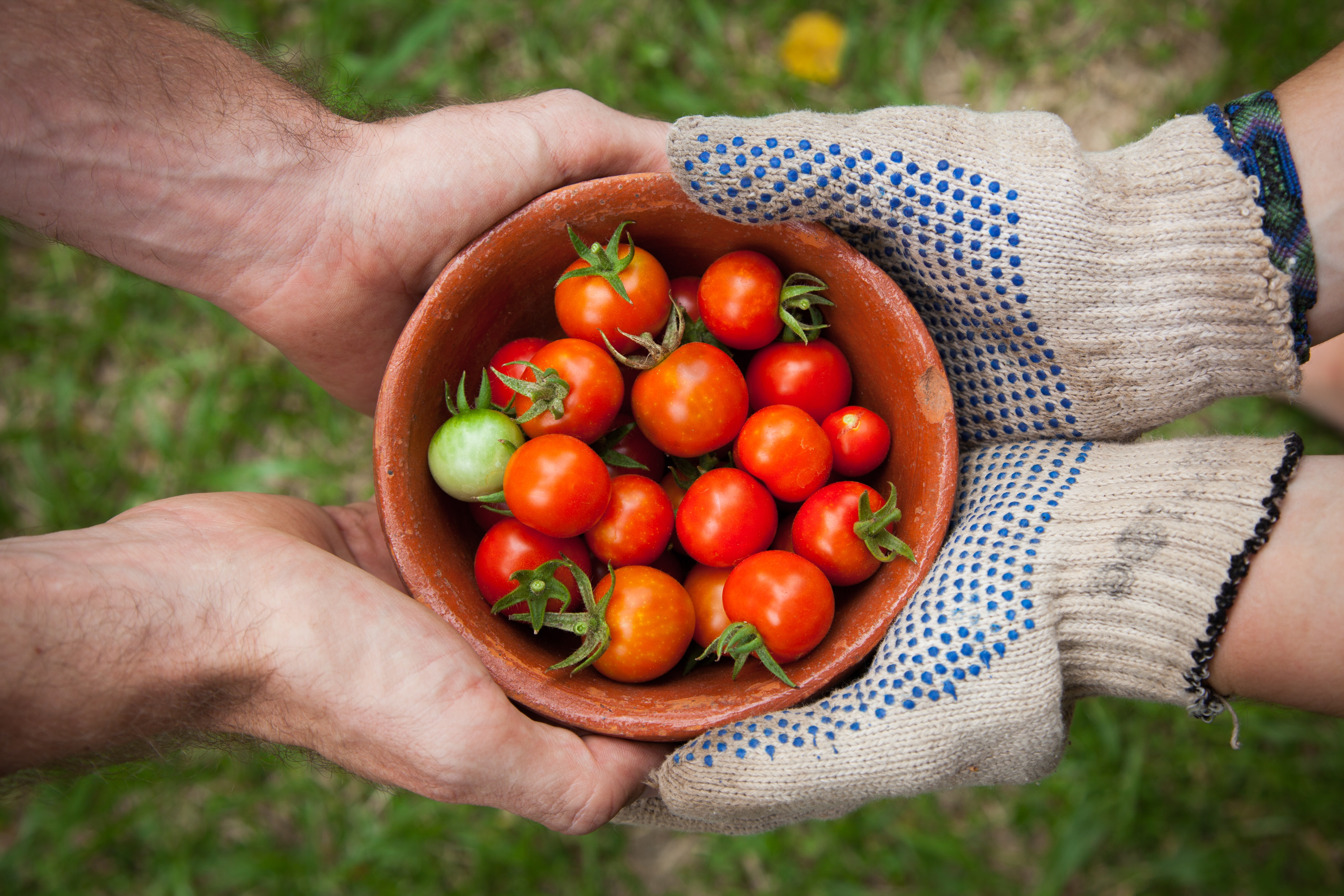
The hottest new restaurant: Your dining room
With restaurants having been shut down and/or operating capacities greatly curbed (along with fear of infection keeping people away), our digital research community has been cooking and eating more at home than ever before. Health, fear and financial anxieties have meant more and more people are replacing the restaurant with more elaborate home dining, utilising online recipes and food sites and bringing debonaire dining into the home.
Bulbshare user, 26 🇲🇾
Bulbshare user, 40 🇬🇧
Back to the basics (of ingredients)
Our customer survey communities have reported a heavy emphasis on going back to basics when it comes to food. Simple, healthy and natural ingredients are at the top of the foodie agenda for our community – with a notable rejection of anything considered processed and heavily synthetic. Preservatives, e-numbers and ‘hidden nasties’ were mentioned time and time again by our community and saturated fats and high sugar levels were top of the list of things to be avoided.
Bulbshare user, 49 🇵🇱
Bulbshare user, 34 🇬🇧
Disease Defence!
Boosting immunity and disease defence is high on the agenda when it comes to food shopping – being mentioned heavily in our open text responses. With not just health but ‘avoiding sickness’ being a high priority, our global respondents indicated a strong desire to eat foods with the intention of increasing their bodies’ natural defences against viruses and illness.
Bulbshare user, 46 🇲🇽
Bulbshare user, 28 🇲🇾
Brand tool-kit
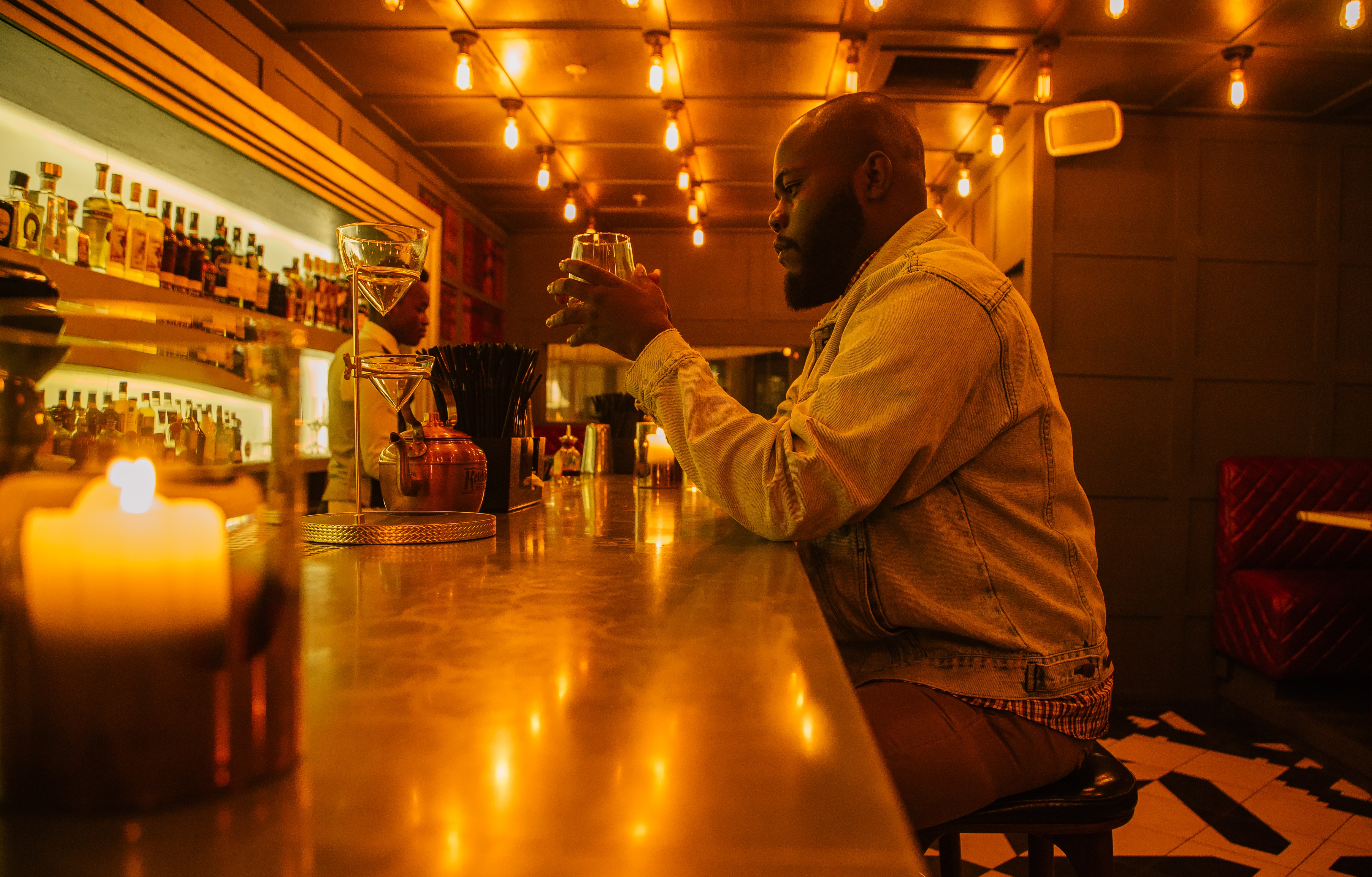
Join our panel of industry experts as they share key insights on what a Christmas of closed bars and pubs could mean for the drinks industry…
Thought-leading panel, including:
– Paul Thomas, Global Insight Director, Asahi
– Liz Davies, Category Lead, Budweiser Brewing Group
– Seb Szczukiewicz: Drinks Industry Insight Specialist, Bulbshare

Coronavirus has changed everything. From how we shop, work and socialise to our attitudes towards mental health and the environment. We’ve become more cautious and considered, more aware of our impact on others. We’ve been forced to be more insular but have learnt to be more community minded. And we’ve gained renewed perspective on the things that really matter.
The post Covid-19 world will be different in so many irreversible ways. Consumers will fundamentally change their expectations and behaviours and brands must innovate in order to adapt. We asked our global customer insights community what their post Covid-19 world looks like in order to get a feel for the key trends that will shape the future. Here’s what they told us…
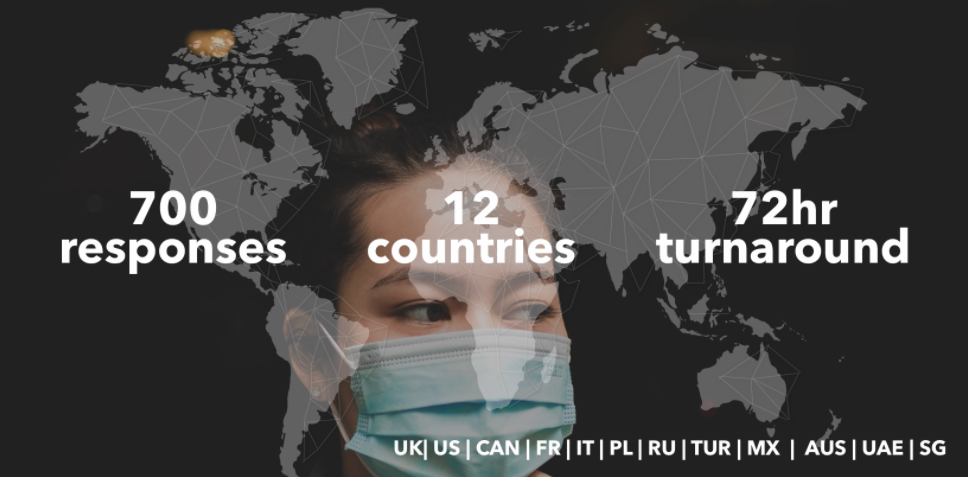
Event dining and AI delivery
One of the sectors hit hardest during the pandemic, restaurants will have a rough time regaining their dine-in customer base. Consumers have gotten used to lives without eating out and have seen the huge benefits of this in terms of the money they are saving. And when our global focus group community does return to dining, they’ve told us it will be treated more as an event – characterised at first by belated celebrations missed during lockdown.
Bulbshare user, 39 🇬🇧
Bulbshare user, 46 🇬🇧
Factors such as high unemployment rates, the fear of a second wave of Covid-19, and realisations around savings made during lockdown will mean restaurants have to rethink their entire business models to get consumers back through the door. We’ve already seen how imperative takeaway and delivery options are, and they will continue to be the main source of revenue for restaurants that survive this period of isolation. Enter AI delivery. In the UK, a robotic delivery service by Starship Technologies is already autonomously bringing fresh food to almost 200,000 residents of Milton Keynes. No human drivers or curriers involved, just a small, cooler-sized vehicle.
Brand Takeaway: Brands must be creative yet compassionate. It’s important to change your business model to best fulfill your consumer needs during this time. Maybe that means introducing more prepared, cook-it-yourself meals and less cooked-to-order, expensive foods. Or, reinventing the dining experience to be a celebratory event, for groups of friends and families to have a delicious dinner within socially distancing guidelines. Or, even more forward-thinking concepts like embracing technology in a traditionally human-centric exchange.
Family Values
If there’s anything our consumer community agrees on, it’s that being isolated from family and loved ones has been one of the more difficult consequences of lockdown. But, almost 50% of our global customer community members said they will not meet up in large groups of people even after stay-at-home restrictions are lifted. Many are still afraid for their health and safety, and actively want to protect others in their households. Most immediate post-lockdown interactions will be to visit family members they haven’t been able to see, whether because of travel restrictions or susceptibility to disease.
Bulbshare user, 28 🇬🇧
Bulbshare user, 27 🇲🇽
This unprecedented time forces us to reexamine our relationships with our elderly as well as our children, and a renewed appreciation of family will continue to be a priority for consumers. Once it becomes safe and acceptable to travel on vacation again, it won’t be to escape the monotony of everyday life anymore, it will be to purposefully reconnect with family in far away places and strengthen bonds. A global health crisis, unprecedented economic challenges, and rapid culture shifts allow consumers to reexamine what is most important to them.
Brand Takeaway: Messages around family, community, time and quality will have more meaning post Covid-19 vs those that focus on status and luxury. Take a step back and reexamine the basics of your brand. With much less disposable income, most consumers want to make a purchase feeling that it is going to better themselves or their family’s lives, not that it was unnecessary.
Work / Life balance
We’ve turned our homes into more than just our living spaces – they’re now our offices as well. There are much more distractions around us, and it has changed our perspective on what it means to be productive. Some people struggle with the relaxed way of working, but some people thrive in the flexibility it provides. While we don’t know when the Coronavirus will disappear, safety precautions like working from home and digital communication between team members will most likely be the norm for years to come.
Bulbshare user, 30 🇺🇸
Bulbshare user, 32 🇦🇺
In fact, big corporations like Twitter have already put policies into place allowing employees to choose to work from home indefinitely. They will not open their offices until September, and even then, employees won’t ever have to come in at all if they feel their health is at risk. With the skyrocketing success of video platforms like Zoom and Google Hangout, there’s no need to fit twenty people into a crowded boardroom, and many more companies will follow in Twitter’s footsteps because of this. We’ve been living in the age of the digital revolution for years, but implementing completely digital workspaces into our daily lives drastically speeds it up. Many people are having to quickly learn new technologies and our practice with them everyday is developing new virtual routines that will live on, such as no more long commutes to an office building, no more 9 to 5 workdays, and juggling productivity with things like childcare and maintaining healthy sleeping and eating habits.
Brand Takeaway: There’s no more avoiding the digital revolution. Brands should target consumers who can benefit from online accessibility. With this, a flawless user experience is key, as employees who are learning to navigate recent technology will need products that help them, rather than frustrate them. Even though working from home means less face to face interaction, it’s still important to emphasize that a company is still a community made up of strong connections.

Meaningful trips and virtual vacations
Even though lockdown restrictions are cautiously being lifted, we won’t return to normal life for quite some time. Vacations, cruises, business trips, and more have all been postponed indefinitely, and people are itching to leave their homes. We asked our digital research community what will be on the top of their to-do list as we emerge on the other side of Covid-19, and many mentioned planning for a much-needed vacation.
Bulbshare user, 31 🇵🇱
Bulbshare user, 32 🇲🇾
However, what’s different about these future vacations is that consumers will take on a whole new mindset when planning their travels. It’s not just a vacation for the sake of it anymore, it’s for a specific purpose that Covid-19 has brought forward, like making the effort to see family, or traveling to better their mental health and enrich themselves, because people realise that time is precious. Sadly, regular travel seems like it is still a ways away. In the meantime, destinations all over the world have been utilising technology to provide a virtual cure for wanderlust. Immersive VR experiences such as getting a 360 degree view of iconic wonders of the world like the Taj Mahal, Sphinx, and Stonehenge or perusing through famous museums like the Louvre from your home are alternatives for consumers still being very cautious about the risks travel poses to their health.
Brand Takeaway: The coronavirus pandemic has reminded consumers of the importance of having strong family bonds, so the term ‘family vacation’ takes on a deeper meaning than before, and is an opportunity for brands to emphasize the benefits of travelling and having once in a lifetime experiences with loved ones. In addition, the virus has also shifted consumer’s focus onto their own mental health, so brands can utilise travel or other forms of vacation as ways of grounding oneself in stressful times.
Home dining and healthy living
One of the prominent themes we see emerging in the post Covid-19 world is the need for self-improvement- mentally, emotionally, and physically. This elusive virus that seems to affect people of all ages and lifestyles can pose as a dose of reality for consumers, and allows them to realise how fragile life really is, therefore it is vital we take care of ourselves.
With restaurants no longer open to dine in, and consumers being very careful with their spending, many are getting into the healthy habit of cooking meals for themselves at home, learning what comprises a healthy meal and even getting creative with recipes. Home exercises are also rising to popularity, along with no-equipment workouts like running and walking that also function as an excuse to get some fresh air. These lifestyle changes won’t go away anytime soon, and while some are eager for gym facilities to open, many are still concerned with the germs that can easily spread and will choose to stick to their home routines for a while. In terms of mental health, it’s no shock that the current state of the world and being isolated indoors has caused many to feel anxious and depressed. The positive side is, consumers are actively looking to help themselves in this aspect whether it be through online therapy, meditation courses, or enjoying hobbies with their newfound free time. Our global community has stated many different ways they’ll be taking charge of their wellbeing after this.
Bulbshare user, 23 🇵🇱
Brand Takeaway: We are seeing a lot of messaging around people having no excuse for a lack of productivity during lockdown. But, it’s a good idea to remind consumers that it’s okay to have days where they don’t feel like doing anything. It’s a powerful mental wellbeing check for people to hear from a brand that there’s no right way to process a global health crisis. Brands that emphasise that everyone has an individual experience while promoting the benefits of nutrition, exercise and counselling will stand out from the crowd by being understanding yet transparent.

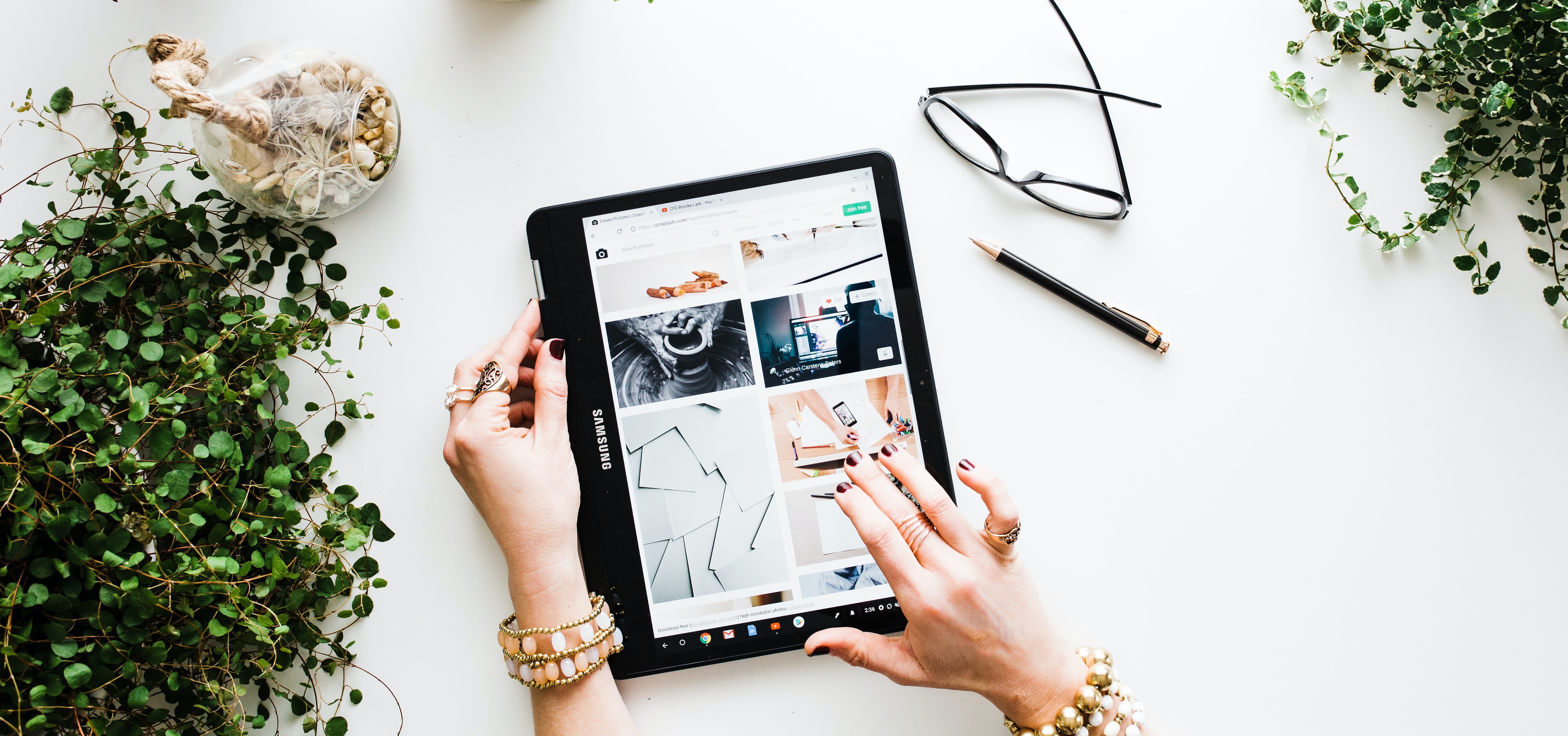
In a world where we are bombarded with advertisements and sponsored content all day long, it can be difficult for brands to find their way of standing out. Millennials, and now Gen Z, are more demanding in what they expect from brands. They won’t just spend their money anywhere, it has to align with their views, values, and appeal to the eye.
We asked our online global customer community about what content they want to see and examples of brands that are inspiring them. With our community’s insight, we put together a 10-step toolkit to creating content that resonates with modern audiences.

1. Be transparent
With ethical consumption on the rise, consumers are learning how to read nutrition labels and ingredients lists and know what scary-sounding chemicals or additives to avoid. When speaking about what makes up your product, it’s important to make it short and use understandable language. Consumers are increasingly researching a company’s practices before buying, so being transparent about testing, sourcing, and processing is essential.
Bulbshare user, 42 🇲🇾
Bulbshare user, 35 🇦🇺
2. Keep it relevant
Whether brands are late to trends, ignore what’s going on in the world, or are cryptic in their responses, it can be a bit off-putting when content isn’t relevant or up-to-date. Using the Coronavirus pandemic as an obvious example, brands need to be proactive in their content strategies to be empathetic to the situation, and informative to their customers. It would seem a bit tone-deaf for, say, a travel company to be advertising an international getaway. Relevancy goes along with being transparent, in that consumers want to know what brands are doing to keep their customers and employees safe.
Bulbshare user, 36 🇲🇽
Bulbshare user, 41 🇬🇧
3. Show your support
As mentioned in our Social Purpose toolkit, having your brand be linked to a clear social purpose can be key in generating a loyal customer base. Brands that actively align themselves with a moral purpose or social mission by promoting it in their content and products show that they are committed to providing for their community and the world at large. Using their platforms to highlight issues, or donating a portion of profits engages with the socially-conscious consumer and establishes them as a brand that cares about more than just sales.
Bulbshare user, 36 🇧🇷
Bulbshare user, 68 🇺🇸
4. Go green
In conjunction with having a social purpose, consumers are overwhelmingly demanding more sustainable products and services in every market. Companies like Patagonia have cultivated a massive following over the years because of their commitment to helping the environment, and using their content to educate their audiences about their recycled materials, conservation initiatives, and more. However, promoting your eco-friendliness includes being completely transparent in your brand’s practices and processes.
Bulbshare user, 42 🇲🇾
Bulbshare user, 44 🇮🇳
Bulbshare user, 35 🇬🇧
5. Paint a picture
While the messages that a brand communicates with its content and marketing is very important, what really does the work of reeling audiences in is the visual. Social media is primarily about consuming images and videos, so an appealing aesthetic that stands out from the crowd is imperative. Your brand’s visual content sets the tone of the message, portrays the persona of the company, and leaves a lasting impression. For example, it’s pretty easy to guess that this is a Nike commercial before you even knew what brand it was for, simply because they’ve established such a strong and distinctive brand identity through their visual content.
Bulbshare user, 33 🇮🇹
Bulbshare user, 24 🇲🇾
Bulbshare user, 18 🇬🇧

6. Get creative
Fresh and original content from brands in today’s digital landscape is like a breath of fresh air. Some of the best social media marketing to come out of the last 10 years has been so successful because it is ahead of the trend curve, quirky, or just bizarre. Consumers want to see more out-of-the-box thinking from brands, because it shows their intelligence of their modern audiences and a commitment to standing out. Many brands like Denny’s Diner and Netflix capitalized on the edgy, witty Twitter atmosphere to garner many viral tweets and engage with their followers.
Bulbshare user, 25 🇬🇧
Bulbshare user, 24 🇧🇷
Bulbshare user, 33 🇺🇸
7. Representation matters
As mentioned in our Brand Activism toolkit, we asked our global community how brands can back up their recent social activism, and a majority said being inclusive of all races, genders, ages, and bodies in their advertisements and marketing content. Diversifying your brand’s content can greatly increase positive views, because modern audiences want to feel represented and advocated for by the company they are buying from. It strengthens a brand’s reputation and opens the door to working with more influencers, partnerships, and creatives.
Bulbshare user, 41 🇦🇺
Bulbshare user, 23 🇩🇴
Bulbshare user, 36 🇸🇬
8. Tutorials and testimonials
It’s great to include all types of real people in a brand’s content, but it’s even better to show real people using the product or service for an accurate display, persuading those who were maybe not convinced. Using the brand’s platform to share tutorial videos or tips and tricks helps with transparency and allows consumers to have a better understanding of the product and the brand as a whole. Testimonials from real customers or influencers are likely to encourage consumers to trust your brand and its ability to deliver.
Bulbshare user, 40 🇺🇸
Bulbshare user, 40 🇺🇸
9. Be innovative
Consumers look to a brand’s digital content to inform them of what’s new and exciting. An innovative brand takes into consideration all the steps before this, as well as the basic needs of their target audiences. Maybe it’s the new, most eco-friendly product, or the most size-inclusive clothing line, or maybe just the brand that is the most relatable and knows their consumer on a personal level. However your brand can be innovative, use your platform to keep your loyal customers engaged, yet refreshing enough to gain new customers.
Bulbshare user, 28 🇨🇦
Bulbshare user, 38 🇲🇽
Bulbshare user, 39 🇨🇦
10. Co-creation is key
When it comes down to it, what sets brands apart from one another is the customer’s experience. To give consumers a better experience the brand has to put themselves in the shoes of their customers, and listen to what they have to say. What better way to satisfy both the brand and the consumer than through customer collaboration? Co-created content allows consumers to give their honest insights while you, the brand, get a better idea of what your audience wants to see and can put it into effect. They feel as though they are helping to make changes in a product they love, and you get content ideas and a deeper connection with your customers. It’s a rewarding experience for both parties involved. What’s better than user-generated content?
Bulbshare user, 28 🇰🇪
Bulbshare user, 28 🇲🇾
Bulbshare user, 27 🇰🇪

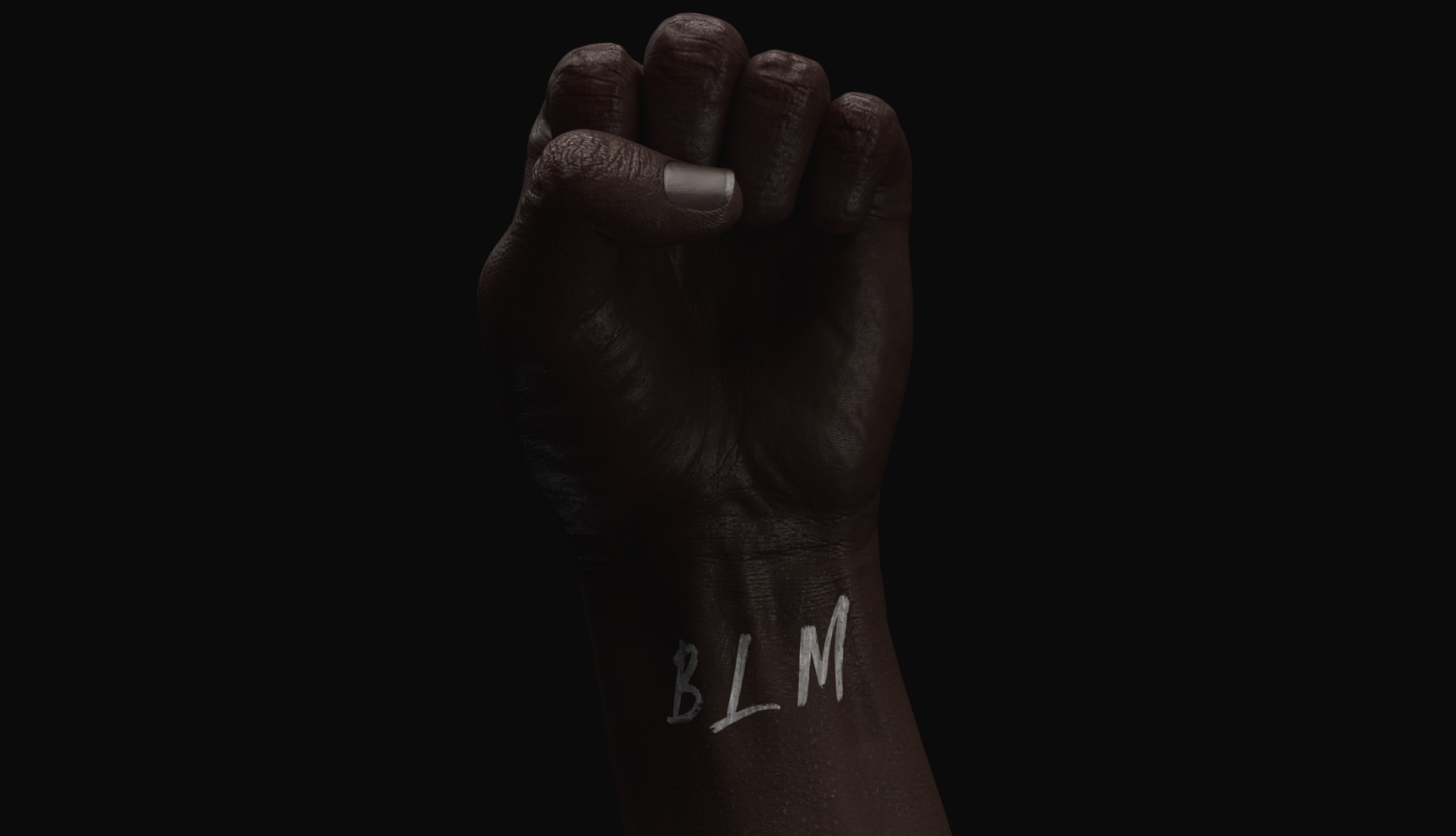
Being part of social justice activism is a risk that a lot of brands weren’t willing to take until now. But with recent events around the death of George Floyd in the US and the consequent focus on the Black Lives Matter movement, many have decided to change their stance. As a new generation of young consumers becomes increasingly politically active, brands have realised they have the power, influence and responsibility to get involved too.
While this has been a contentious topic in the past, with many believing politics wasn’t the place of brands – and even boycotting them for having a voiced opinion – the rise of gen Z tells us that in 2020, brands are expected to have an active stance on social and political issues. A 2018 Edelman Earned Brand study revealed that 64% of consumers around the world would buy from brands that are vocal about their beliefs and principles – and the concept of ‘voting with your wallet’ is becoming more widespread, where consumers show allegiance to brands that are aligned to their own values.
So, what exactly do consumers expect of the brands that are pledging their support for the Black Lives Matter movement? What should brands be doing and saying in this politically charged environment, and which are the brands that are leading the way? We asked our global customer community to share their thoughts on the best ways for brands to be socially and politically active, and from what they told us, we’ve put together a five step guide to getting it right…
Social Media Activism
Support for Black Lives Matter has taken social media by storm, with information and resources being shared everyday. Companies have taken to their social media platforms to publicise their statements, saying they stand in solidarity with victims of violence and racial inequality, and most make a pledge to do better in their executive actions. While these posts are usually kept short and simple, it’s still impactful for brands to be clear in their stance and broadcast it to as many consumers as possible, and social media is one of the most effective ways to reach them, interrupting their usual content feed.
Bulbshare user, 18 🇬🇧
Bulbshare user, 25 🇬🇧
Bulbshare user, 20 🇺🇸
Put your money where your mouth is
While publicly stating their support for the Black Lives Matter movement and racial equality initiatives, a social media post is just the first step for a brand to put their beliefs into effect. Many companies are being criticised for using the default aesthetic of white letters on a plain black background with what sounds like empty promises. Gen Z are particularly sceptical of a company that doesn’t show the same enthusiasm for changing their own course of actions as they do for using hashtags or changing colour schemes. In order to gain the trust of belief-driven consumers, brands have to follow up their statements with substantial action such as donating to charities, promoting Black organisations, or sharing resources for their audiences to learn from.
Bulbshare user, 35 🇺🇸
Bulbshare user, 40 🇺🇸
Bulbshare user, 41 🇧🇷
Our market research tool found that many users cited Ben & Jerry’s as a brand they think is going above and beyond in their activism. With a more straightforward-than-average declaration of “We must dismantle white supremacy,” Ben & Jerry’s has published many different statements, infographics, and business initiatives that illustrate the legislation and political upheaval they deem necessary for racial equality. Founders Ben Cohen and Jerry Greenfield have even been attending protests themselves.

Building from the bottom
Even still, once our news feeds slowly return to normal, consumers will be looking to brands to practice what they preach. With the rise of popularity in ethical consumption, buyers actively research a brand’s leadership and policies before making a purchase. If a company’s internal practices like hiring and sourcing match their external activism, it strengthens their overall brand image and greatly enhances consumer trust. Overwhelmingly, many consumers from our global community expressed how they want brands to hold themselves accountable for practicing equality and diversity in all levels of their employment.
Bulbshare user, 36 🇬🇧
Bulbshare user, 28
Bulbshare user, 26 🇦🇺
Diversity in advertising
Another way for brands to back up their support for the Black Lives Matter movement and other social justice issues, is to advertise their products with diverse and inclusive models, in the beauty and fashion industries especially. We as consumers are incredibly diverse, coming from different cultures, identities, abilities, and body shapes, and it’s becoming more important than ever to feel represented in advertising from brands that want to get us to buy their products. In a 2019 survey by Adobe 62% of respondents said that a brand’s diversity (or lack thereof) impacts their perception of the company as a whole. 34% said they have even stopped shopping with certain brands because of their lack of representation. Dove was mentioned numerous times by our community of consumers as a brand they believe is getting their advertisement campaigns right. One of the first brands to ever pledge to show ‘real beauty,’ since 2004 they have been using women of all races and body types in their campaigns.
Bulbshare user, 41 🇬🇧
Bulbshare user, 20 🇲🇾
Bulbshare user, 45 🇦🇺
Bulbshare user, 37 🇺🇸
The right partnerships
Some brands have even raised the standard by sharing their platform and resources with organizations that are working toward racial equality. Netflix has partnered with the Marsha P. Johnson Institute ahead of their virtual Pride event, Ben & Jerry’s is working with organizations Color of Change and Advancement Project, even sports teams like Manchester United have taken the initiative to support anti-racism organization Kick It Out, donating all the proceeds of their ‘Black Lives Matter’ shirts. Brands that publicly pledge their allegiance to the cause by partnering with charities or foundations are not only giving back to communities, but giving those organizations exposure and actively aligning themselves with progress toward social justice.
Bulbshare user, 44 🇬🇧
Bulbshare user, 37 🇲🇾
Bulbshare user, 39 🇲🇾

While consumers certainly have a right to believe that brands don’t have a place in social justice, it’s increasingly harder for brands to avoid taking a stance in the age of social media and ethical shopping. As long as a brand’s statement is followed up by a concrete action plan, our digital consumer communities largely responded positively and are willing to support that company even more.

Our Covid-19 Tracker charts the changing daily attitudes and behaviours of 1000s of global consumers – capturing real customer voice and forecasting future consumer trends. As Government restrictions ease, our week eight report takes a detailed look at the changing face of the Post Covid-19 consumer.
Click below to download our full report, tracking the thoughts, feedback and opinions of our global community from the onset of the crisis.

Satisfaction with Government varies across countries
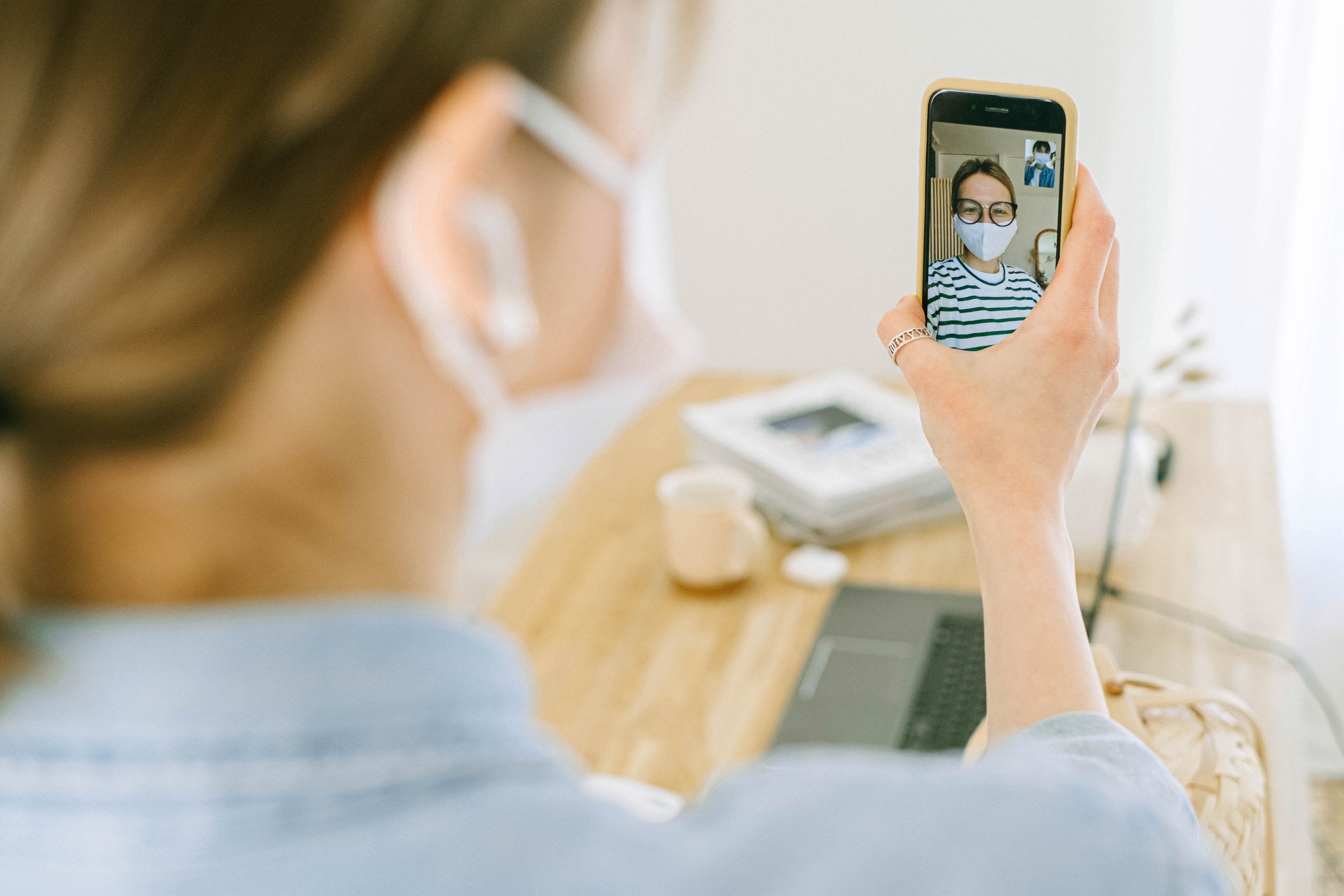
Our Covid-19 Tracker charts the changing daily attitudes and behaviours of 1000s of global consumers – capturing real customer voice and forecasting future consumer trends. As lockdown eases, our week six report begins to explore the post Covid-19 consumer.
Click below to download our full report, tracking the thoughts, feedback and opinions of our global community from the onset of the crisis.

Mental Health
• With lockdown beginning to ease, we are starting to see a decline in levels of anxiety – with those who ‘feel anxious about the situation’ falling from 70% to 62% over the last three weeks.
• Negative sentiment continues to dominate the minds of our community members – especially in the US and Italy.
• Concerns about family members catching the virus remain the biggest worry. Financial worries are also on the rise.

Shopping
• Users continue to move to online shopping across the majority of our communities – as social distancing guidelines remain in place. However, we have seen a decline of around 10% in the UK and around 19% in France over the last week.
• Numbers of users stockpiling continues to go up and down, with no clear pattern emerging. This week we have observed a spike in Italy and the US, but seen a sharp decline in the UK, France and Brazil.

‘New Normal’
• Key positives emerging from Covid-19 are a bigger focus on health, fitness, nutrition and hygiene. Lockdown has also encouraged people to address their work/life balance and spend more quality time with family.
• Covid-19 has brought about a number of learnings which will bring change to our users’ day-to-day attitudes and behaviours. These include being ‘pandemic-ready’, planning food resources better and having more appreciation of family time.

Work
• Unemployment continues to rise – particularly in the US and Italy.
• We are also observing a rise in those working less than they did before, meaning those still working are having hours and shifts cut.
• Working from home continues to rise. We anticipate seeing a slow decline here as governments across our communities begin to encourage those who can do so to return to work.

Satisfaction with Government varies across countries
• High satisfaction with Government response and actions in Italy, moderate in US and UK, and low in France and Brazil. The dissatisfaction stems from the perception of delayed response, lack of enough PPE and financial benefits not reaching the people.
• Users generally feel that governments have taken the right decisions on social distancing, lockdown and isolation.

Response on press coverage
• Opinions stand divided on press coverage and behaviour; while most find it informative, accurate and helpful, others find it to be a source of overly negative and depressing information.
• Low perception of news being positive, rather perceived to be extremely negative in the UK and Italy with low objectivity.
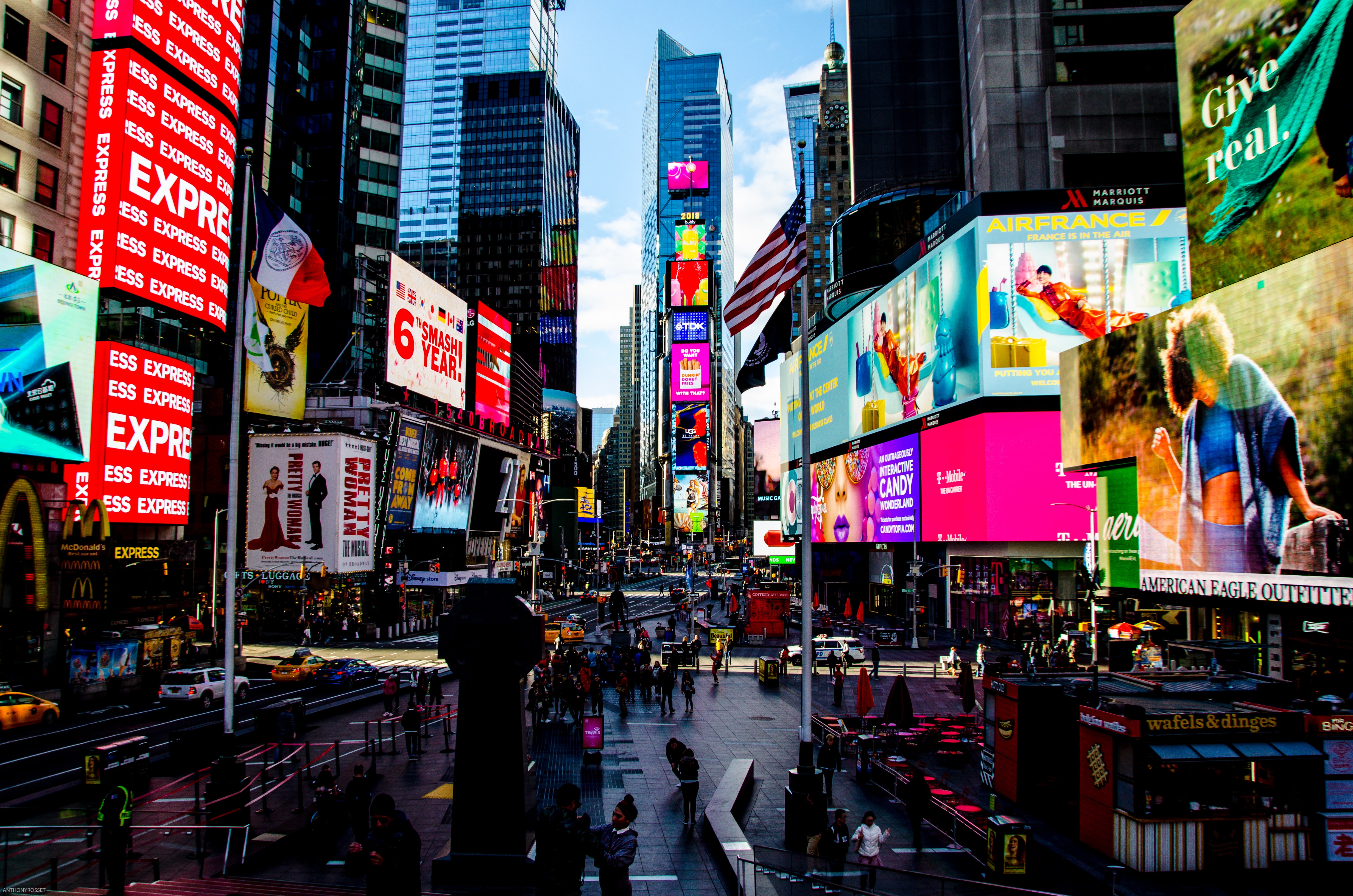
In the last six weeks, the outbreak of Covid-19 has irreversibly transformed our lives. Our homes are no longer just homes, they are offices, classrooms, and gyms. We are cut off from friends and family, and socialising via screens. We are living, shopping, working differently.
Across the globe, thousands have lost their lives, and millions have lost their livelihoods. Governments are taking drastic, unprecedented measures to support their economies, their health systems and their people, while individuals are doing what they can to raise money and moral.
Amidst the turmoil have been beacons of light. In a time of isolation, the idea of community has never been more important. We’ve seen waves of clapping, live music from balconies, army captains raising millions. We’ve seen businesses stepping in to donate ventilators, and industry turning its hand to new innovations.
Global brands have also been going above and beyond to help out in this time of need – with everything from simple donations to far-reaching support initiatives. With that in mind, we asked our global insights community to tell us who their brand heroes have been during the epidemic. Here’s a list of their top five. It’s as surprising as it is inspiring…
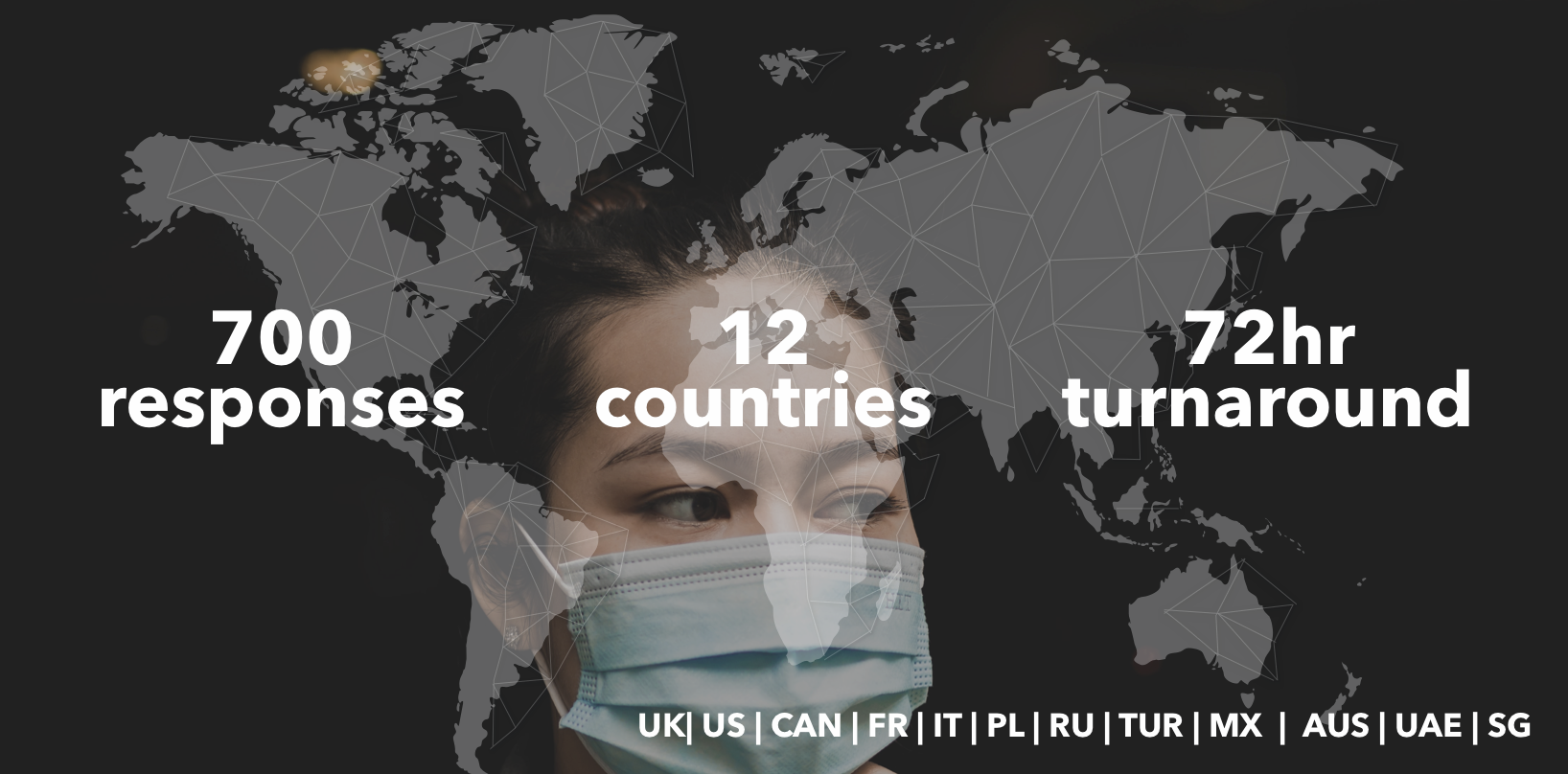
DoorDash
Food delivery services like DoorDash and UberEats have become game-changers in a world where going out to eat is prohibited, providing meals to families every day, while promoting health, safety and social distancing. Both DoorDash and UberEats are providing free protective equipment to their employees. DoorDash has also rolled out a commission relief and marketing support programme for independently owned restaurants that could be hurt by lack of customers. They have added more than 100,000 small businesses to their app, offering no commission fees, $0 delivery fees, and over $20 million in marketing efforts to generate revenue for independent restaurants already on the app.
(Bulbshare user, 34 🇺🇸)
(Bulbshare user, 33 🇧🇷)
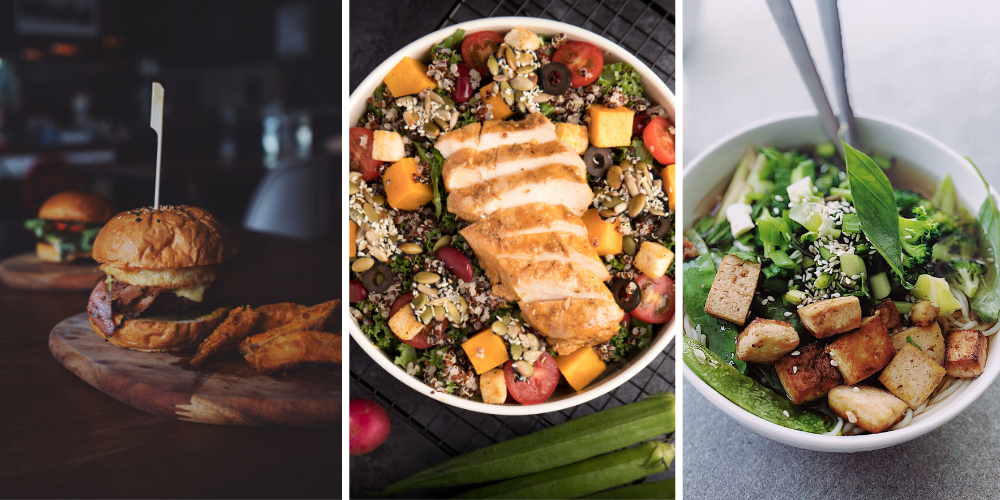
Google
Google is supporting people in more ways than one. They are making it easier to stay connected with loved ones, co-workers, and students when virtual communication is the only option, by making premium features of their Google Hangout technology free to everyone. In addition, Google has led the way with unique relief efforts, such as giving $25 million worth of advertising credit to the World Health Organization (WHO) and donating over $1 million to purchase medical supplies and provisions for frontline workers. Google technology is also being used in the research of the virus’s structure.
(Bulbshare user, 43 🇲🇽)
(Bulbshare user, 30 🇷🇺)
Verizon
With our work, education, and social lives now being entirely online, having access to wireless data is essential. Verizon, along with many other phone service providers like AT&T, Vodafone and Telstra are making sure their customers can still afford to stay connected on their devices. Verizon is waiving all late, international, activation, and upgrade fees, and offering free extra data plans up to 15GB. And, they have a variety of free calling packages and learning tools available for healthcare workers and teachers.
(Bulbshare user, 47 🇬🇧)
(Bulbshare user, 37 🇦🇺)

Alcohol Distilleries
Hundreds of gin, vodka, whiskey, and beer distilleries and breweries all over the globe are halting their alcohol production and switching to making hand sanitiser in an effort to keep up with demand while keeping it at affordable prices – AND keeping their employees on the payroll. Popular brand names in the UK like BrewDog have donated sanitiser to local charities and care facilities. 58 Gin has even created personalised bottles of hand sanitiser, where you can pick your own scent, colour, and label. Our online focus groups reacted well to examples of brand compassion such as this.
(Bulbshare user, 37 🇬🇧)
(Bulbshare user, 39 🇺🇸)
The Body Shop
While cosmetics brands may not come to mind right away in the fight against Covid-19, The Body Shop is setting an excellent example of tackling issues that are a direct result of the virus. In addition to keeping all of its employees on their payroll and donating over 30,000 soap products to vulnerable communities and hospitals, they have teamed up with NO MORE to support and provide resources to those trapped in domestic abuse situations due to stay at home mandates.
(Bulbshare user, 39 🇬🇧)
The real heroes – the front-line health workers
And of course, our global research community is thankful for all the health care providers facing the coronavirus head on every day – the real heroes risking their lives to protect and care for those affected.
(Bulbshare user, 34 🇵🇱)
(Bulbshare user, 38 🇺🇸)
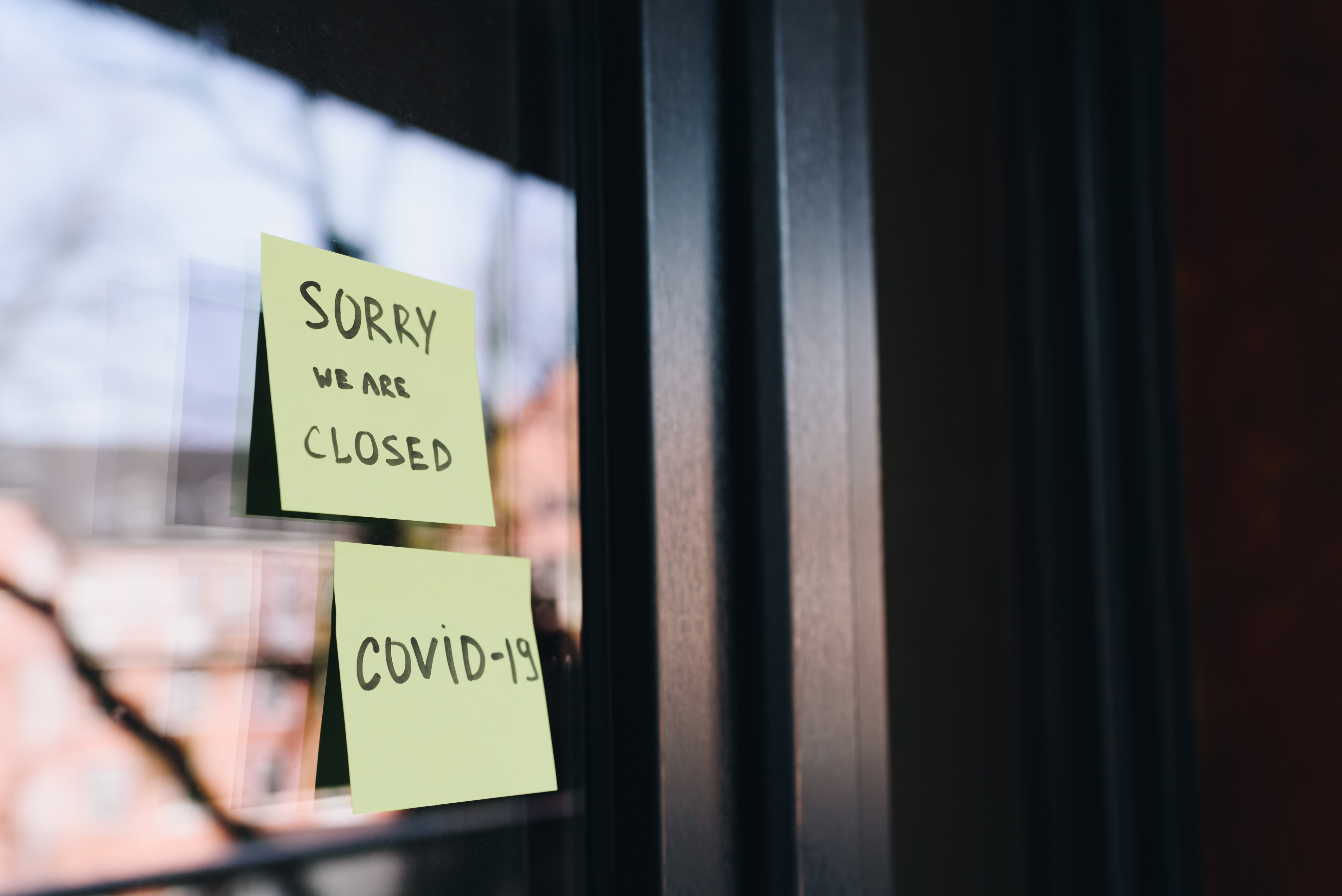
Our Covid-19 Tracker charts the changing daily attitudes and behaviours of 1000s of global consumers – capturing real customer voice and forecasting future consumer trends. Click below to download our full week four report, tracking the thoughts, feedback and opinions of our global community from the onset of the crisis.

Mental Health
• As the lockdown continues, the levels of anxiety remain high – with 74% of respondents feeling anxious. Of all our communities, the most significant spikes in anxiety levels during week four can be observed in Italy.
• Despite a slight improvement vs week three, negative sentiment towards the current reality continues to dominate the minds of our community members.
• Concern about family members catching the virus remains high week-on-week . However, fears around financial worries/job security continues to increase – being most prevalent in the US.

Shopping
• Moving to online shopping remains high across most of our global communities – as lockdown and social distancing persists. However, for some communities this has actually fallen during week four, notably Italy and the US.
• Stockpiling continues to increase in the UK, France and Brazil, but has declined in Italy and the US.
• Long-life products and essentials remain the most common items in the basket. Users are continuing to shop for different brands and have started buying more non-food items.

Physical Health
• We are seeing an increase from 39% to 41% of community members reporting that they are exercising less during lockdown.
• The number of people exercising less has increased across all our communities – with the biggest decrease in exercise coming in Italy.
• While many are exercising less, there are also those exercising more during lockdown, with many moving to online fitness classes.
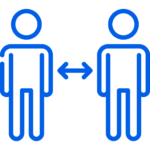
Social Distancing and Isolation
• Social distancing is becoming harder as people miss their families and friends. In week four, the pressure and fatigue of lockdown is increasing significantly.
• Despite this, we continue to observe a number of positives – spending more time with family being the top of the list.
• Feelings of being trapped, isolated and bored are most common across all of our global communities.

‘New Normal’
• We are seeing more people trying a new diet or simply exploring new meals or recipes at home.
• Leveraging technology (video calls, PC, online streaming) remains high across all our communities – especially for
connecting with family and friends.
• We have seen an increase in users engaging in new pastimes – reading and audiobooks have been particularly prevalent, especially in the US, UK, Italy and France.
• Online fitness classes have been gaining more traction too , in particular in the UK, US, Brazil and France.

Work
• Concerns about unemployment and financial instability are rising. The level of people not working is still increasing in most of our global communities (only Brazil and France have experienced a decline).
• We have observed a very high incline in users ‘working less than before’ in Italy – from 22% up to 50%.
• Working from home remains a constant theme, though we have now seen some variation:
– In Italy, people are now working less from home (this could be linked to a rise in those not working) – moving from 39% to 13%.
– In Brazil, France and US the numbers of those working from home continues to rise

Our Covid-19 Tracker charts the changing daily attitudes and behaviours of 1000s of global consumers – capturing real customer voice and forecasting future consumer trends.

Mental Health
• Anxiety remains high – at an average of 73% across our communities. This can be worst felt in Brazil where infection and death rates continue to rise.
• We have observed a marginal drop in negative sentiment on anecdotal responses for the first time, as people begin to see a light at the end of the tunnel and the easing of lockdown is beginning to be discussed across some communities.
• Concerns about family members catching the virus remains the most significant fear. However, financial worries and job insecurity is also on the rise.

Shopping
• Online shopping continues across the majority of our communities.
• Stockpiling continues to decline.
• Long-life products, canned good and everyday essentials remain the most common items in the basket – with people continuing to shop for alternative brands where their staple purchases are not available.

‘New Normal’
• Behaviour changes remain largely inline with previous weeks:
• Leveraging technology (video calls, PC, online streaming) remains significant across all our communities.
• Engaging in other, more traditional pastimes such as cooking, reading and crafting is also on the rise.
• We have observed an increase in users subscribing to online education platforms – particularly in the UK and Italy.
• The use of online food delivery companies has also experienced spikes across our UK, Brazilian and French communities.

Social Distancing and Isolation
• We are beginning to observe increased feelings of pressure around lockdown, with isolation fatigue setting in and much negative sentiment being reported around not seeing an end to the crisis.
• Despite this, we continue to observe a number of positives – with spending more time with family continuing to be at the top of the list of good things to come out of lockdown.
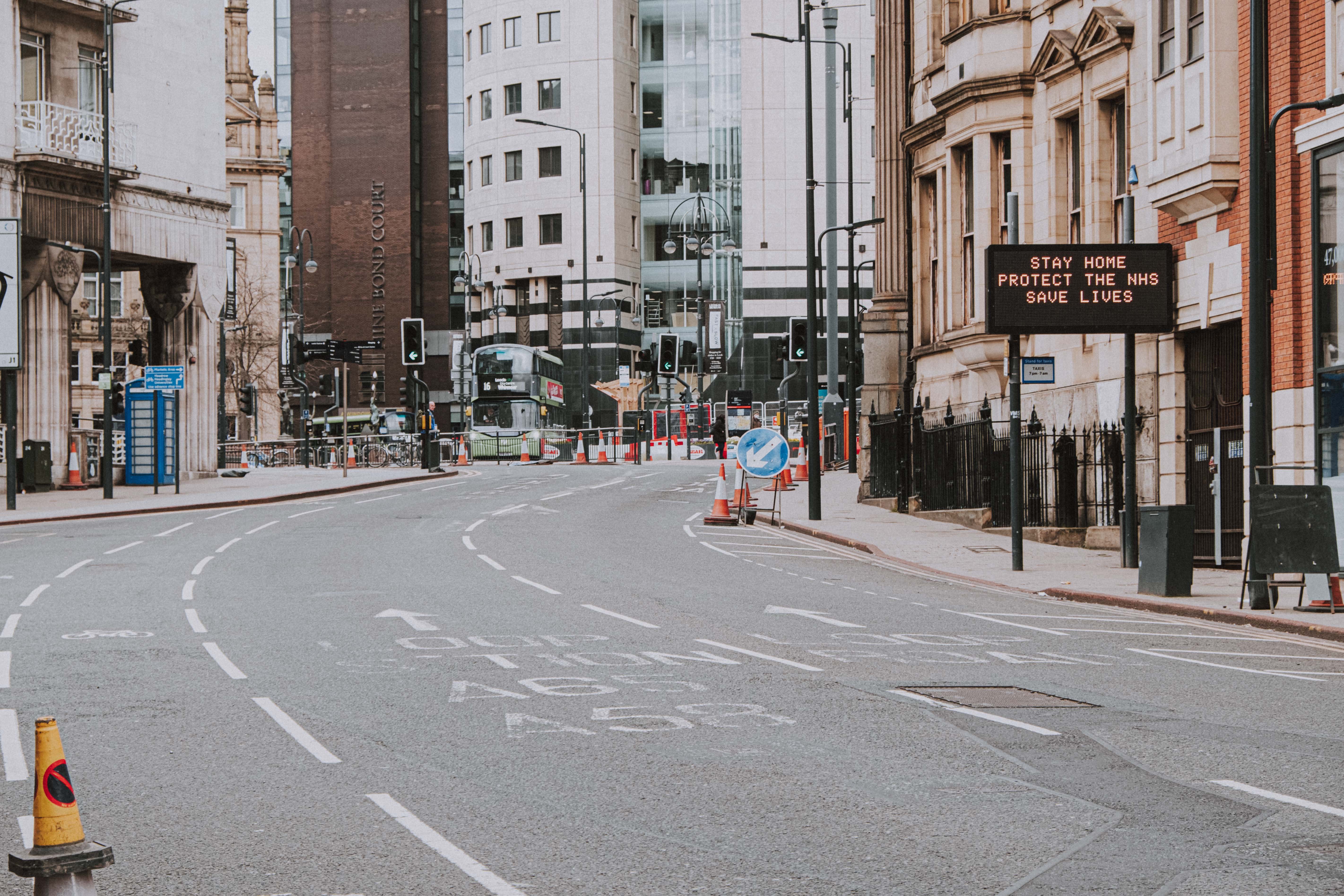
Our Covid-19 Tracker charts the changing daily attitudes and behaviours of 1000s of global consumers – capturing real customer voice and forecasting future consumer trends.

Mental Health
• Another week of fear and sadness – anxiety levels average at over 70%. The UK, US and France experience the worst levels of anxiety as infection rates soar.
• Negativity continues to dominate feelings. Sentiment towards the new Covid-19 world is negative in anecdotal responses – ranging from 50% to 83% across communities.
• Worries about family members catching the virus continues to be the number one concern.
• Financial worries are becoming more prevalent in Brazil and Italy.

Shopping
• Online Shopping continues to increase across the majority of our communities.
• Stockpiling begins to stagnate or decline across all our European communities. This is not the case in the US, however, where over 70% of our community members have stockpiled this week (an increase of 28% week-on-week).
• Long-life products and essentials remain most common items in the basket.

‘New Normal’
• Facing this ‘new normal’ continues to drive significant changes in day-to-day behaviour.
• Leveraging technology (video calls, PC, online streaming) his on the rise across all our communities.
• Users across all communities report spending more time with family, exploring more new brands, and appreciating the little things in life more as their goals for a post Covid-19 world.

Social Distancing and Isolation
• Social distancing and staying at home continue to bring positives – with over 80% of our users finding it easy.
• Spending time with family continues to be top of the list when it comes to positives.
• Despite this, people continue to feel trapped and miss contact with other friends and family members.
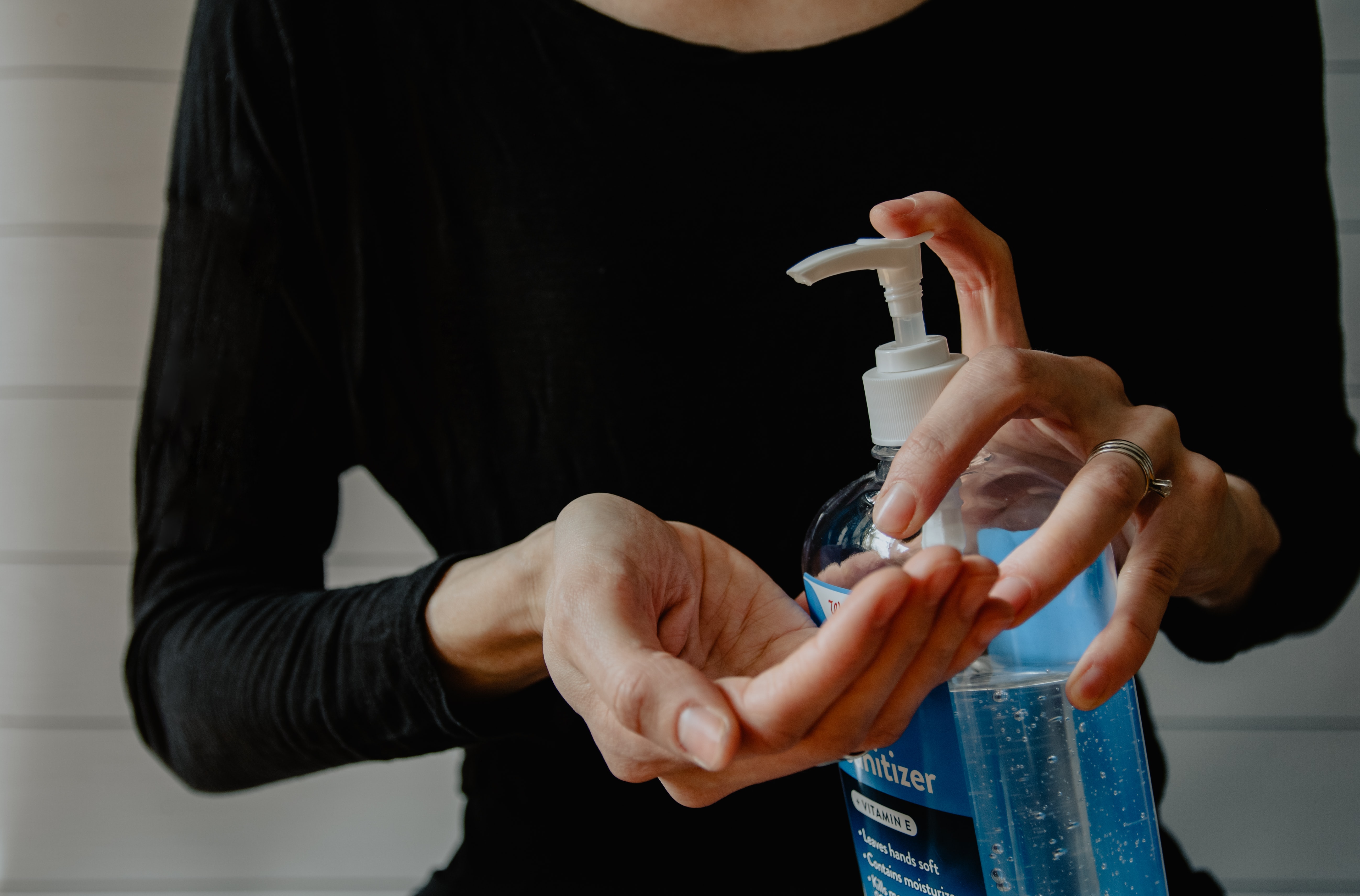
Our Covid-19 Tracker charts the changing daily attitudes and behaviours of 1000s of global consumers – capturing real customer voice and forecasting future consumer trends.

Mental Health
• Fear and sadness occupy the minds of our community – with average anxiety levels at 70%.
• Negativity dominates feelings – with an average 72% of anecdotal responses reporting negative sentiment towards the virus.
• Concerns about catching the virus or a family member being infected are top of the mind – followed by financial worries.

Shopping
• The growth of online shopping continues. For UK shoppers, this is comparatively low due to large wait times across online services. For markets such as Brazil and Canada these numbers are much higher.
• Our communities are also stockpiling more and exploring new brands due to the lack of availability of their staple items.
• Buying essentials, canned goods and long-life food is also on the rise.

‘New Normal’
• Leveraging technology (video calls, PC, online streaming) has been on the rise across the majority of our communities.
• Other, more traditional activities, such as reading, crafting and cooking are also on the rise.
• Covid-19 brings significant learnings, with many members of our community planning to change their focus when the coronavirus pandemic is over (e.g. more time with family, exploring more new brands, appreciating the little things in life more).

Social Distancing and Isolation
• Social distancing and staying at home also bring positives to day-to-day lives. Over 80% of people in the across our communities find it relatively easy.
• We have also observed a number of positives – with spending more time with family being the top of the list.
• Nevertheless, some people feel trapped and miss contact with other friends and family members.
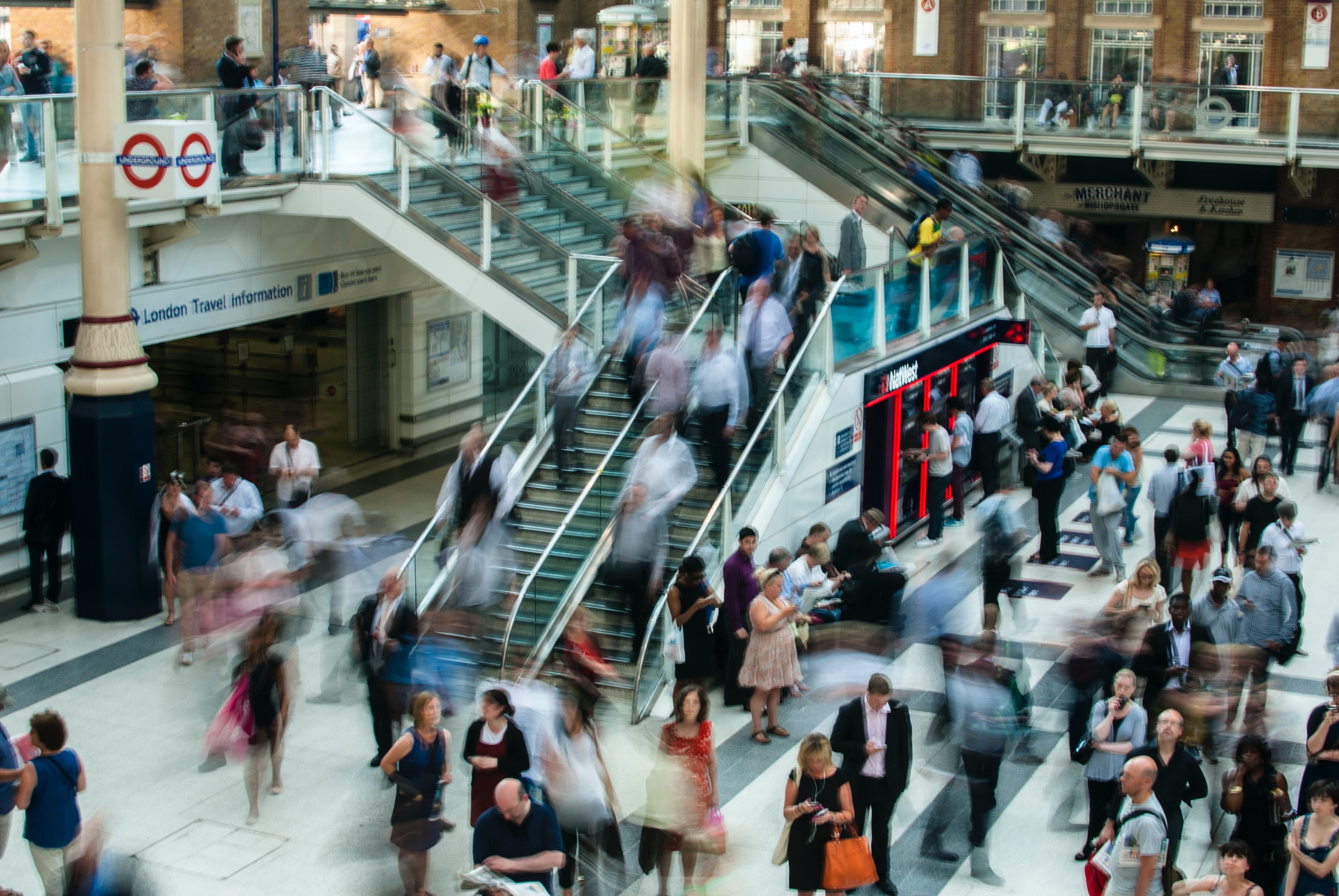
With each passing day, headlines surrounding the coronavirus seem to be getting more and more alarming. In the UK, we’re seeing public health advice about self-isolation, businesses making plans for remote working and the threat of schools and colleges being closed. News channels tell us that global stock markets are reporting record lows, international trade deals are being compromised and certain countries are planning bans on public gatherings. While the outbreak is yet to be confirmed as a pandemic, there’s no doubt that it is affecting the lives of millions across the globe.
One of the most widely publicised phenomena surrounding coronavirus is the panic buying of certain foods and household goods. This weekend, the Guardian reported seeing a 12-pack of handwash bottles (each bottle usually being priced at £1.29) on sale on Amazon for £150, and told us that delivery firm Ocado has asked shoppers to place orders early due to ‘exceptionally high demand’. Elsewhere, we are hearing that hand sanitiser prices on eBay have shot up by twenty times, and Tesco is restricting sales of essential food and household products – with shoppers limited to buying no more than five at a time of things like sanitiser, long-life milk and tinned veg.
With all this in mind, we asked our global community about the kind of impact the coronavirus is having on their day-to-day lives… And how they’re feeling, behaving and reacting to the atmosphere of alarm and nervousness both in the news and in public life.

Pandemic of fear
Seventy-five percent of our community is either worried, or very worried about coronavirus. Contagious and with no vaccine, COVID-19 has created a fear of contact with other people – and it’s left elements of our community with feelings of fear and isolation. When asked directly how coronavirus has made them feel, we saw a prevalence of words like ‘anxiety’, ‘negative’, and ‘worried’ – and a community living in fear of contact with their fellow humans.
“Unfortunately, coronavirus has greatly influenced my way of life and that of others. I have adopted several ways of precaution, the same that have been recommended by the media. Stay at a certain distance from people, avoid physical contact such as kisses, hugs and handshakes, (and) avoid very crowded places. This, however, negatively influences the daily lives of each of us, because in this way we are not free to socialize… It isolates us.” Bulbshare user 🇮🇹
“You have to be patient and have an open and very positive mind because sometimes you get sick from the negativity and everything that they say in the news… You will get sick just thinking about it.” Bulbshare user 🇲🇽
“I have small children and therefore I am very worried while they still do not know the treatment for this disease. There are already so many deaths around the world and this disease continues to progress.” Bulbshare user 🇷🇺

Hygiene focus
These collective feelings of anxiety and fear are having a very real impact on how our community is behaving. 39% of our respondents plan to avoid large groups of people over the coming weeks, while 34% will avoid public transport, and 25% will postpone or change travel plans.
Unsurprisingly, hygiene is top of our community’s minds. Washing their hands more than ever, avoiding contact with others, wearing plastic gloves when in public and self-isolating at the first sign of illness are all top of the agenda – and hand sanitizer is the product of choice when it comes to shopping.
“Absolutely, this virus has greatly impacted my routine of doing things, starting with reducing the number of business trips I make – plus having to live under tight measures with fear.” Bulbshare user 🇺🇸
“Avoid (busy) places, do not say hello or kiss, bring a mask, wash my hands frequently, if necessary, stay in house.” Bulbshare user 🇲🇽
“I use hand sanitizer every day. I wear (a) face mask each time I go outside. I make sure to not touch surfaces that people often touch.” Bulbshare user 🇲🇾
“I carry out my life regularly, but I try to observe the sanitation rules more closely and I am avoiding going to closed and crowded places if not strictly necessary.” Bulbshare user 🇮🇹

Impact on shopping
Nearly 40% of our respondents say the coronavirus has affected the way they shop – with 36% saying they will be avoiding supermarkets and shopping online and 37% avoiding produce from overseas (the words ‘China’ and imports’ loomed large in our word cloud). 34% of our community will be stocking up on non-perishable products, while 27% will be avoiding meat.
The main things mentioned by our community are cleaning products and non-perishable foods such as canned goods, pasta and rice and frozen vegetables. While motivations behind stockpiling are a mix of fear of supermarket shelves running low on essential items (some report already seeing this), plus concerns around having to stay in isolation for extended periods with no access to shops.
“Stockpiling on non-perishables and household items like toilet paper, cleaning supplies like bleach, as well as soap and hand sanitizer.” Bulbshare user 🇨🇦
“I am stocking up on food and on other consumables, such as cleaning materials and toiletries, that I wouldn’t want to be without. My aim is to be able to get by for a month without having to go shopping – if it becomes necessary for me to stay at home.” Bulbshare user 🇬🇧
“When it comes to coronavirus, I try not to panic. However, due to the fact that I noticed that there are significant shortages on store shelves, I also decided to stock up on buying a few kilograms of flour, a few packets of pasta and sauces in a jar, ham and sausages in cans and jars, rice, and a few kilograms of frozen vegetables and fruit. The plans for weekend shopping also include the purchase of several five-litre bottles of water just in case.” Bulbshare user 🇵🇱
‘Don’t panic’ sceptics
While the majority of our community are concerned about the coronavirus and changing their behaviour accordingly, there is a notable contingent who are going about business as usual and feel that many are panicking unnecessarily. These people may be washing their hands more, but are not changing the way they shop, and are certainly not stockpiling. And there are some who feel that over-reporting of the virus has led to feelings of unneeded nervousness and overly drastic behaviour.
“I have not done anything different. I think we are at a very low risk as we usually stay in our local area, have not been in contact with overseas travellers, and (I) definitely will not indulge in panic buying.” Bulbshare user 🇵🇱
“Nope, carry on living. The only difference is that I have to work around people who are panicking.” Bulbshare user 🇬🇧
“I haven’t done anything differently since finding out about coronavirus. I think a lot of people are over panicking… The media need to stop scaremongering.” Bulbshare user 🇬🇧
Stay in touch with Bulbshare for continued reports around global reactions to the coronavirus over the coming weeks.

Edelmen published its 2020 Trust Barometer earlier this year and to put it bluntly, the results weren’t good. The news is that consumer trust is still super low; and that continued economic uncertainty has meant a growing mistrust of institutions such as governments, media, global companies and brands.
The research consultancy reported that both job insecurity and wealth inequality continue to grow – meaning widespread and ‘deep-seated fears about the future’ among global consumers. Factors such as the continued threat of another global recession, the onset of climate change and the rise of far-right politicians have meant heightened scepticism around everything from party politics to brand marketing campaigns. In short, gaining trust has never been more difficult.
Edelmen’s advice is to embrace a whole new strategy for building trust: ‘balancing competence with ethical behaviour’. With this in mind, we asked our global community what they believe brands can do to buck the trend, and become a trusted friend to their legions of potential customers…

As ever, our global community answered emphatically and from their list of responses, we’ve compiled a ten-step toolkit to building consumer trust…
1. Show your workings
Our community trust brands that are open, honest and transparent about everything they do. In the light of some major global brands being exposed for ‘greenwashing’ (making misleading claims about their own sustainable credentials), it’s more important than ever that marketing messages are rooted in genuine actions.
“Be real about the supply chain and products used. Lying about bring ‘sustainable’ is more damaging to their reputation than using the (wrong) products in the first place…” Bulbshare user 🇦🇺
“For sure they could give tangible proof of what they do… It is not enough for me to hear their statements, I would appreciate having the instruments to see proof of what they say they are doing. If a company says that they will plant a tree for every 100 t-shirts sold, I would love a kind of Google Earth of the zone where they are doing it in order to see if the green area grows or not…” Bulbshare user 🇬🇧
2. Quality, heritage, tradition
The word ‘quality’ cropped up time and time again in our survey, with our community telling us that products and services rooted in tradition, heritage and provenance are key to building a brand’s reputation.
“I trust the brands that produce quality products. I could mention Italian food brands such as La Molisana or Rummo Pasta… In fact, there are many Italian food brands that present artisan products that reflect the authenticity of the territory.” Bulbshare user 🇮🇹

3. Be ethical
Ethics is still key, with both younger and older consumers continuing to place massive importance on genuine moral and social purpose. Check out our community’s Purpose Power report for ten brands admired by our community for their ethical stance and actions.
“The brand I really trust is Toyota. This company really cares about the environment and the future of our planet. It is no coincidence that this company leads the rankings of the most ethical companies in the world. I feel proud that I own a car of this brand.” Bulbshare user 🇷🇺
4. Listen to your customers, collaborate and co-create
A recent report from research firm Iris identified ‘participation brands’ as those that involve their consumers in their creative and marketing processes, saying that these brands ‘outperform the market, drive advocacy and command a premium’. Our community couldn’t agree more, consistently telling us how ‘being involved’ is the most powerful way to build trust. Check out our toolkit on How to Become a Participation Brand for a step-by-step guide to putting customer voice into the heart of your operations.

5. CX is king
Believe it or not, brands are STILL getting customer experience very wrong. And bad CX was mentioned time and time again in our survey. Read our report on Co-creating your Customer Experience for everything you need to know about putting customers in the driving seat when it comes to CX.
6. Be local
As reported in our Active Altruism piece, our community values brands that support their local communities. If you want to build trust, looking after your own is a simple way to get there. Invest in local community projects, source locally and partner with other local businesses.
“Co-op is trustworthy. It does so much for the local community… British products and local suppliers are great for our economy.” Bulbshare user 🇬🇧
7. Choose a cause
Our community gets behind brands that are vocal about the causes they support. Our Moral Brands report shows how our community trusts organisations that put causes at the heart of their messaging and publish the real-life work that they are doing.
“The brand that I trust is Lucozade as in the summer of 2019 to get the nation behind England’s Women’s team, Lucozade Sport rewrote the unofficial anthem of the World Cup ‘Three Lions’ as a powerful testament that expresses the trials and tribulations of overcoming prejudices against women in sport.” Bulbshare user 🇬🇧

8. Honesty is the best policy
It sounds obvious, but our community doesn’t trust brands that lie. If you’re going to make big claims about your moral and social integrity, make sure they’re impervious to scrutiny. Modern consumers are savvy and will spot a half-truth a mile off. Honesty is paramount for our consumers.
“They must be honest first of all! If they write that there is no sugar, then I want no sugar. A customer must know what they are really buying.” Bulbshare user 🇵🇱
“Be honest and truly do what they say, instead of showing fake facts to prove they are good when they are not.” Bulbshare user 🇮🇹
9. Be consistent
Consistency is key. Our community has told us how scattergun campaigns supporting multiple causes are confusing and don’t feel authentic. To build trust, brands need to pick one cause and champion it consistently throughout everything they do.
“Be consistent and have a strong message that they follow and inspire others to as well…” Bulbshare user 🇬🇧
10. Save the world
It goes without saying that modern brands are expected to be morally and socially responsible. But in an era when governments are widely considered to be falling short on tackling global problems such as wealth inequality and climate change, it falls to brands to help save the world.
“(I trust) companies looking for the best solutions to overcome the problems that grip the planet and its delicate life cycle and struggles.” Bulbshare user 🇮🇹
“Brands should organise the recycling of garbage that remains after using their products, as well as directly offering their customers the opportunity to bring garbage for recycling. This responsibility to people and nature is worthy of respect and determines the authenticity of the brand.” Bulbshare user 🇬🇧